HyPT-3 2023
The third International Forum on Hydrogen Production Technologies (HyPT-3), was held virtually from Tues Sept 12 to Fri Sept 15, 2023.
Follow-up to our very successful Hydrogen Production Technologies (HyPT-2) forums held in 2019 and 2021. HyPT-3 continued to explore, in depth, a range of current and emerging zero carbon emission (CO2-free) hydrogen production technologies, with world-leaders from industry, research and government agencies, keen to accelerate opportunities for low-cost hydrogen production.
Each topic was repeated twice (A & B) for different time zones with 90 min sessions with 3 x 20 min Keynote speakers followed by 30 mins discussion with 2 Panellists.
Recordings of each session now publicly available
The forum presented an in-depth overview of a range of current and emerging zero carbon emission (CO2-free) hydrogen production technologies and will explore through expert opinion and discussion, the different technologies, with emphasis on:
- Appraisal of current technologies, projections and limitations.
- Challenges and limitations of emerging technologies, and barriers leading to cost reduction
- Consideration of system integration, scale-up and effectiveness, as well as life-cycle analysis.
The HyPT-3 forum was organised by the Centre for Energy Technology at the University of Adelaide.
The forum will be divided into the following 7 themed sessions:
- Large-scale electrolysers - limitations and future prospects
- Emerging electrolysis technology
- Hydrogen from natural gas
- Thermochemical processes
- Hydrogen from bioresources and waste
- Photo-electrochemical (PEC) and photocatalysis (PC)
- Natural Hydrogen
Each technical session focused on a related class of technology with extensive discussion time being allocated to address the following specific questions:
Advantages (Potential):
-
Can each of the technologies achieve hydrogen production that is internationally competitive over the current benchmark of electrolysis?
Challenges:
- What are the key challenges and limitations to the uptake of each technology (including technology development, upscaling, de-risking, resource and storage variability, cost trajectories and sensitivities)?
Pathway:
- What industry-specific or market-specific drivers exist for each of the technologies?
- What knowledge can be gained from exemplars or case studies in related industries?
The HyPT-3 Forum was supported by a dedicated international steering committee and local organising committee.
International Steering Committee
-
Prof Alberto Abánades (UPMadrid)
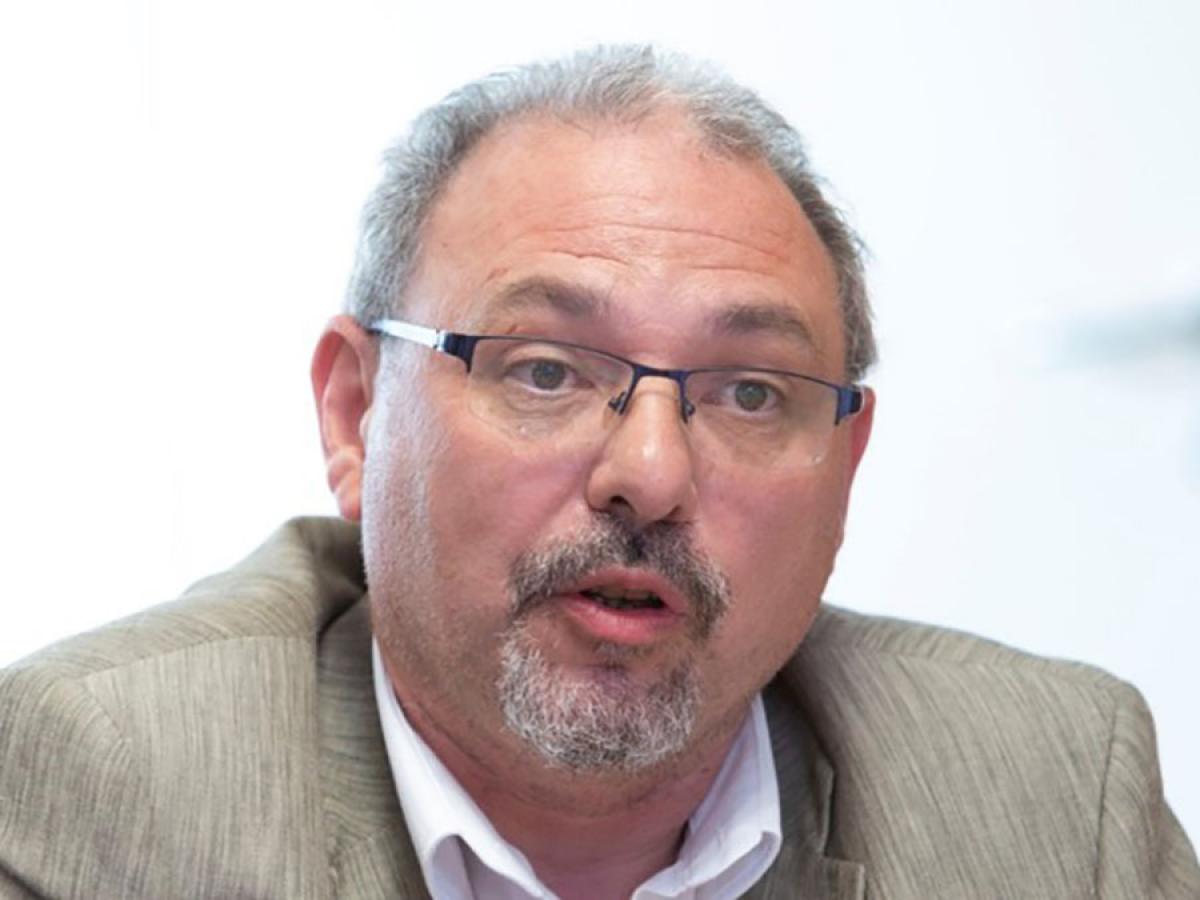
Full Professor of the Department of Energy Engineering of the ETSII-UPM, and deputy director of master's and doctoral programs at the ETSII from April 2018 to April 2022. Director of the Department of Energy Engineering of the UPM since December, 2022.
After a 2-year stay at CERN (Geneva), integrated into the team of Nobel Prize Laureate Prof. Rubbia , he was project manager at LAESA, a company founded for the development of the Energy Amplifier. He was a collaborator from March 2012 to October 2015 at the Institute for Advanced Sustainability Studies, in Potsdam (Germany), as coordinator of the research area on the use of fossil fuels through their transformation into Hydrogen without greenhouse gas emissions.
He currently develops his teaching and research activity in the field of Thermal Machines and Engines, also participating as a speaker in specialized courses, conferences and technological developments related to energy, thermal systems, concentrated solar thermal energy, as well as in research in technologies Hydrogen generation as methane pyrolysis, and transmutation of radioactive waste.
Related to various aspects of the world of energy (renewable, nuclear, hydrogen), Dr Abánades has 17 patents, 59 publications in international journals of impact, 92 presentations at international and national conferences, 7 chapters of scientific books and has directed 8 doctoral theses. Dr Abánades is in the ranking of the Stanford University’s Top 2% Scientists.
-
Dr Ashley Roberts (EPRI, USA)
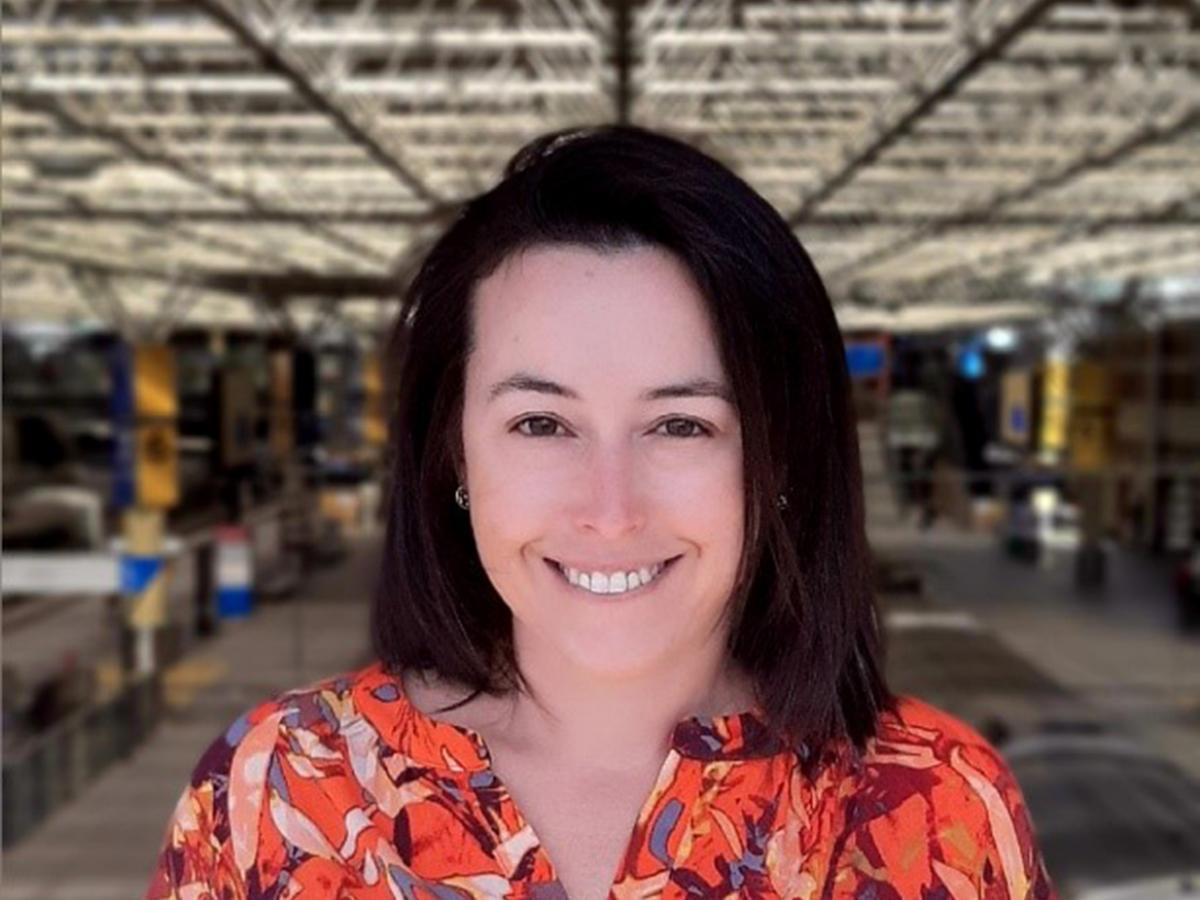
Dr. Ashley Roberts evaluates technical and commercial aspects of low-emission energy technologies and developments. She is particularly interested in the commercialisation of new technologies and applying insights from life cycle assessments to guide critical, early-stage investment and policy decisions.
Ashley holds a PhD in Materials Science from Monash University and a dual MBA/MS in Engineering Physics from Appalachian State University. She has worked as a research scientist, business strategist, energy analyst, and commercialisation officer for industry, government, and start-ups in Australia, Europe, and the USA.
Ashley recently joined the Electric Power Research Institute (EPRI) as a Senior Technical Leader. EPRI’s Low-Carbon Resources Initiative (LCRI) is targeting advances in the production, distribution, and application of low-carbon, alternative energy carriers and the cross-cutting technologies that enable their integration at scale.
-
Prof Christian Sattler (German Aerospace Center, DLR)
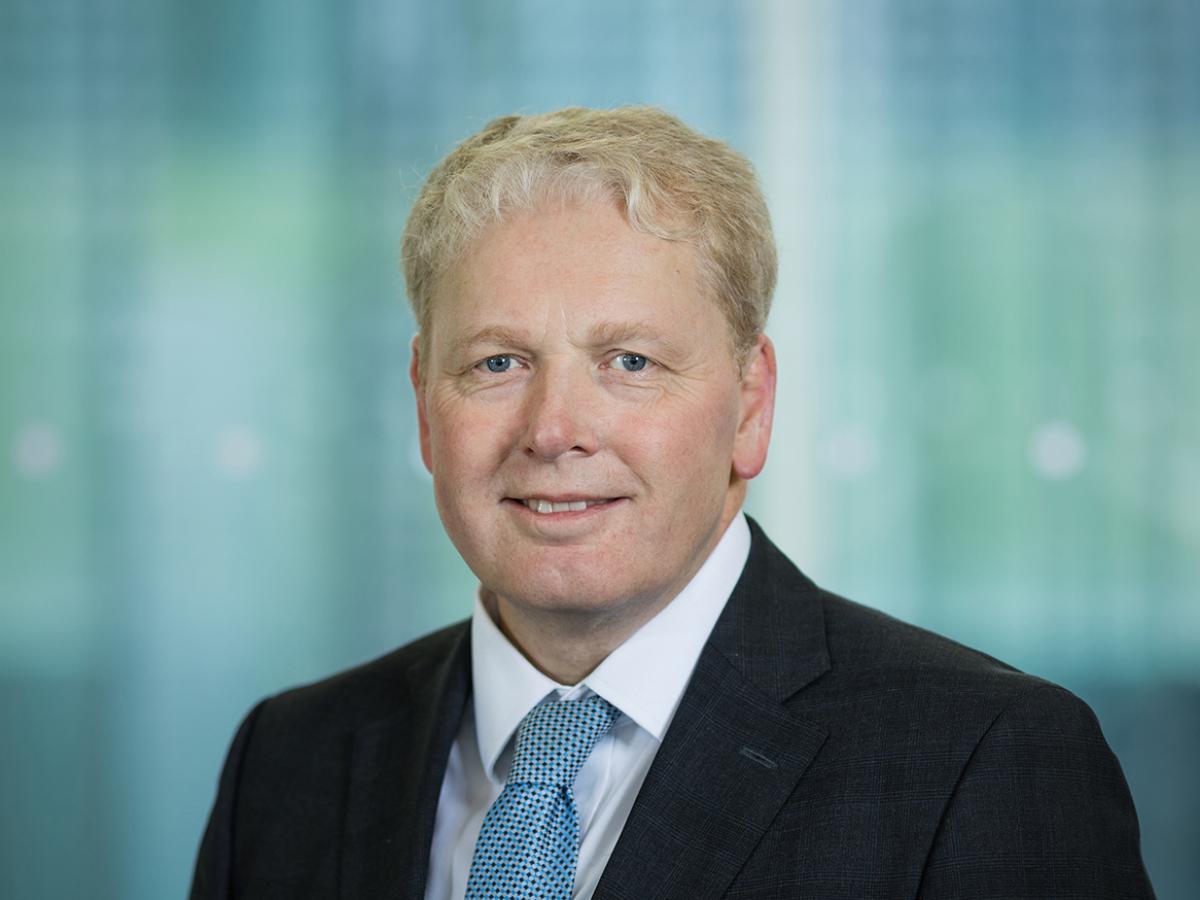
Professor Christian Sattler studied chemistry at the University of Bonn, Germany. He is Acting Divisional Board Member for Energy and Transport of the German Aerospace Center (DLR), Director of DLR’s Institute of Future Fuels, and Professor for solar fuel production at RWTH Aachen University, Germany.
Professor Sattler serves as Vice President of the Association Hydrogen Europe Research representing the European research institutions in the European Clean Hydrogen Partnership. He is the national representative to tasks of the IEA’s SolarPACES Implementing Agreement, and member of the ASME’s Clean Energy Technical Group.
-
Diana Raine (Smart Hydrogen Consulting)
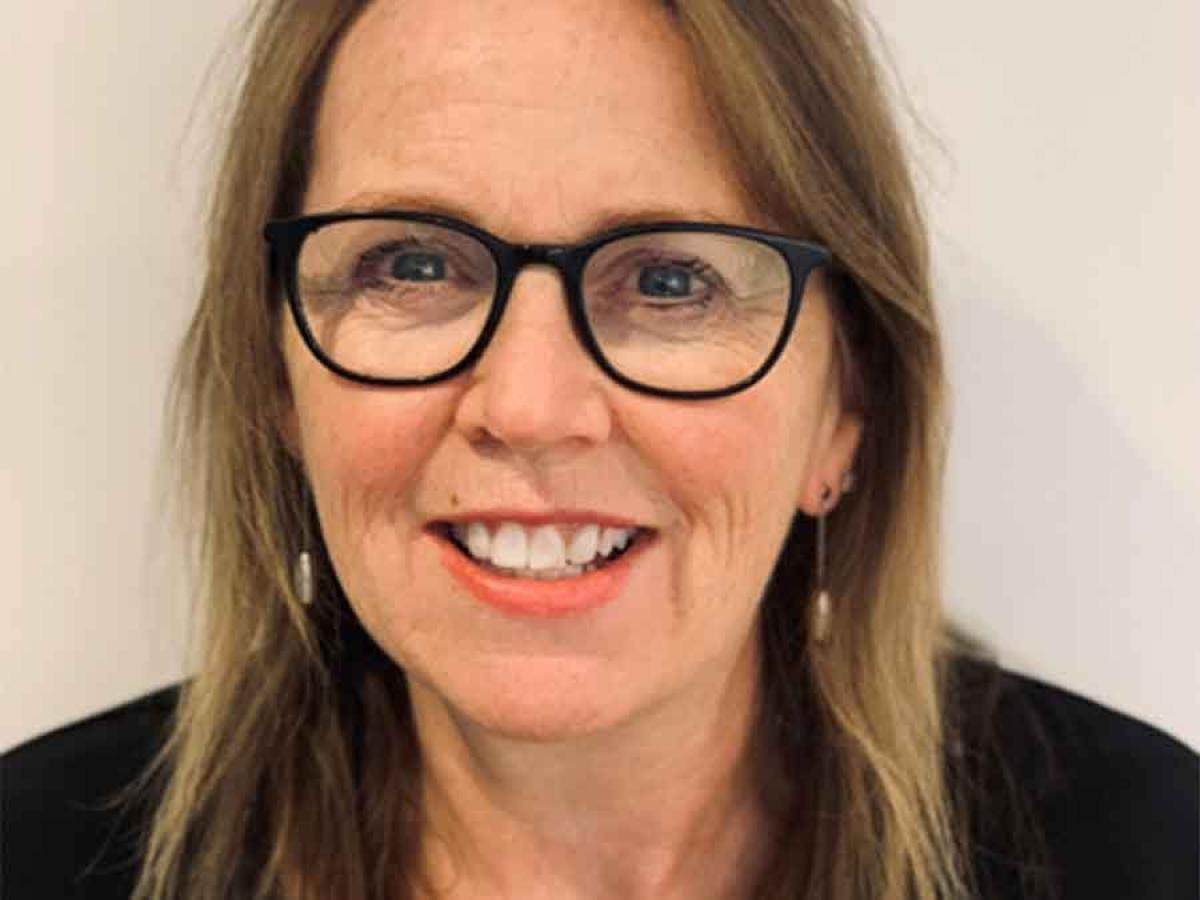
Diana Raine is the Managing Director of Smart Hydrogen Consulting. She has worked in the hydrogen energy industry for the past 20 years and understands the challenges involved in shifting from a world dominated by fossil fuels to one where clean hydrogen has an important role to play. She has developed and delivered flagship hydrogen energy projects of significant scale in the UK and Europe, including collaborative funded projects.
A respected board member, she provides consultancy services for a broad range of clients right across the hydrogen value chain, from start-ups to multi-nationals, offering guidance on and analysis of the energy transition, bringing a pragmatic view to realising the social benefits and market opportunities it presents.
-
Dr Edgardo Coda Zabetta (Sumitomo SHI FW)
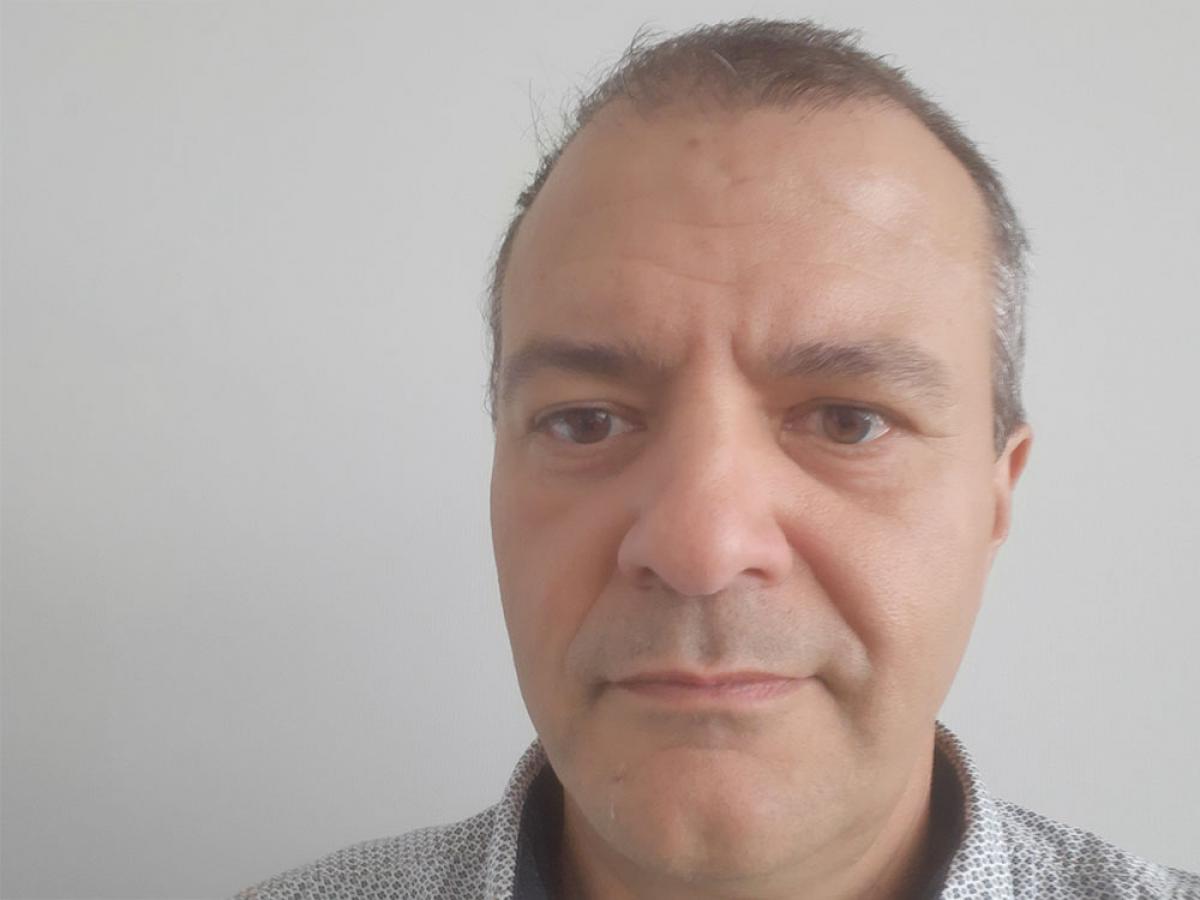
Dr Edgardo Coda Zabetta graduated in Energy Technology at Genoa University (Italy) in 1997.
He has a PhD in Combustion Chemistry from Åbo Akademi University (Finland) in 2002. Having joined Foster Wheeler as Research Specialist in 2006, he then continued as R&D manager in Combustion Chemistry and Materials and is now the director of R&D and Patents since 2014 in Foster Wheeler, which became AMEC Foster Wheeler, and ultimately Sumitomo SHI FW.
-
Prof Ellen Stechel (ASU)
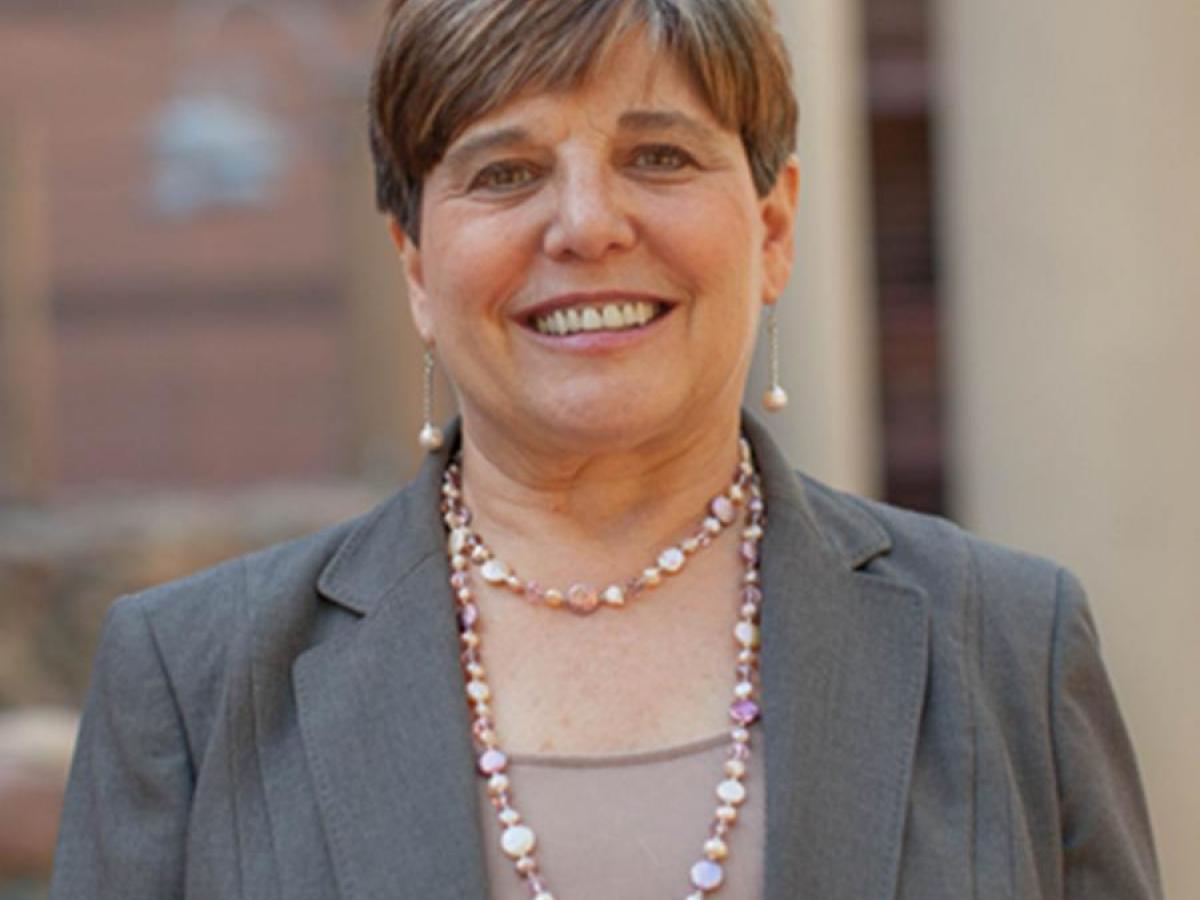
Ellen B. Stechel is Co-Director, ASU LightWorks®; Professor of Practice, Molecular Sciences; and Senior Sustainability Scientist, Julie Ann Wrigley Global Futures Lab, and Fellow in the Institute for the Future of Innovation in Society. She has built and coordinated research programs at a national laboratory, in the automotive industry; at a U.S. government agency; and now in academia. Her current research focuses on materials and systems design for concentrating solar technologies for producing sustainable liquid hydrocarbons from carbon dioxide, hydrogen from advanced water splitting, clean water, renewable ammonia, and for thermochemical energy storage.
Dr Stechel holds numerous positions of an advisory or editorial capacity, nationally and internationally, and has published over 100 peer reviewed articles. Recently a project team, in which she is a co-PI, won the U.S. Department of Energy 2021 R&D award for Hydrogen Production Technologies.
-
Dr Enoch Dames (Monolith)
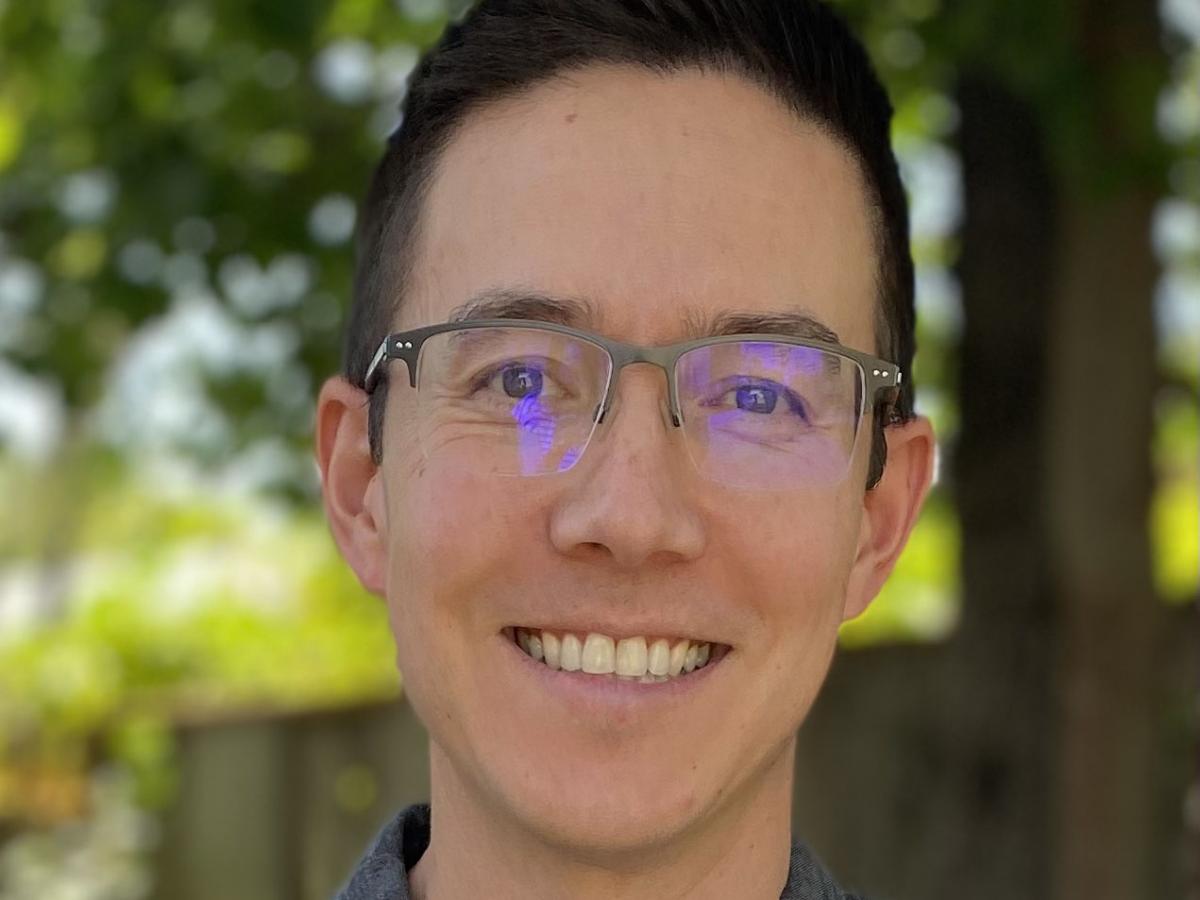
Dr. Dames is the manager of Reactor R&D at Monolith and leads teams of engineers and scientists responsible for furthering technology, processes, and product offerings via plasma processing of hydrocarbons.
He is based in California, USA.
-
A/Prof Fiona Beck (Australian National University)
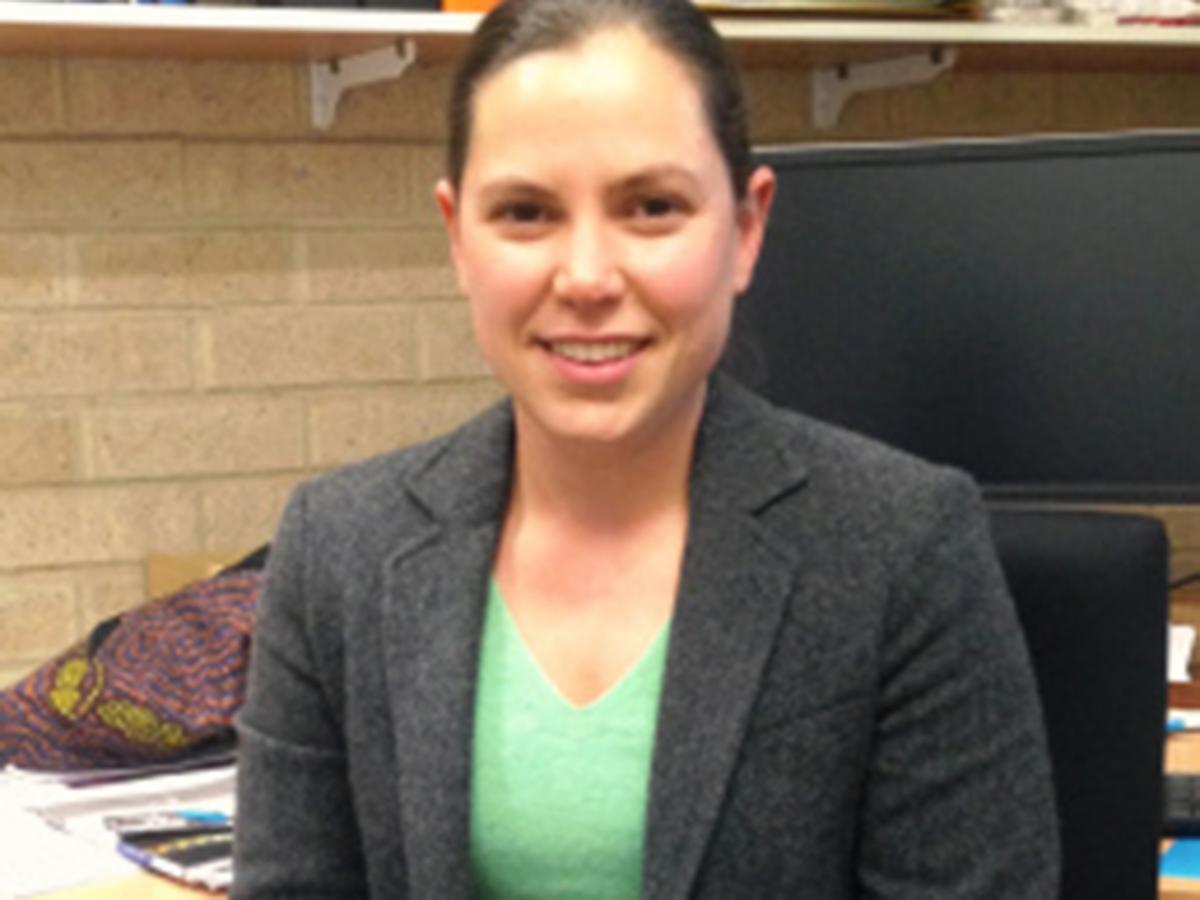
A/Prof Beck leads a research group at the School of Engineering, working to leverage a deeper understanding of light-matter interactions on the nanoscale for application in renewable energy, carbon dioxide reduction, and solar fuel applications. Her technical work has been published in high impact journals and cited >3000 times.
She is also the Convenor of the Hydrogen Fuels project for ZCEAP - ANU’s Zero-Carbon Energy for the Asia-Pacific, Grand Challenge, working with a transdisciplinary team from across ANU to help transform Australia into a leading exporter of renewable fuels in our region. In this role she has contributed significantly to the national conversation on new, zero-carbon industries and exports for Australia, through outreach, academic publications, submissions to government, and contributions in National and International media.
A/Prof has a background in applied physics (MSci 2006, University of Glasgow) and engineering (PhD 2011, ANU), and has previously held prestigious international fellowships including a Marie Curie Fellowship from the European Commission (IIF, 2012), and a Discovery Early Career Researcher Award (DECRA, 2018) from the Australian Research Council.
-
Prof Francois Aguey-Zinsou (USyd)
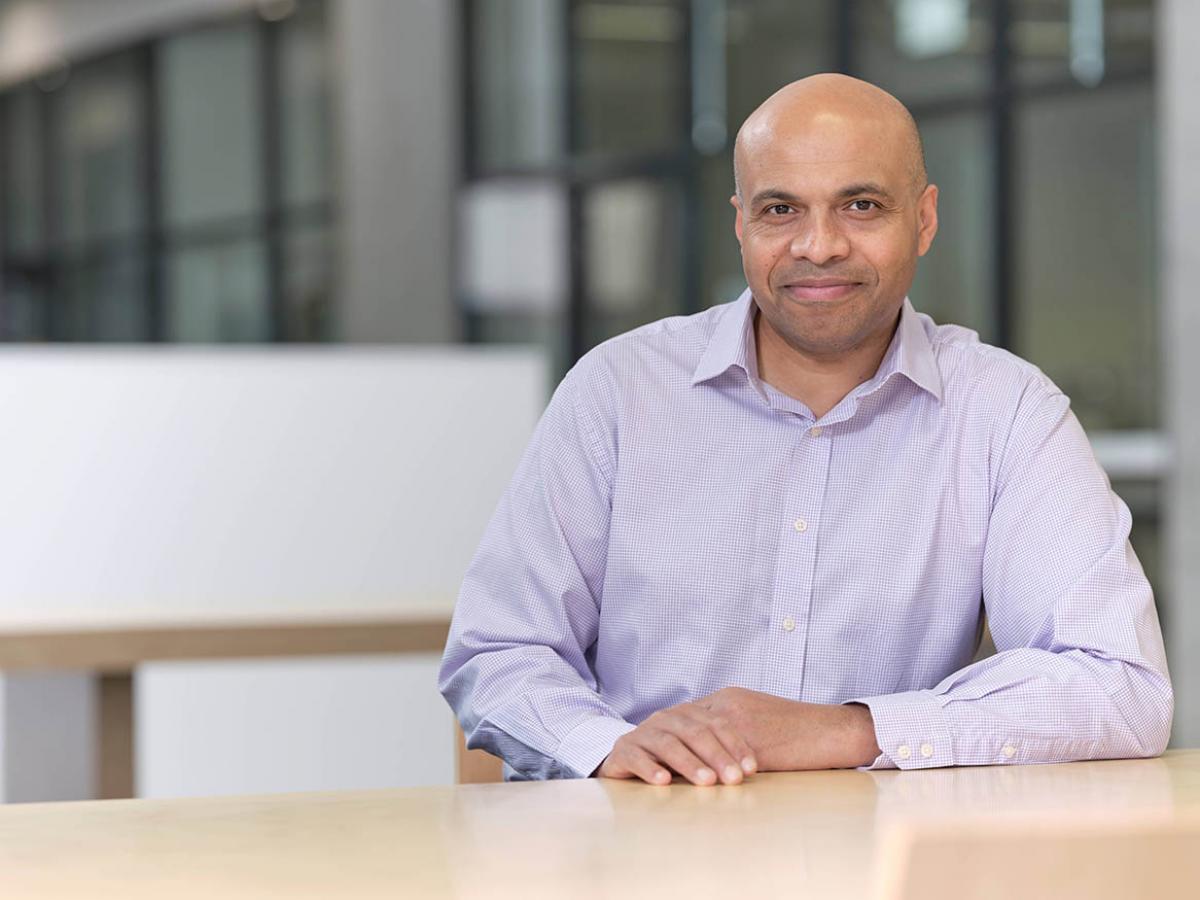
Francois Aguey-Zinsou is Professor of Chemistry at the University of Sydney, where he leads the MERLin (Materials Energy Research Laboratory in nanoscale) group – School of Chemistry and with 20 years’ experience one of the leading experts in hydrogen technologies advising many key stakeholders including as part of the ISGP hydrogen future pathways.
Francois Aguey-Zinsou is Vice-President of the Australian French Association for Research and Innovation, Co-director of the Australian-French Research Network FACES and the ARC Training Centre for Hydrogen GlobH2E. He is also the President and CTO of H2potential.
-
Dr Hanna Breunig (LBNL)
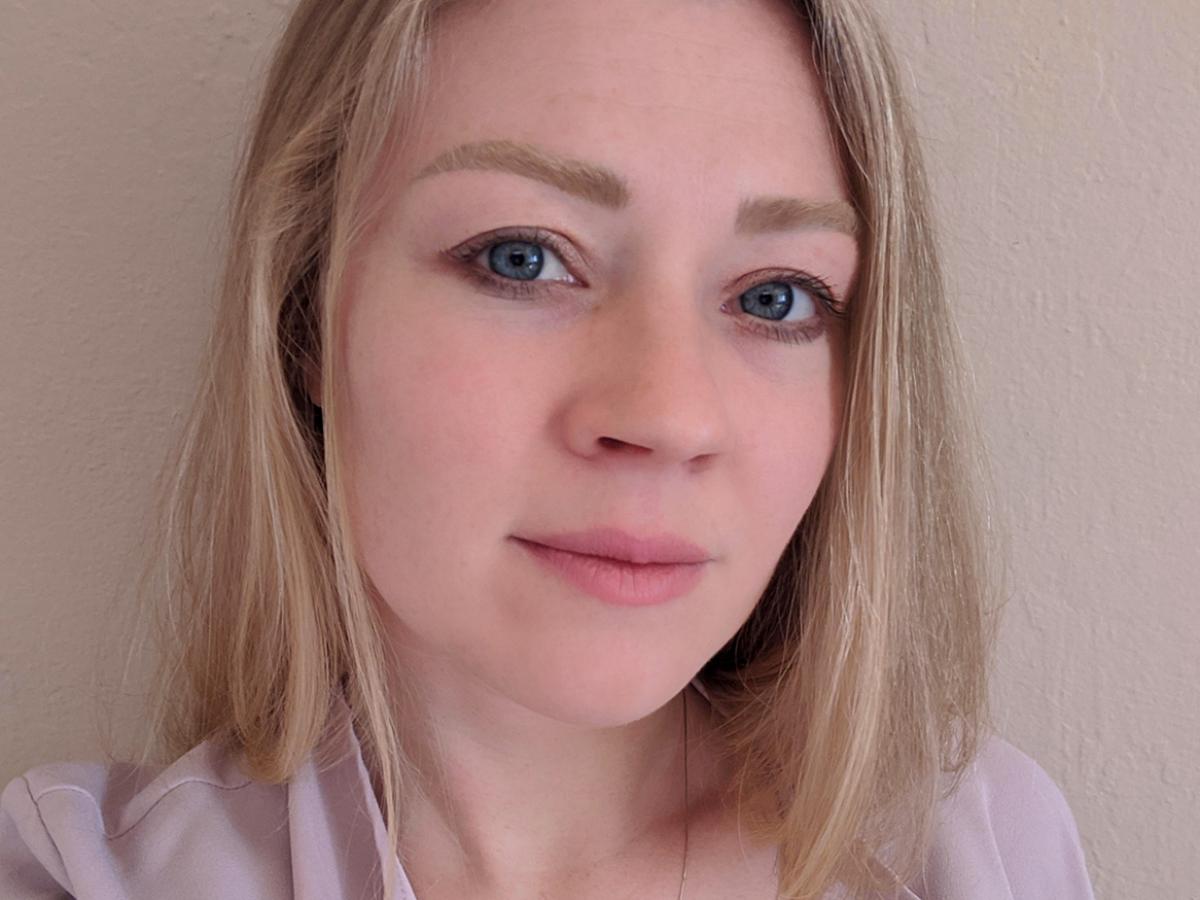
Dr. Hanna Breunig is a Research Scientist and Deputy-Head of the Sustainable Energy and Environmental Systems Department in the Energy Analysis and Environmental Impacts Division. She holds a secondary joint appointment in the Earth Systems and Society Domain in the Climate and Ecosystem Science Division. Hanna specializes in techno-economic analysis, process modelling, market analysis, and environmental and human health impact assessment (life-cycle assessment) of emerging energy and negative emissions technologies.
These include high temperature thermal energy storage, bioenergy, enhanced weathering, and gas (H2, CO2, CH4) capture, production, storage, utilization, and management technologies. She holds a B.Sc. in Environmental Engineering from Cornell University and an M.Sc. and Ph.D. in Civil and Environmental Engineering from UC Berkeley.
-
Mr Jean-Louis Kindler (Ways2H)
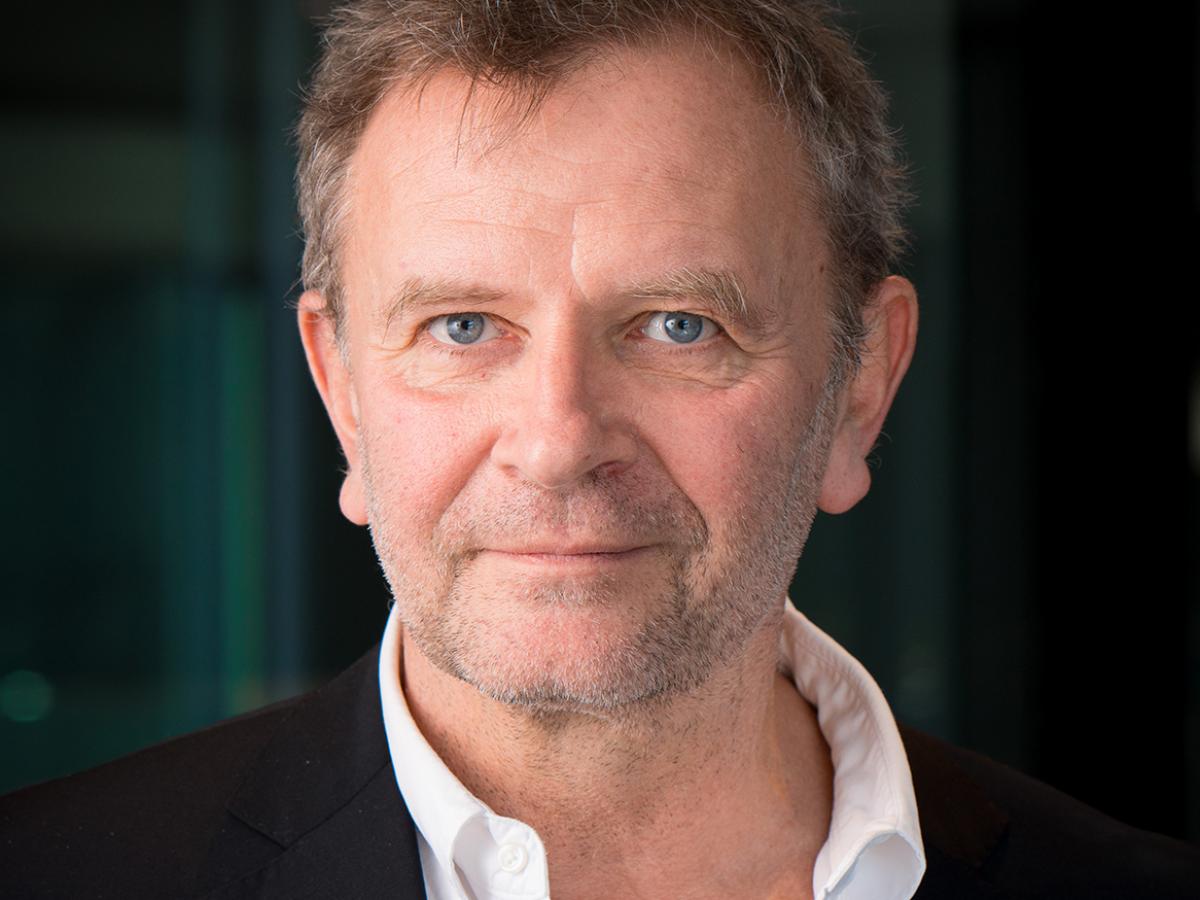
Jean-Louis Kindler is CEO of Ways2H, a leading commercial provider of Waste-to-Hydrogen solutions for mobility and grid applications. Jean-Louis and his team are developing projects that transform the world’s worst waste - MSW, plastics, medical refuse - into clean energy and fuel.
A 30-year veteran of the cleantech industry with work experience in Europe, Asia and North America, Jean-Louis led the development of various technologies including electrochemical water treatment, bio-based waste-to-energy as well as fuel cell components manufacturing.
-
Dr Jenny Hayward (CSIRO)
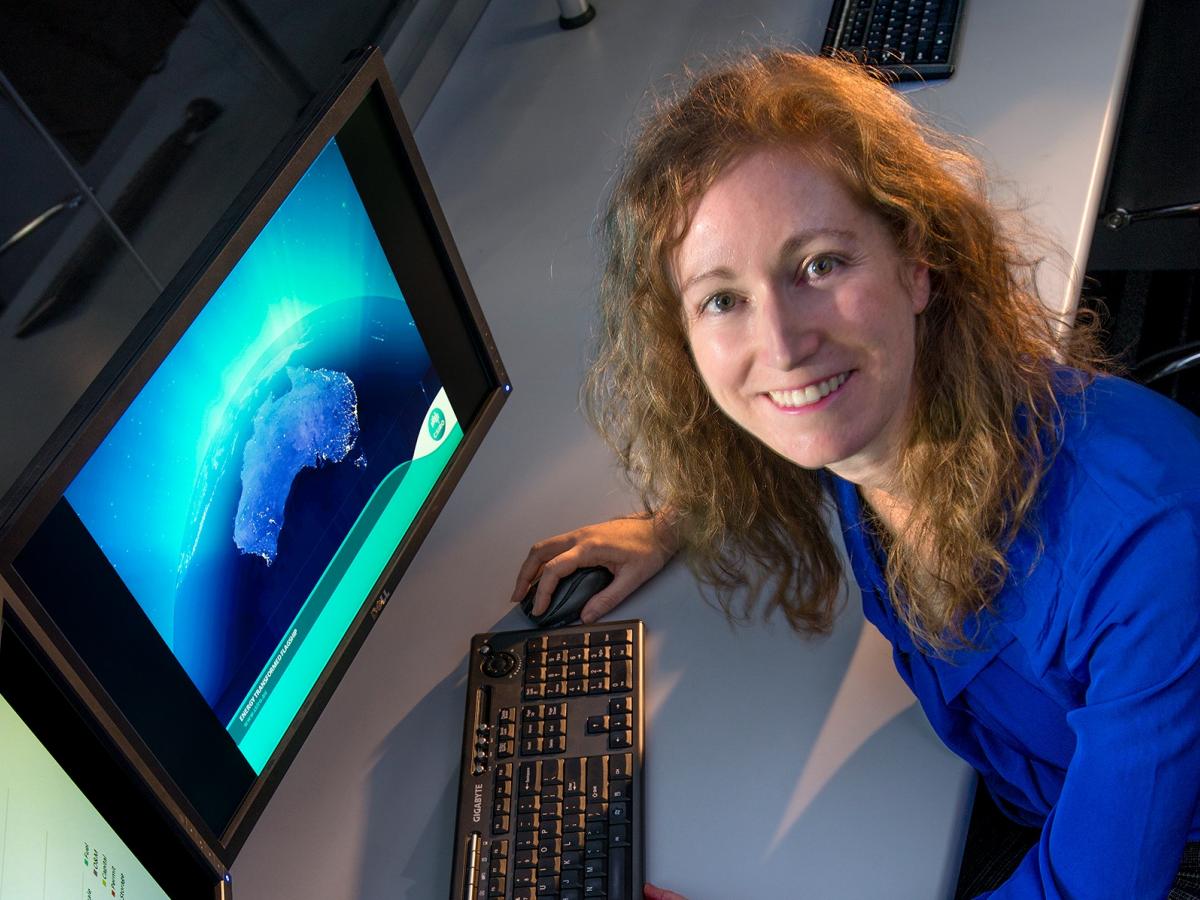
Jenny has a PhD from the University of Sydney in computational chemistry and has expertise techno-economic, economic, chemical and biological modelling. She has worked in interdisciplinary environments to provide analysis on issues of future strategic significance.
Jenny is a principal research scientist in CSIRO Energy. She leads research projects on technology cost projections and the models she has developed are used to project the cost of electricity generation, energy storage and hydrogen production technologies for AEMO and the Australian Government. Jenny has made economic modelling contributions to roadmap and renewable energy projects, including CSIRO Energy Storage Roadmap, the Federal government’s 2020 Low Emissions Technology Statement, the CSIRO National Hydrogen Roadmap and the Low Emissions Technology Roadmap.
She has contributed to studies undertaken by CSIRO on different parts of the hydrogen value chain, transport, biofuels, energy storage, remote area power systems and all types of electricity generation and fuel conversion technologies. Dr Hayward’s focus is on developing new methods and modelling approaches to provide robust projections of the capital costs of existing and emerging electricity generation and fuel conversion technologies. She is a member of the Technical Advisory Group of the Mission Innovation international clean energy initiative.
-
Prof Jinjia Wei (Jiaotong)
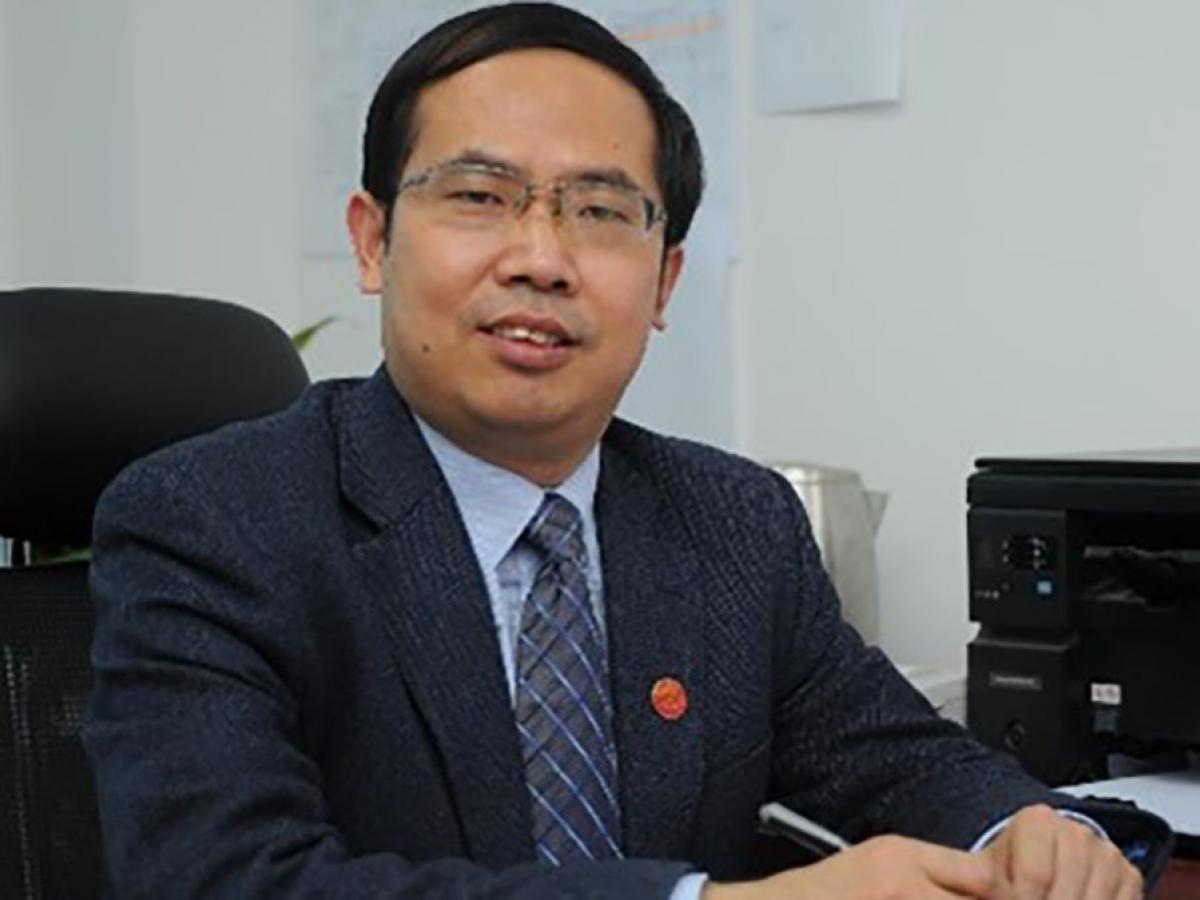
Jinjia WEI is a professor of Xi’an Jiaotong University, China. His research interests include solar thermal/ chemical conversion and utilization, and two-phase flow and heat transfer.
He is the national Coordinator of Task II, Solar Power and Chemical Energy Systems (Solar PACES), International Energy Agency, the council member of International Center of Heat and Mass Transfer, and the editorial board member of 5 international journals.
He has published more than 300 peer reviewed international journal papers, and gave 27 invited presentations in international conferences. He was authorized more than 30 national invention patents and one international invention patent.
-
Prof Kazunari Domen (University of Tokyo)
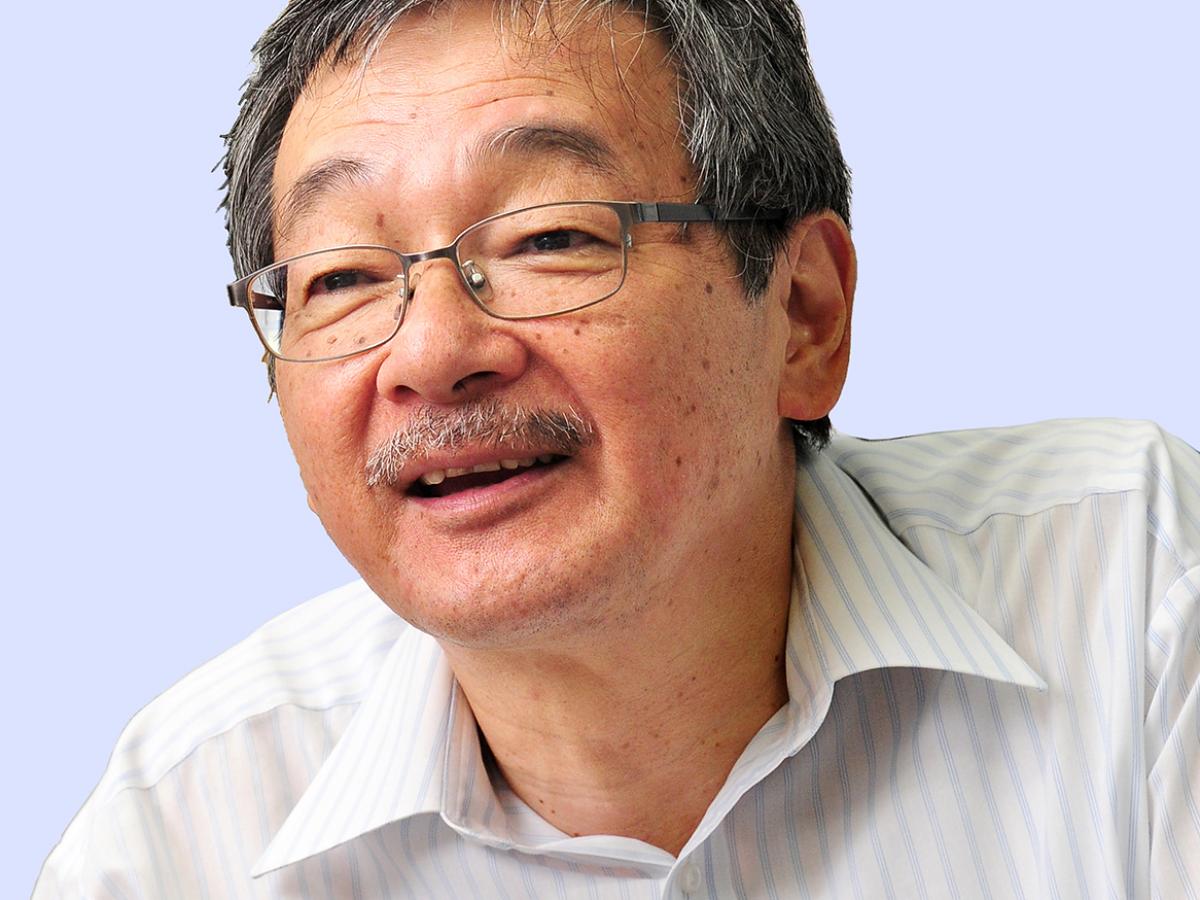
Kazunari Domen is a professor at the University of Tokyo and a special contract professor at Shinshu University, Japan. He received his PhD with honours in chemistry from the University of Tokyo in 1982. Dr Domen joined the Chemical Resources Laboratory, Tokyo Institute of Technology in 1982, as Assistant Professor and was subsequently promoted to Associate Professor in 1990 and Professor in 1996. He moved to the University of Tokyo as a professor in 2004, and to a cross appointment with Shinshu University, as special contract professor in 2017.
Professor Domen has published more than 800 original and review papers with an h-index of about 130. His research interests now include heterogeneous catalysis and materials chemistry, with particular focus on photocatalytic water splitting for solar hydrogen production.
-
Prof Meng Tao (ASU)

Dr Meng Tao joined Arizona State University in 2011 as a professor in the School of Electrical, Computer and Energy Engineering and now heads the Physical Electronics and Photonics Program. His research focuses on sustainable solar technologies, from materials and devices to systems and applications. He played a critical role in the initiation and launch of the US. Photovoltaic Manufacturing Consortium under SEMATECH.
He has been the lead organiser for the Electrochemical Society symposium series on Photovoltaics for the 21st Century for over a decade. He is an editor of the ECS Journal of Solid State Science and Technology. He was awarded the Fulbright Distinguished Chair in Alternative Energy Technology and was invited to the 2017 Nobel Award Ceremony in Stockholm.
-
A/Prof Sophia Haussener (EPFL)
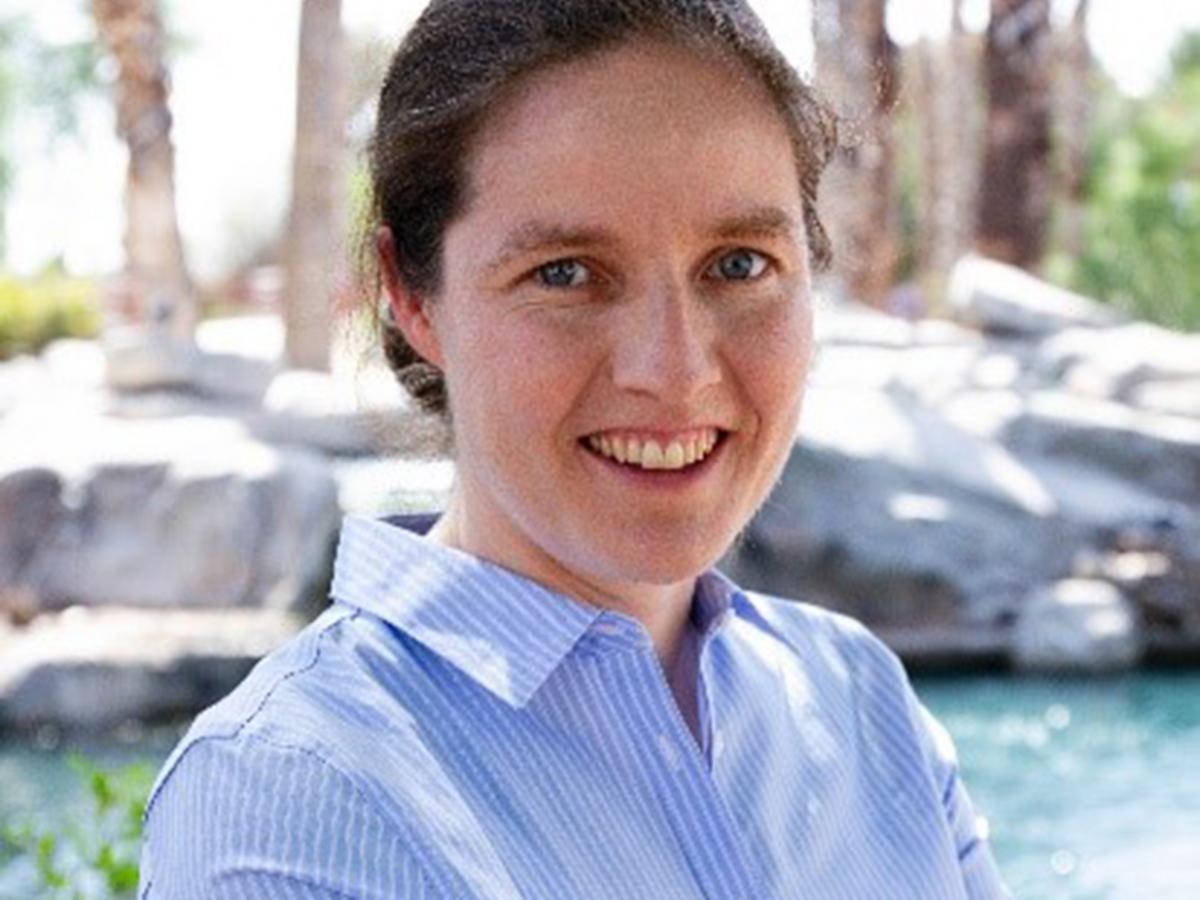
Sophia Haussener is an Associate Professor heading the Laboratory of Renewable Energy Science and Engineering at the Ecole Polytechnique Fédérale de Lausanne (EPFL). She received her PhD (2010) in Mechanical Engineering from ETH Zurich. Between 2011 and 2012, she was a postdoctoral researcher at the Joint Center of Artificial Photosynthesis (JCAP) and the Energy Environmental Technology Division of the Lawrence Berkeley National Laboratory (LBNL). She is the vice president of EPFL’s research award commission (since 2021). She has published over 80 articles in peer-reviewed journals and conference proceedings, and 2 books. She has been awarded the ETH medal (2011), the Dimitris N. Chorafas Foundation award (2011), the ABB Forschungspreis (2012), the Prix Zonta (2015), the Global Change Award (2017), and the Raymond Viskanta Award on Radiative Transfer (2019), and is a recipient of the Starting Grant of the Swiss National Science Foundation (2014). She is a co-founder of the startup SoHHytec aiming at commercializing photoelectrochemical hydrogen production. She is the former chair of the American Society of Mechanical Engineers (ASME) Solar Energy Division, a former Member of the Scientific Advisory Council of the Helmholtz Zentrum, and a member of the scientific board of the Liquid Sunlight Alliance.
Her current research is focused on providing design guidelines for thermal, thermochemical, and photoelectrochemical energy conversion reactors through multi-physics modelling and demonstrations. Her research interests include: Thermal sciences, fluid dynamics, charge transfer, electro-magnetism, and thermo/electro/photochemistry in complex multi-phase media on multiple scales.
-
Dr Tara Hosseini (CSIRO)
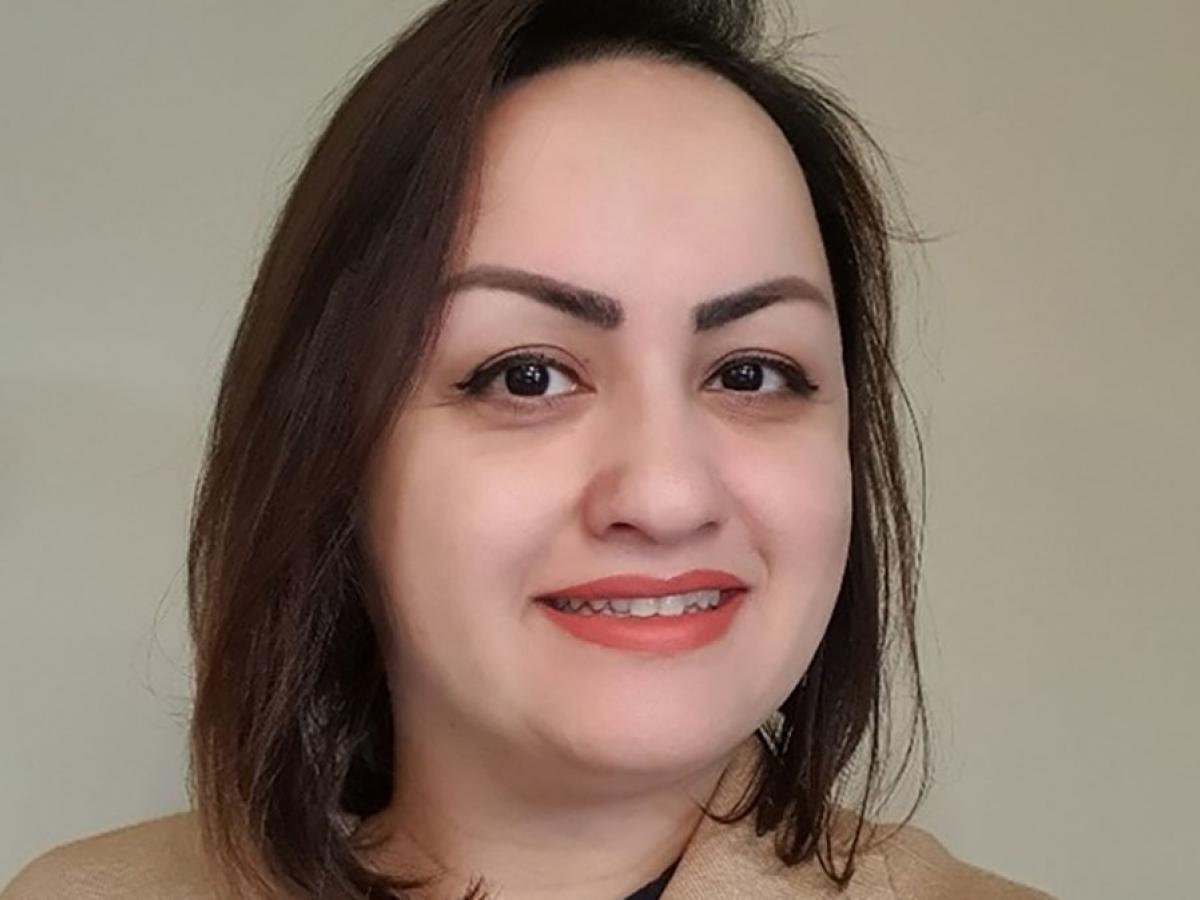
Dr Tara Hosseini is a Senior Research Scientist at CSIRO in Australia and contributes to solving the greatest energy challenges in Australia. Since joining CSIRO in April 2022, she works on the design and development of tailored energy solutions for various industries seeking to decarbonise their sectors. She is also contributing to a couple of projects related to the decarbonisation of heavy industries in the HILT CRC. She received a PhD in Chemical Engineering from Monash University in 2016 and since then she has worked on research and development of renewable and low-emission energy technologies. Dr Hosseini has worked on different aspects of the hydrogen supply chain including hydrogen production technologies, hydrogen distribution, end-use and integration of intermittent renewable energies with hydrogen production, storage and supply to hydrogen users. She is also experienced in the thermochemical conversion of coal and biomass into hydrogen and other low-emission fuels through pyrolysis, co-pyrolysis and gasification.
Before joining CSIRO, she worked at the University of Adelaide as a research fellow (2019-2020) and Lecturer (2020-2022). She completed a couple of projects for the Future Fuels CRC. She also has experience of work at Monash University as a research fellow working on the design and development of low-emission energy technologies including hydrogen from pyrolysis and gasification (2016-2019).
-
Tanya Hodgson (ARENA)
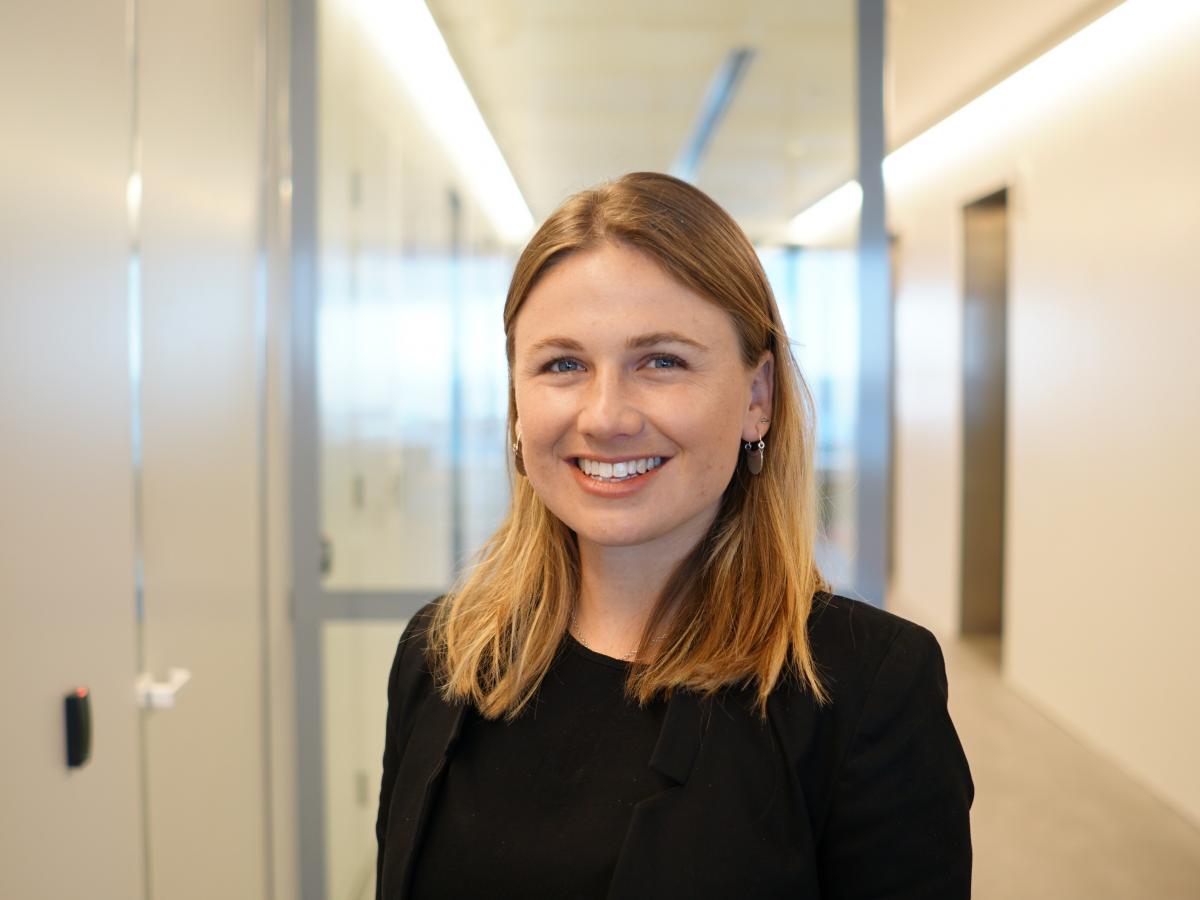
Tanya Hodgson is an Investment Manager at the Australian Renewable Energy Agency (ARENA), focused on accelerating the development of a commercial hydrogen market in Australia. She works closely with entities from start-ups to incumbents to progress early-stage hydrogen technologies ranging from R&D to trial, demonstration, and deployment. ARENA’s industry exposure provides unique perspectives on the challenges and opportunities facing the hydrogen market in Australia, across the value chain.
Tanya has a technical background in the sciences, holding a Bachelor of Science in Chemistry and Applied Biology, as well as a Bachelor of Engineering in Chemical Engineering, both from the University of Cape Town. Prior to ARENA, she worked for a top tier management consulting firm, developing robust strategic and Private Equity skillsets, working with over 20 companies across South Africa and Australia.
Organising Committee
-
Chair: Prof Greg Metha (University of Adelaide)
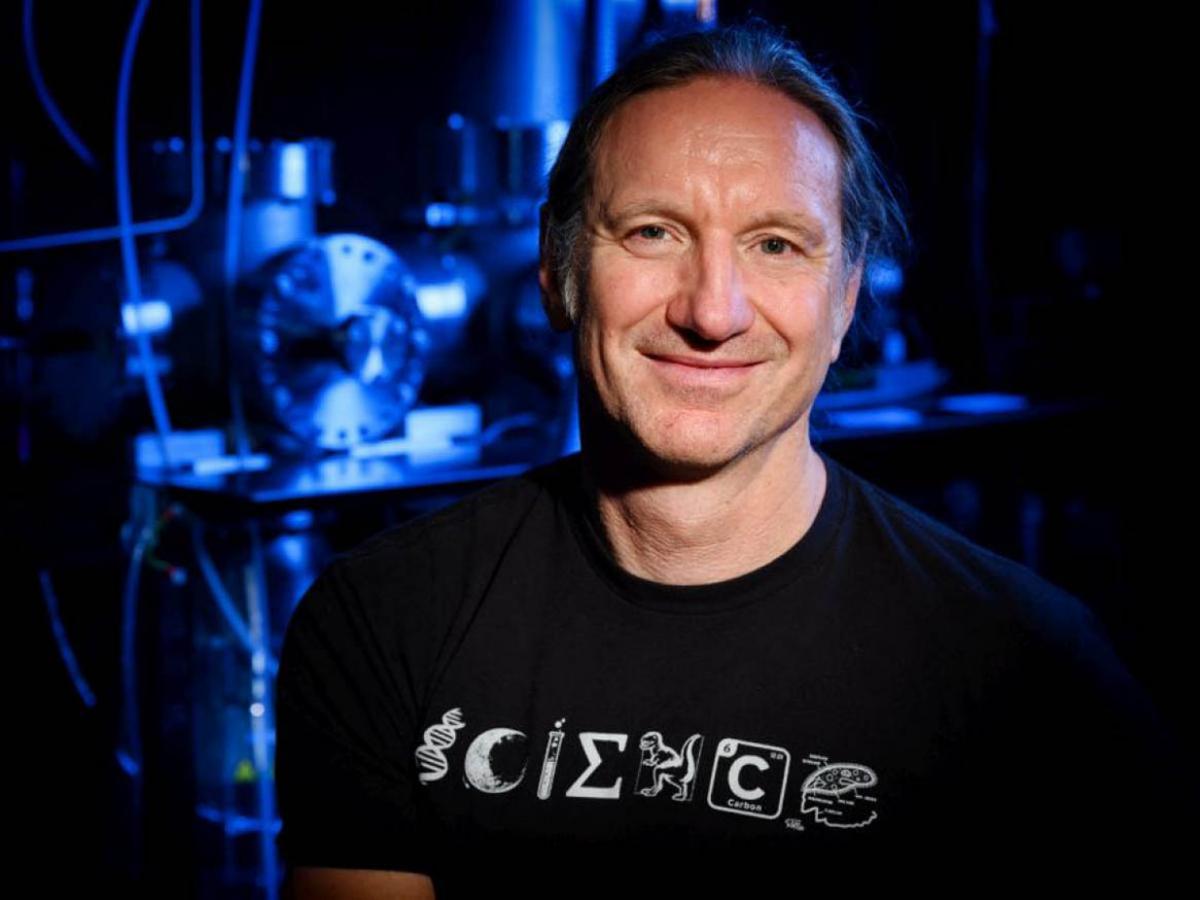
Centre for Energy Technology, the University of Adelaide
Greg Metha studied undergraduate Chemistry at Monash University and continued as a PhD student exploring the laser spectroscopy of aldehydes. He spent subsequent years as a post-doctoral fellow at the Universities of British Columbia and Sydney before moving to Adelaide in 1997 as an ARC Fellow. then Academic in 2003. He is now Professor and immediate past Head of the Chemistry Department. He enjoys teaching into a wide range of courses and runs an active and happy research group.
-
Co-Chair: Prof Gus Nathan (University of Adelaide)
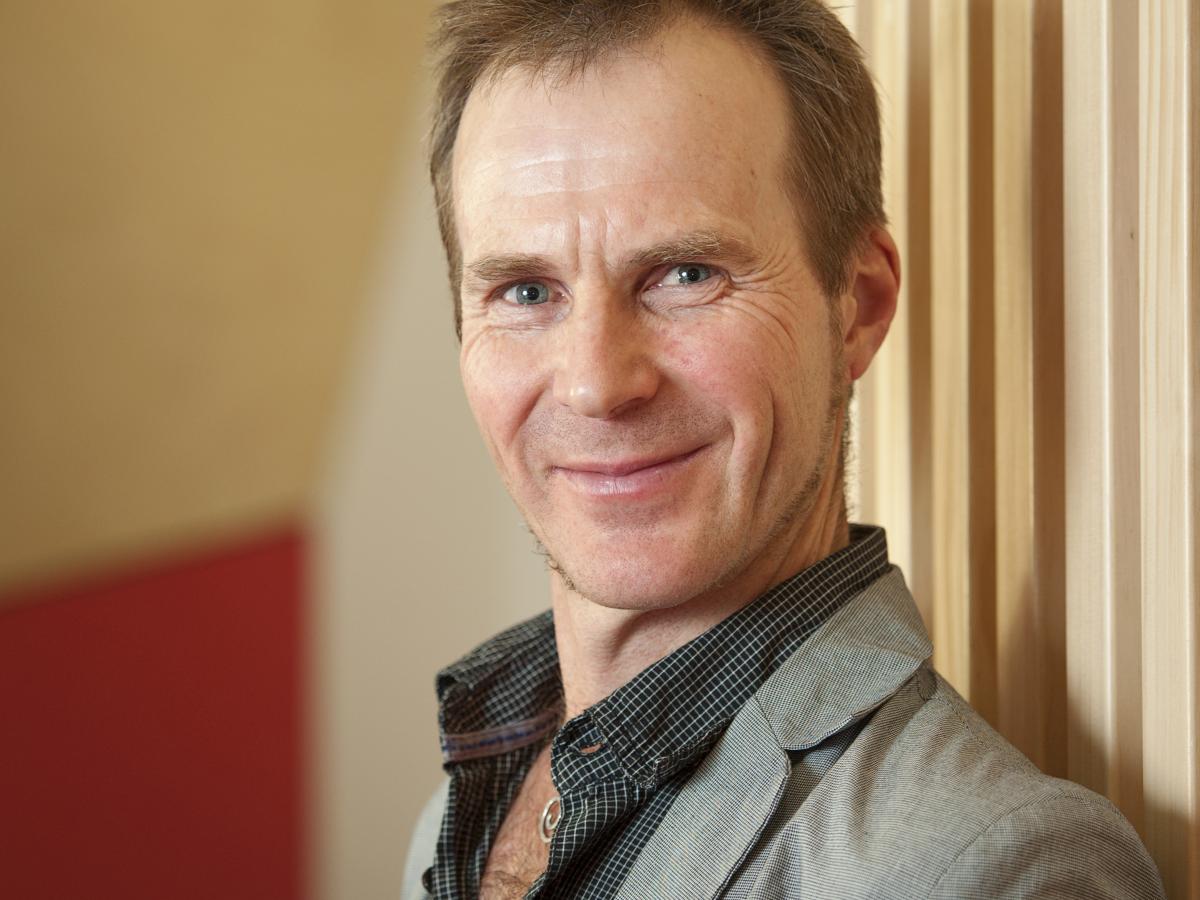
Director, Centre for Energy Technology; Research Program Director, HILT CRC
Professor G.J. 'Gus' Nathan is holder of an ARC Discovery Outstanding Researcher Award (Fellowship) and founding director of The University of Adelaide’s Centre for Energy Technology, who is listed in the top 2% of scientists world-wide both by Elsevier and Stanford University. Gus was bid leader for, and is now Research Director of, the $215m Heavy Industry, Low-carbon Transition Cooperative Research Centre, Node Leader in Added Value program addressing solar fuels in the $82m Australian Solar Thermal Research Initiative and leads the $14m ARENA funded program in partnership with Alcoa and Hatch to develop technology that targets 45% reduction in CO2 emissions from the Bayer Alumina process with solar thermal hybrids. He is also a founding member of the organising committees for the International Sooting Flames Workshop and of the Australian Workshop on Solar Thermal Chemical and Industrial Processes.
-
Dr Alfonso Chinnici (University of Adelaide)
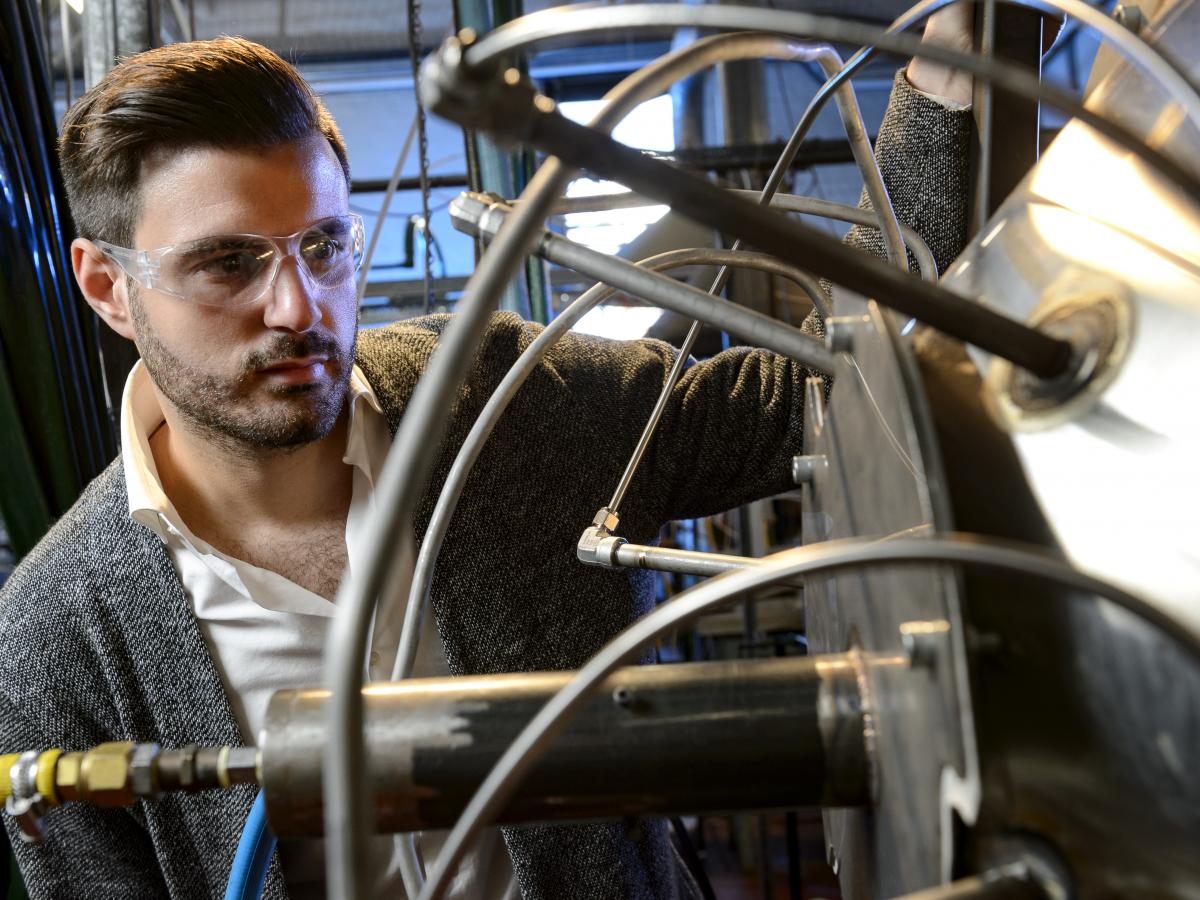
Centre for Energy Technology, the University of Adelaide
University Research Fellow
School of Electrical and Mechanical Engineering
Faculty of Sciences, Engineering and Technology
-
Dr Cameron Shearer (University of Adelaide)
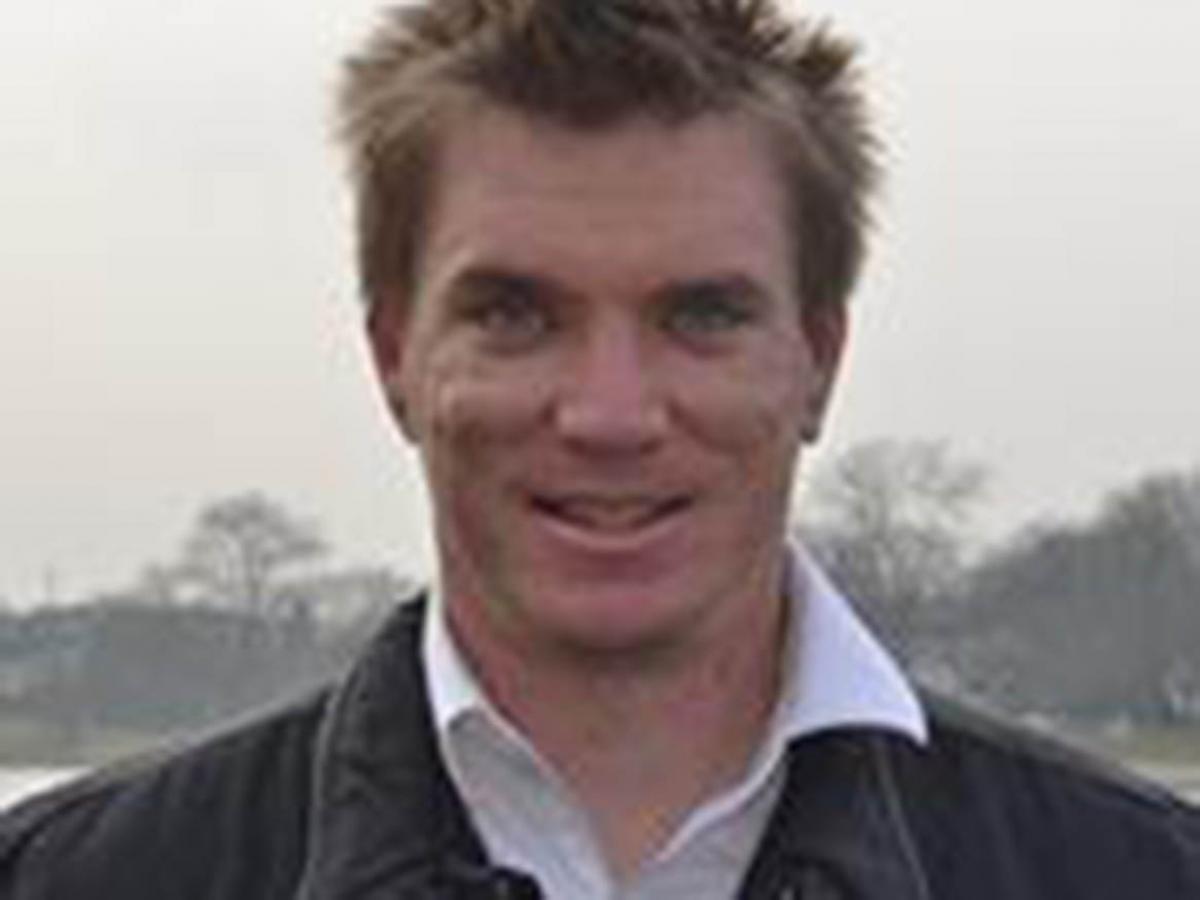
Centre for Energy Technology, the University of Adelaide
Cameron aims to use fundamental chemistry and materials science to find solutions to environmentally relevant problems such as the destruction of pollutants or the generation of renewable fuels.
Sunlight is the most abundant energy source on Earth yet it is still underutilized in chemical synthesis. Photocatalysis is the key to unlock the potential of light in a range of applications.
-
Dr Mehdi Jafarian (University of Adelaide)

Centre for Energy Technology, the University of Adelaide
-
Dr Philip van Eyk (University of Adelaide)
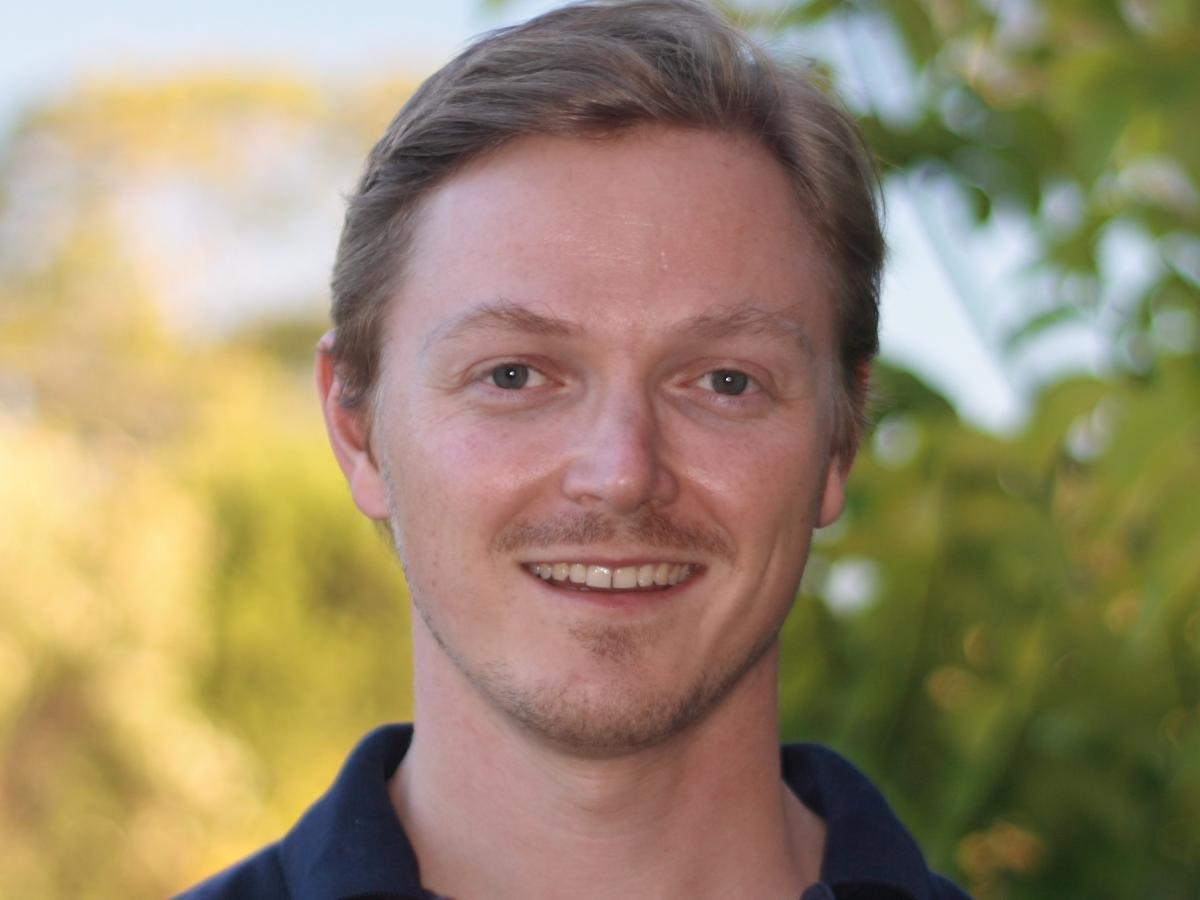
Centre for Energy Technology, the University of Adelaide
Dr Philip van Eyk is a Senior Lecturer and Associate Head of Learning and Teaching in the School of Chemical Engineering and Advanced Materials. His teaching interests include Process Design, Chemical Reactor Engineering, Heat and Mass Transfer, and Separation Process Engineering. His research interests directly compliment his teaching and mostly involve the incorporation of core chemical engineering principles to novel uses of renewable energy outside of power generation, and production of sustainable chemicals and replacements for fossil fuels.
Most recently, Philip has established the Microbrewery at Waite Campus. The Microbrewery is used for teaching process engineers about the beer brewing process. The small scale plant also is being used to perform research into the effects of ingredients and process variables on sensory aspects of the resultant beers, and providing a facility for development of recipes for industrial partners.
-
Prof. Simon Holford (University of Adelaide)
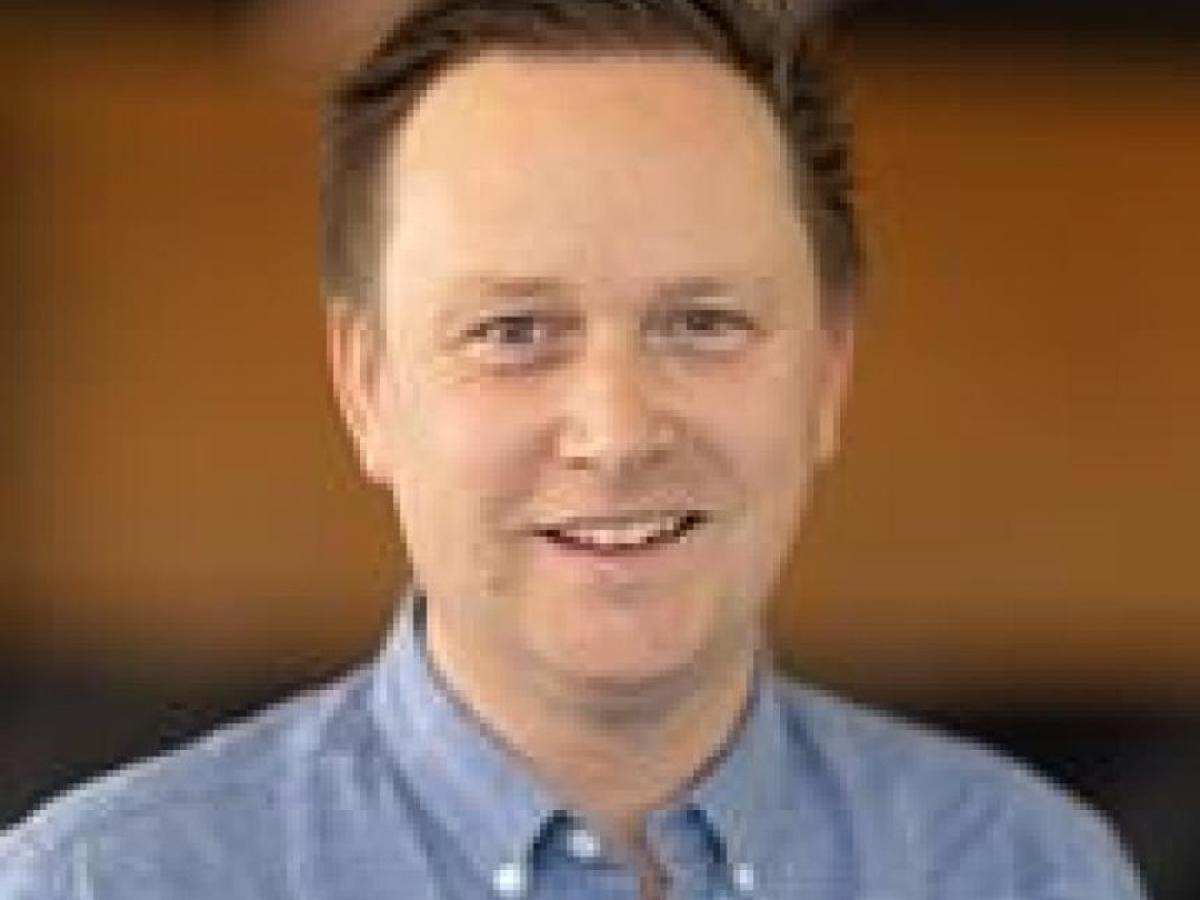
Simon is the South Australian State Chair of Petroleum Geoscience in the Discipline of Earth Sciences, School of Physics, Chemistry and Earth Sciences, University of Adelaide. With his colleague Rosalind King, he leads the Stress, Structure & Seismic (S^3) Research Group; this is a multidisciplinary group of academics, research staff and HDR students working mostly on applied GeoEnergy problems related to structural geology and geomechanics in sedimentary basins. Current research foci include the development of rapid methods for evaluating the geomechanical impacts of CCUS at basin scales, the quantification of uncertainty associated with stress magnitude determination and the geomechanical impacts of cyclic hydrogen storage. He has a long-standing interest in magmatism in sedimentary basins, with geographic focus on the rifted margins of Australia and NW Europe. This research seeks to understand the impacts of magmatism on petroleum systems and evaluate the potential for subsurface gas storage, and specifically the permanent storage of carbon, in buried volcanic rocks.
-
Dr Woei Saw (University of Adelaide)

Centre for Energy Technology, the University of Adelaide
Dr Woei Saw is a Senior Lecturer in the School of Chemical Engineering at the University of Adelaide (UA). He has demonstrated a good track record in the development and demonstration of novel technology in the decarbonisation of high-temperature industrial processes. For example, he has developed a patent on net-zero steam alumina calcination, which allows steam generated from the alumina calcination process to be recovered and utilised in the bauxite digestion within the Bayer process. Currently, he is leading a HILT-CRC project to perform a preliminary assessment of technical and economic feasibility of low carbon alumina calcination via electrification or hydrogen pathway.
-
Dr Zhiwei Sun (University of Adelaide)
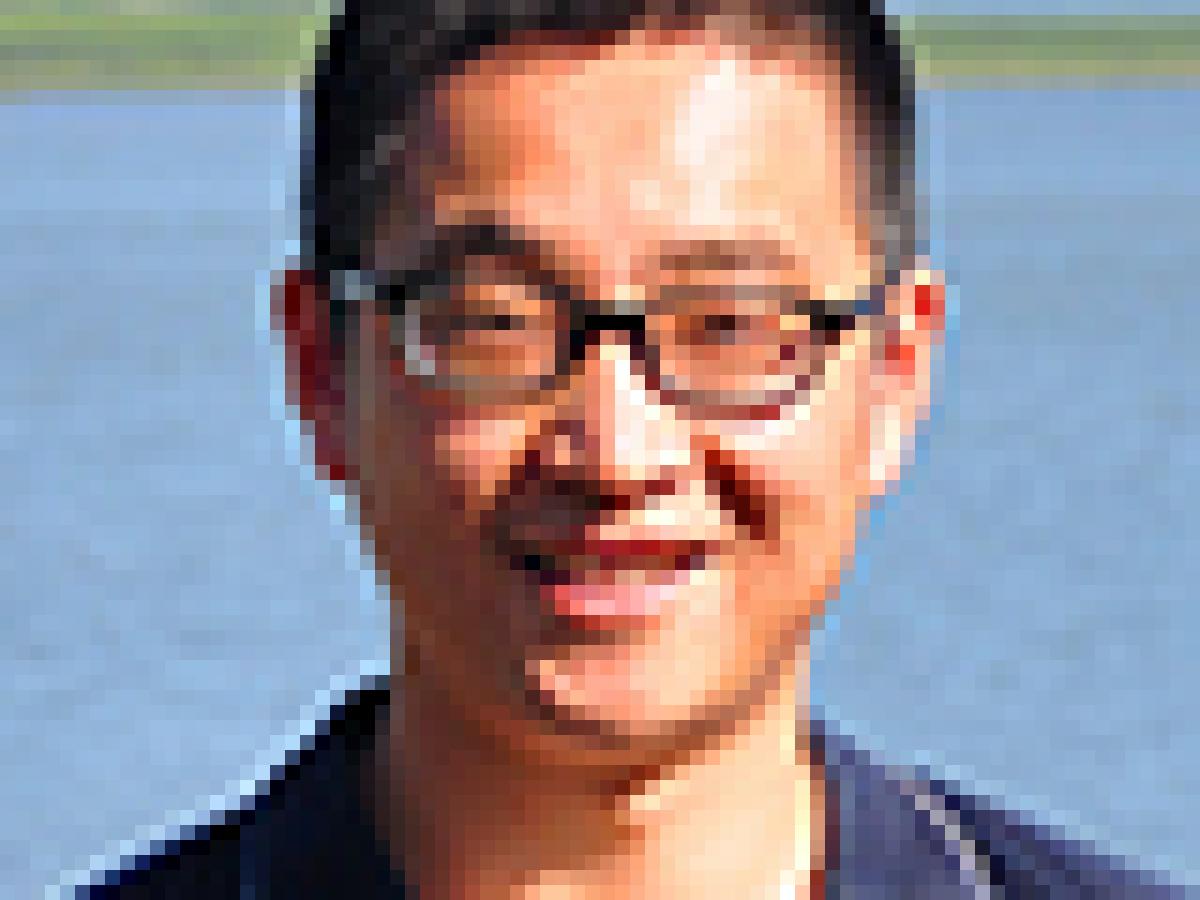
Dr. Zhiwei Sun works on laser diagnostics in combustion and other challenging reacting flows. In his research, novel optical, laser-based techniques are used to visualize the key parameters in flames/flows in high spatial and temporal resolution. He also focuses on the development of unique new techniques for quantitative measurements of reacting flows that are reacting or under high radiation.
-
Ms Victoria Edwards (University of Adelaide)

Victoria is Centre Administration Officer for the Centre for Energy Technology (CET).
HyPT-3 Forum Program
12-15 September 2023, Australian Central Standard Time
Tuesday 12 September 2023
-
Session 1A: Large-scale Electrolysers 08:30AM - 10:00AM ACST (UTC+09:30)
Chair: Dr Philip van Eyk
Welcome from the Chair
Dr Philip van Eyk (University of Adelaide) Keynote: Dr Xiaoting Wang (BNEF, USA)
Global Electrolyser Market Outlook Keynote: Martin Hablutzel (Siemens, AUS)
Advances in large scale commercial electrolysers Keynote: Dr. Thomas I. Valdez (PlugPower, USA)
Plug Power: Technologies for the Hydrogen Economy Discussion Panellist: Tanya Hodgson (ARENA, AUS) Panellist: Prof Meng Tao (ASU, USA) -
Session 2A: Hydrogen from Natural Gas (Methane) 10:00AM - 11:30AM ACST (UTC+09:30)
Chair: Dr Zhiwei Sun
Welcome from the Chair
Dr Zhiwei Sun (University of Adelaide) Keynote: Dr Caleb Boyd (Molten, USA) Methane Pyrolysis for Clean Hydrogen Production Keynote: Keynote: A/Prof Simon Smart (University of Queensland, AUS)
Methane Pyrolysis using molten salts: Impact of cation / anion choices Prof Murray Thomson (UToronto, Canada)
Low GHG hydrogen production via microwave-driven methane pyrolysis Discussion Panellist: Dr Enoch Dames (Monolith, USA) Panellist: Prof Hai Wang (Stanford, USA) -
Session 1B: Large-scale Electrolysers 4:30PM - 06:00PM ACST (UTC+09:30)
Chair: Dr Philip van Eyk
Welcome from the Chair
Dr Philip van Eyk (University of Adelaide) Keynote: Dr. Max Ellerich (NEA group, Germany)
Standardized Modules for Medium to Large Size PEM Electrolyzers Keynote: Cameron Smith (FFI, AUS)
Scaling Green Hydrogen Production
Keynote: Richard Day (OHPSA, AUS)
Unlocking large scale electrolysis in South Australia Discussion Panellist: Dr Jenny Hayward (CSIRO, AUS) Panellist: Judy Hua Yang (PERIC, China) -
Session 2B: Hydrogen from Natural Gas (Methane) 06:00PM - 07:30PM ACST (UTC+09:30)
Chair: Dr Alfonso Chinnici
Welcome from the Chair
Dr Zhiwei Sun (University of Adelaide) Keynote: Tim Forbes (Hazer, AUS)
Clean Hydrogen... Now
Keynote: Dr Samuli Rasanen (Hycamite, Finland)
Hycamite’s quest to decarbonize industry
Keynote: Gerard Gatt (Sakowin, France)
Methane a great ally to accelerate the energy transition towards net zero
Discussion Panellist:
Prof Alberto Abanades (UPMadrid, Spain)
Panellist:
Maximilian Kuhn (Hydrogen Europe, Belgium)
Wednesday 13th September 2023
-
Session 3A: Emerging Electrolysis Technology 08:30AM - 10:00AM ACST (UTC+09:30)
Chair: Dr Cameron Shearer
Welcome from the Chair
Dr Cameron Shearer (University of Adelaide) Keynote: Adam Bacon (Bloom Energy, AUS)
SOEC the lowest cost per KG of Hydrogen
Keynote: Dr Mandar Risbud (CSIRO, AUS)
Clean Hydrogen Power- Commercialising CSIRO PEM electrolyser technology via Team Australia Approach
Keynote: Dr Ming S. Liu (DIMER, AUS)
To Advance the Electrolysis Technologies for Large-scale Renewal Power-to-Hydrogen Generation
Discussion Panellist:
Dr. Ashley Roberts, (EPRI, USA)
Panellist:
A/Prof Jonathon Love (Queensland University of Technology, AUS)
-
Session 4A: Redox Thermochemical 10:00AM - 11:30AM ACST (UTC+09:30)
Chair: Prof Gus Nathan
Welcome from the Chair
Prof Gus Nathan (University of Adelaide) Keynote: Prof Robert Wexler (Washington University, USA)
Modelling-Driven Design of Redox-Active Off-Stoichiometric Oxides for Solar Thermochemical Water Splitting
Keynote: Dr Tony McDaniel (Sandia, USA)
Metal Oxide Thermochemical Cycles for Green Hydrogen Production – Materials Discovery and Novel Cycle Chemistry
Keynote: Prof Tatsuya Kodama (Niigata University, Japan)
Solar Thermochemical Water/CO2 splitting Cycle
Discussion Panellist:
Prof Ellen B. Stechel (Arizona State University, USA)
Panellist:
Dr. Peter Loutzenhiser (Georgia Institute of Technology, USA)
-
Session 3B: Emerging Electrolysis Technology 4:30PM - 06:00PM ACST (UTC+09:30)
Chair: Dr Cameron Shearer
Welcome from the Chair
Dr Cameron Shearer (University of Adelaide) Keynote: Prof Andreas Friedrich (DLR, Germany)
Progress in Alkaline Membrane Water Electrolysis @ DLR
Keynote: Jan-Justus Schmidt (Enapter, Germany)
Fueling the Future: Unleashing the power of AEM electrolysis
Keynote: Prof. Cafer T. Yavuz (KAUST, Saudi Arabia)
Next Level Electrodes for Alkaline Water Electrolysis
Discussion Panellist:
Prof Francois Aguey-Zinsou (University of Sydney, AUS)
Panellist:
Dr Mandar Risbud (CSIRO, AUS)
-
Session 4B: Redox Thermochemical 06:00PM - 07:30PM ACST (UTC+09:30)
Chair: Prof Gus Nathan
Welcome from the Chair
Prof Gus Nathan (University of Adelaide) Keynote: Dr Remo Schäppi (ETHZ, Switzerland)
Fuel from Sunlight and Air – Demonstration of the Thermochemical Pathway
Keynote: Dr. Alicia Bayon (CSIC, Spain)
Research, development and future of solar thermochemical redox cycles
Keynote: Nathalie Monnerie (DLR, Germany)
Potential of solar thermochemical redox cycles
Discussion Panellist:
Prof Christian Sattler (DLR, Germany)
Panellist:
Prof Jinjia Wei (Jiaotong, China)
Thursday 14th September 2023
-
Session 5A: Photo-electrochemical (PEC) and Photocatalysis (PC) 08:30AM - 10:00AM ACST (UTC+09:30)
Chair: Prof Greg Metha
Welcome from the Chair
Prof Greg Metha (University of Adelaide) Keynote: Prof Bill Tumas (NREL, USA)
Prospects and Challenges for Direct Sunlight-Driven Hydrogen Production
Keynote: Prof Zetian Mi (UMich, USA)
Solar water splitting using industry ready materials
Keynote: A/Prof Syed Mubeen (SunHydrogen, USA)
Shining Light on Tomorrow: Solar Hydrogen via Photoelectrochemical Systems
Discussion Panellist:
A/Prof Fiona Beck (Australian National University, AUS)
Panellist:
Dr Cameron Shearer (University of Adelaide)
-
Session 6A: Hydrogen from Bioresources and Waste 10:00AM - 11:30AM ACST (UTC+09:30)
Chair: Dr Woei Saw
Welcome from the Chair
Dr Woei Saw (University of Adelaide) Keynote: Dr Katherine Chou (NREL, USA)
Fermentative Hydrogen Production from Waste Lignocellulosic Biomass
Keynote: Dr. Joshuah Stolaroff (Mote, USA)
Carbon Negative Hydrogen from Waste Biomass
Keynote: Hanna Breunig (LBNL, USA)
Life cycle, policy and economic considerations of hydrogen generation from bioresources
Discussion Panellist:
Jean-Louis Kindler (Ways2H, USA)
Panellist:
Dr Tara Hosseini (CSIRO, AUS)
-
Session 5B: Photo-electrochemical (PEC) and Photocatalysis (PC) 4:30PM - 06:00PM ACST (UTC+09:30)
Chair: Prof Greg Metha
Welcome from the Chair
Prof Greg Metha (University of Adelaide) Keynote: Prof. Francesca Toma (Helmholtz-Zentrum Heren, Germany)
Design and characterization of integrated systems for solar fuel production
Keynote: Dr Hannah Johnson (Toyota, Belgium)
Porous Photoelectrodes for Solar Hydrogen Production
Keynote: Dr. Katharina Brinkert (Warwick, UK)
Hydrogen Production in Terrestrial and Space Environments: Lessons to be Learned from (Photo-) Electrochemical Experiments in Microgravity
Discussion Panellist:
A/Prof Sophia Haussener (EPFL, Switzerland)
Panellist:
A/Prof Fatwa Abdi (City University of Hong Kong, Hong Kong)
-
Session 6B: Hydrogen from Bioresources and Waste 06:00PM - 07:30PM ACST (UTC+09:30)
Chair: Dr Woei Saw
Welcome from the Chair
Dr Woei Saw (University of Adelaide) Keynote: Dr Greg Perkins (WildFire, AUS)
Opportunities for low cost, distributed hydrogen production from wastes using the MIHG technology
Keynote: Dr Anna H Kaksonen (CSIRO, AUS)
Prospects and pitfalls for biological hydrogen production
Keynote: Heike Carl Zatterstrom (Boson, Luxembourg)
Waste-to-Hydrogen-to-X: Local electrification and green molecules with minimal infrastructure
Discussion Panellist:
Dr Edgardo Coda Zabetta (Sumitomo SHI FW, Finland)
Panellist:
Prof Akshat Tanksale (Monash University, AUS)
Friday 15th September 2023
-
Session 7B: Natural Hydrogen 4:30PM - 06:00PM ACST (UTC+09:30)
Chair: Prof. Simon Holford
Welcome from the Chair
Prof. Simon Holford (University of Adelaide) Keynote: Dr Chris Boreham (GeoScience Australia)
Studies on natural hydrogen occurrences in Australia
Keynote: Benjamin Mee (AUS)
Natural Hydrogen: A New Frontier for Energy Geoscience
Keynote: Owain Jackson (H2Au Ltd, UK)
Finding Hydrogen Naturally – Bottoms up!
Discussion Panellist:
Dr Linda Stalker (CSIRO, AUS)
Panellist:
Elinor Alexander (SA Govt, AUS)
-
Adam Bacon (Bloom Energy)
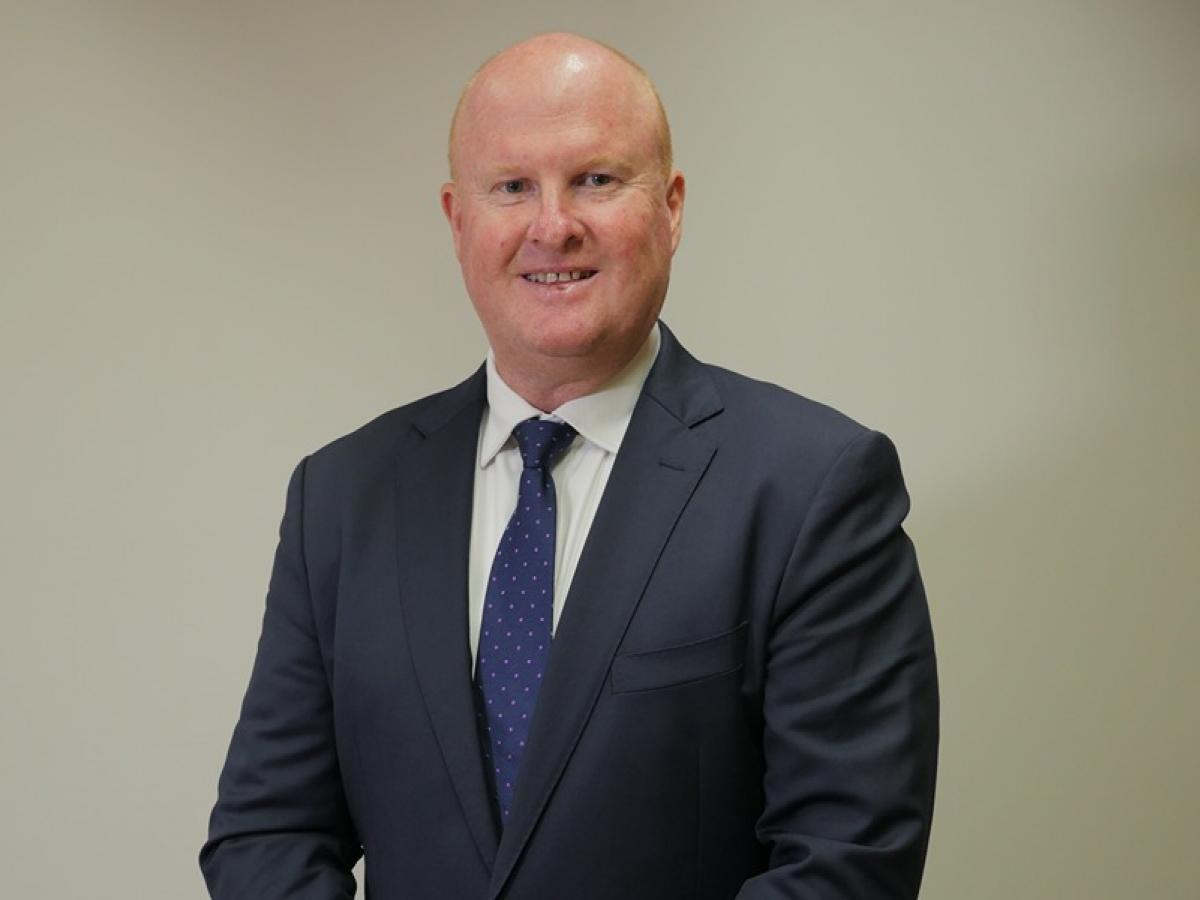
Adam Bacon is the Region Executive for Asia Pacific with Bloom Energy. In this role, he spearheads the company’s business development and sales for the region, focusing on emerging hydrogen solutions, microgrids and fuel cell technology. Adam brings over three decades of experience in business development in the energy and industrial sectors, including extensive experience in deploying solutions to meet the energy challenges of the Australian and Asian markets.
Before joining Bloom Energy, Adam worked with the likes of Jemena, Australian Industrial Energy (Australia’s first LNG Import Terminal) and held Senior Executive roles in General Electric. Adam is dedicated to delivering practical solutions to the global decarbonisation challenges.
-
Dr. Alicia Bayon (Spanish National Research Council)
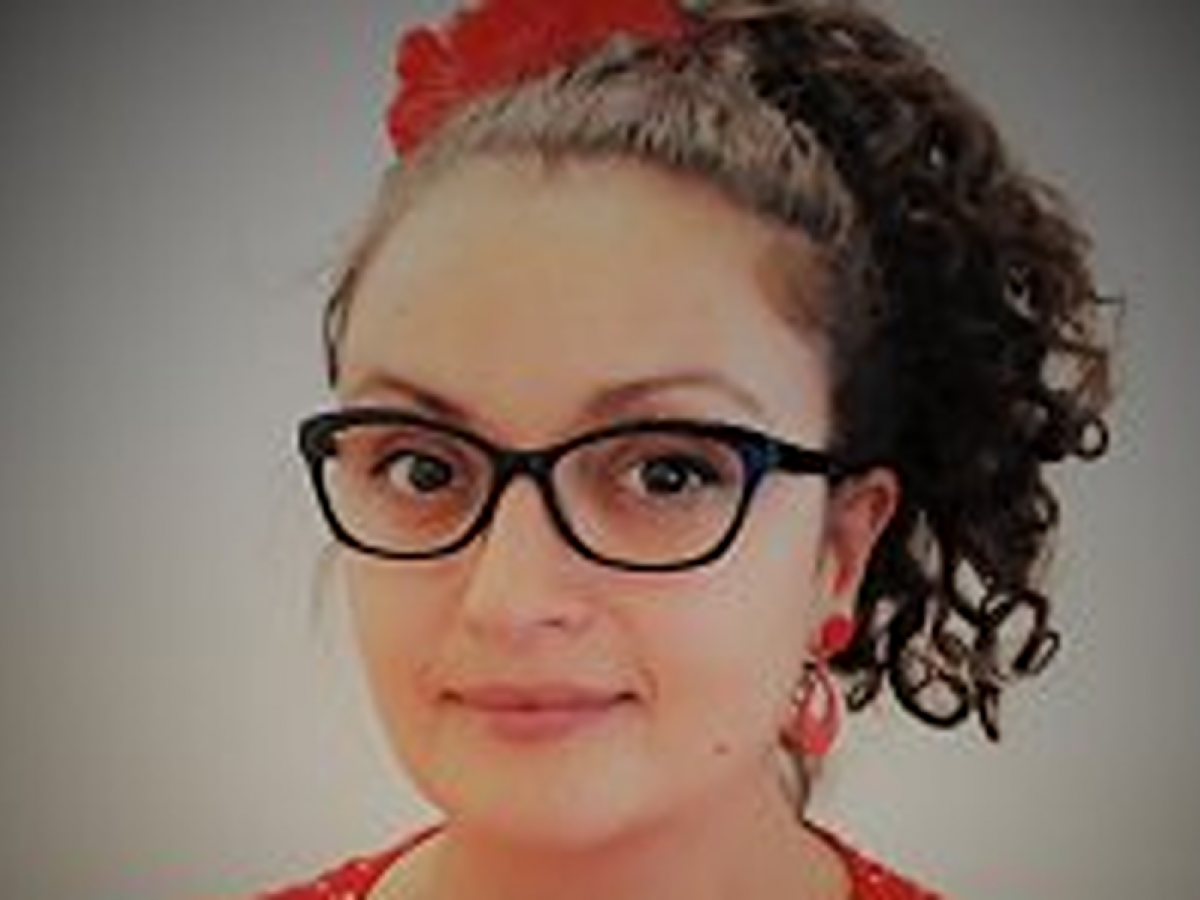
Dr. Alicia Bayon has 13 years of experience in the development of new materials for thermal energy storage and solar hydrogen production via thermochemical redox cycles. She completed her doctoral studies at IMDEA Energia in Spain, specializing in synthesizing and characterizing materials for hydrogen production. She joined CSIRO Energy in Australia as Postdoctoral Fellow (2014-2020) where she conducted techno-economic evaluations and worked on optimizing thermochemical processes. After that she has held a position as an Assistant Research Scientist at Arizona State University (2020-2022), where she worked on projects funded by ARPA-E and DOE in thermochemistry.
Since 2022, she is a Researcher at Institute of Catalysis and Petrochemistry of the Spanish National Research Council (CSIC) in Madrid, thanks to the prestigious Talent Attraction Program, focusing on the accelerated discovery of novel materials for thermochemical hydrogen production. Her achievements include securing over 3 million Euros in funding as both a Co-PI and a PI. She has supervised to completion 3 doctoral thesis (2 more ongoing). She has published 45 research articles (with 25 in Q1 and 7 in D1), with an h-index of 18, and has presented her work at more than 50 conferences worldwide (9 times as invited speaker). Dr. Bayon has received recognition through four awards in Australia, the USA, and Spain for her contributions to the field of thermochemistry and hydrogen.
-
Prof Andreas Friedrich (German Aerospace, DLR)
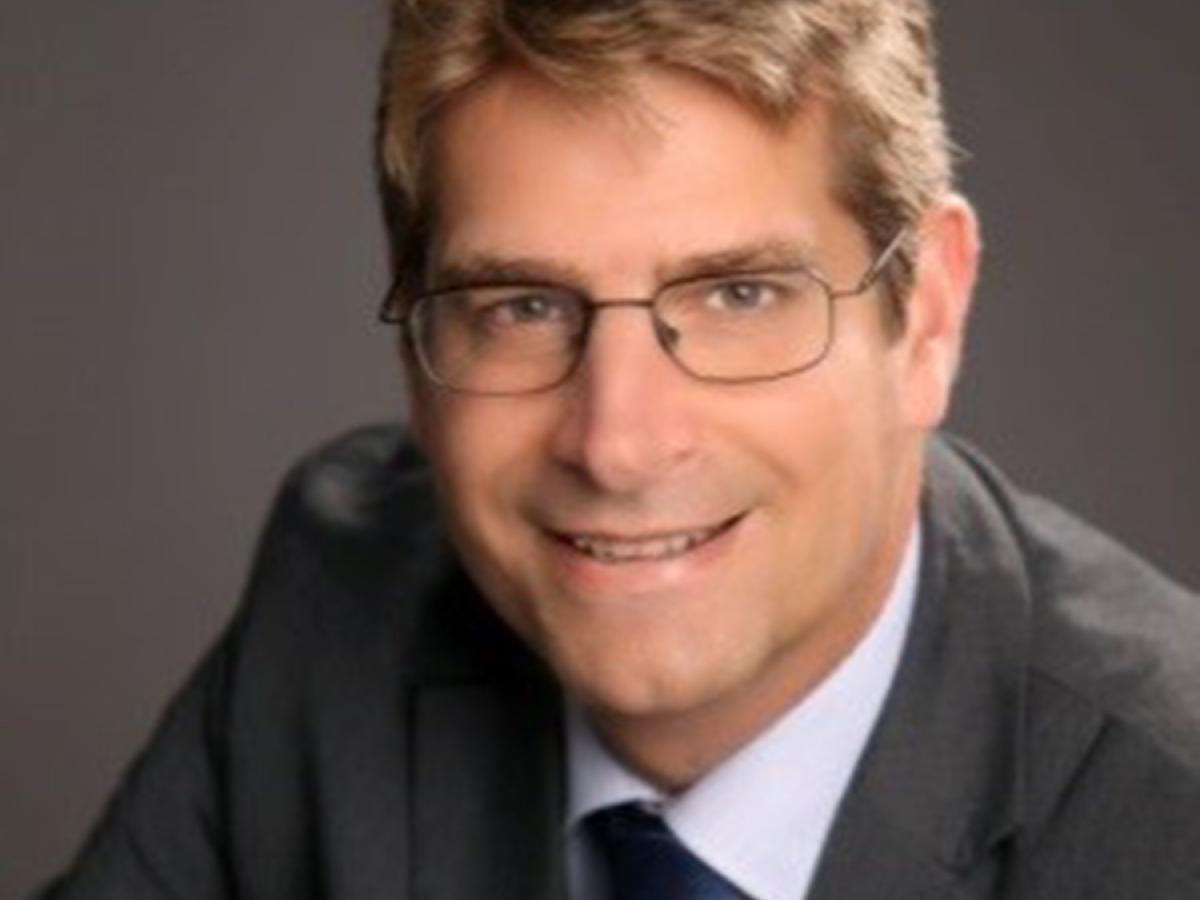
Dr. K. Andreas Friedrich is a Professor of Mechanical Engineering at University of Stuttgart and the Head of the Electrochemical Energy Technology Department at the German Aerospace Center (DLR) in Stuttgart, Germany. His research areas are electrochemical energy conversion and storage, in particular polymer electrolyte membrane (PEM) and solid oxide (SOC) fuel cells and electrolysis, advanced Li and Mg batteries, and system design. Dr. Friedrich has authored and coauthored about 200 peer reviewed papers. He received the Fischer medal (Dechema) in 2009 and the Ertl prize 2014 for his scientific work.
In 2004, he joined the DLR and University of Stuttgart heading the group focusing on electrolysis, fuel cells and advanced batteries. Priorities are polymer membrane and solid oxide technology as well as “beyond Li-ion” technology in batteries. The primary goals of the group comprise enhanced power density, long lifetime, reduction of precious materials and manufacturing costs, identification of degradation mechanisms in stacks and their prevention, advanced stack design, and optimised integration of fuel cells into energy supply systems.
-
Dr Anna H Kaksonen (CSIRO)
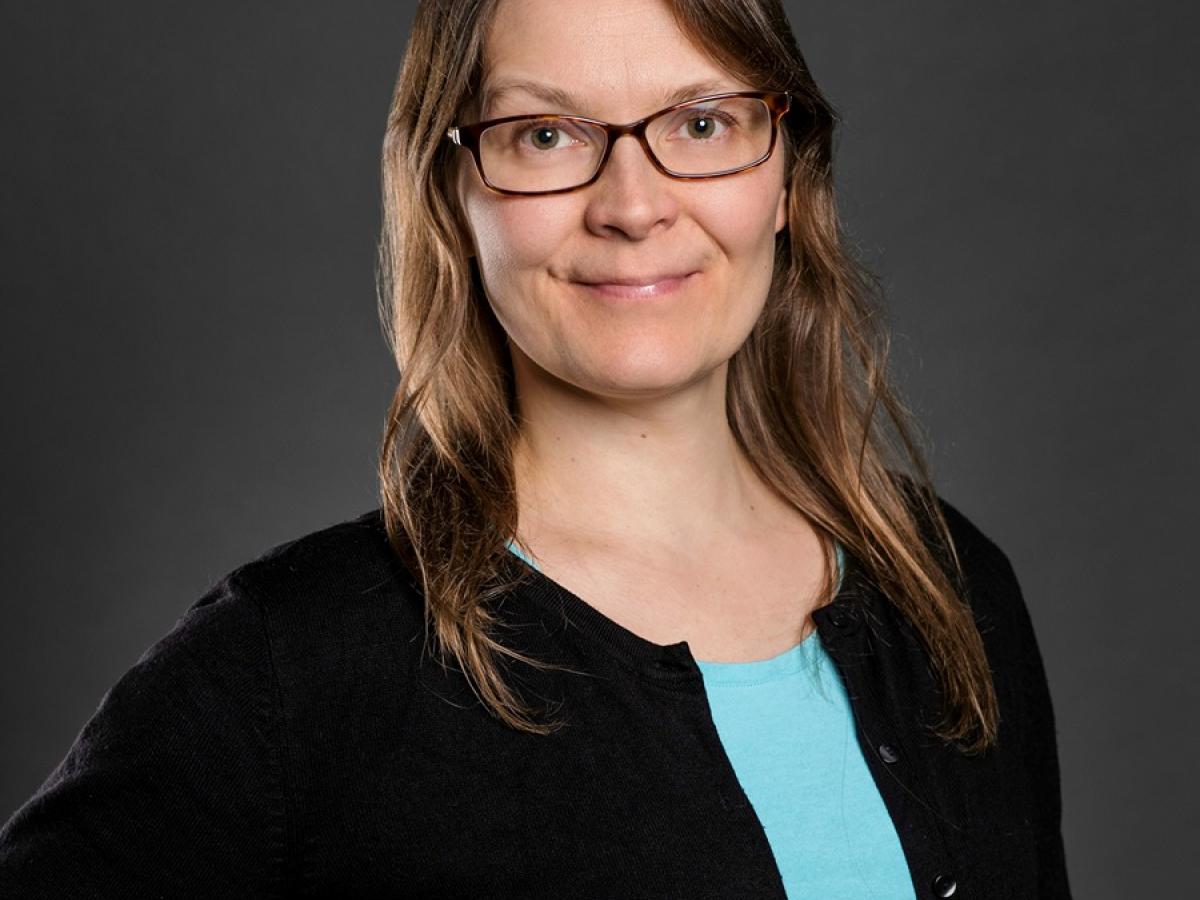
Dr Anna Kaksonen leads the Industrial Biotechnology Group in the Industry Environments Program in CSIRO Environment. With her Group she develops biotechnological processes for environmental and industrial applications in the mining, energy, water supply, waste and wastewater treatment industries. Research topics of special interest have included: bioenergy, circular economy, waste/wastewater treatment and resource recovery, mining biotechnology and bioremediation of contaminated sites.
-
Benjamin Mee
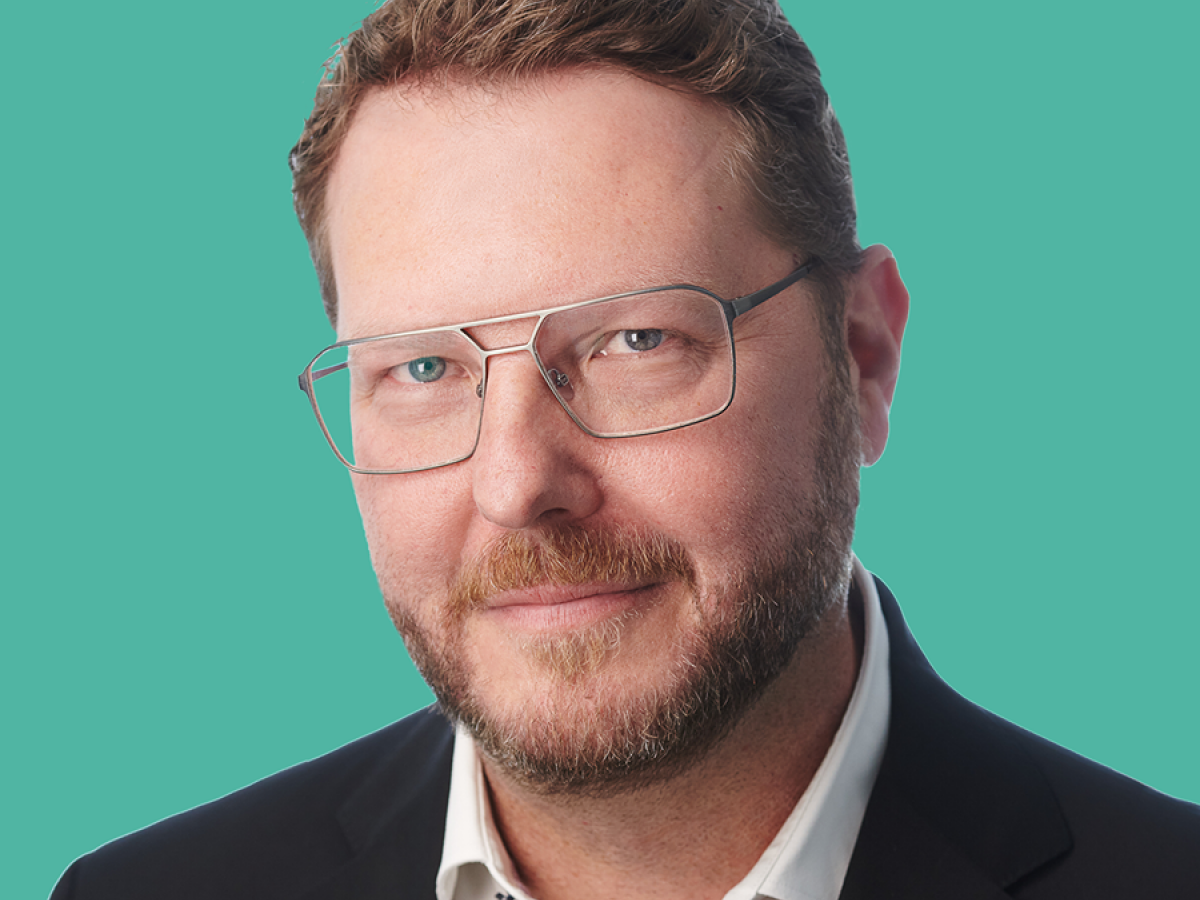
With a degree in geology and geophysics from Curtin University and University of South Australia, Benjamin started his career in energy at Woodside in 2002. He has held a variety of key technical positions across exploration, appraisal, development and production of oil and gas. In 2012, he joined Shell broadening into corporate strategy, portfolio management and venture leadership. He has led highly successful teams across Australia, Europe, Russia, Egypt and finally was Head of Deepwater Exploration for several sub-Saharan African countries, prior to moving back to Perth, Australia in late 2022.
Benjamin joined HyTerra in April this year to apply his skills to exploring and developing hydrogen made by Nature, which compliments his passion for sustainable and affordable energy.
-
Prof Bill Tumas (NREL)
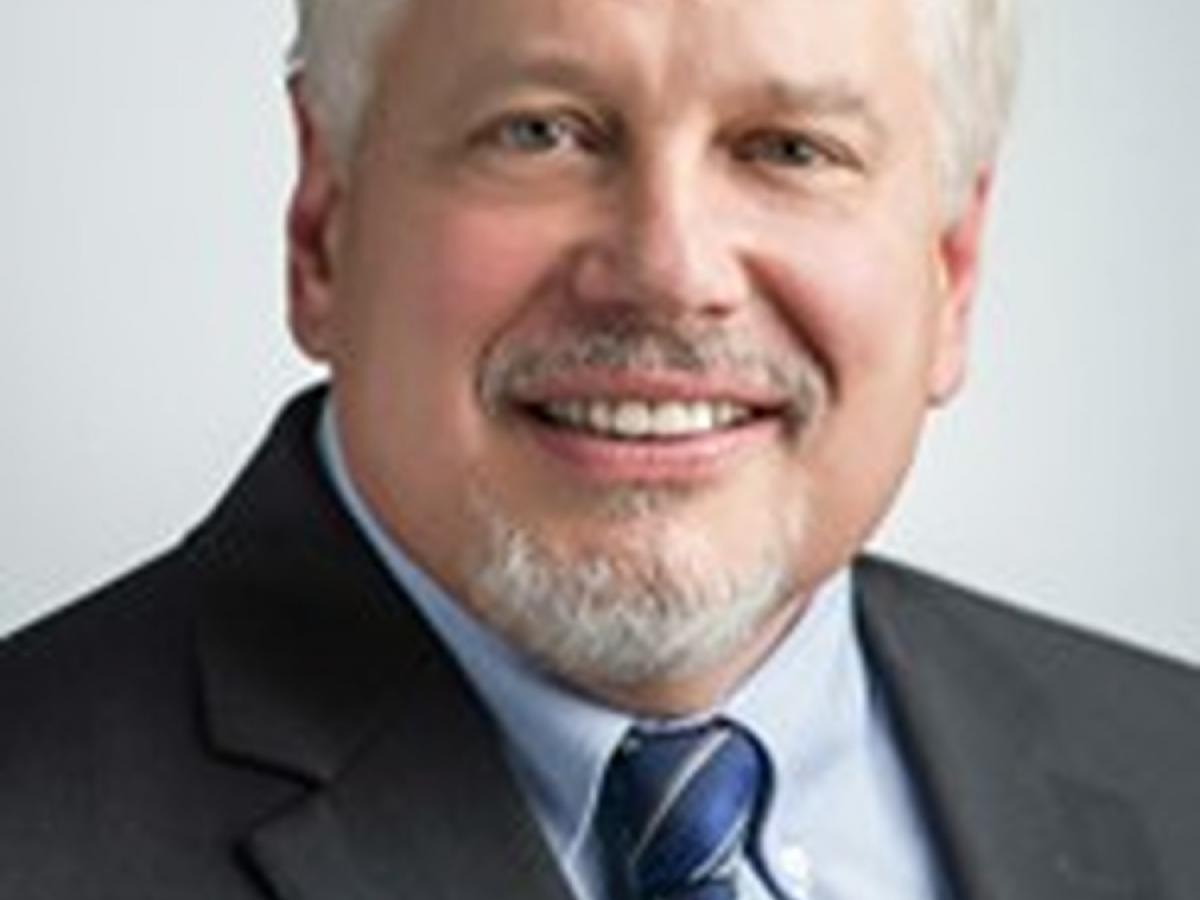
Bill Tumas is the Associate Laboratory Director for Materials, Chemical and Computational Science (MCCS) at NREL leading fundamental and applied R&D for renewable energy and energy efficiency. He oversees NREL's solar, hydrogen and fuel cells, basic energy sciences, advanced computing, and ARPA-E programs. Tumas has been actively engaged in collaborative research and technical leadership positions for over 30 years in industry and at national laboratories.
He has helped create a number of multi-institution and international collaborations, including the Solar Energy Research Institute for India and the United States (SERIIUS), was director of two Energy Frontier Research Centres (EFRCs), helps drive the RD20 collaboration led by Japan’s AIST (rd20.aist.go.jp). Bill is the US lead for and helped create the newly formed Mission Innovation Sunlight to X global innovation community (http://mission-innovation.net/platform/innovation-community-on-sunlight…). He is also on the management team for the Liquid Sunlight Alliance (LiSA, www.liquidsunlightalliance.org), a DOE Office of Science Basic Energy Sciences solar fuels hub.
Prior to NREL, Bill was at Los Alamos National Laboratory for 17 years, where his last position was Program Director for Applied Energy Programs. He started his career at Dupont Central Research after postdoctoral research at Caltech. His research activities include materials discovery, solar energy conversion, hydrogen storage, catalysis, supercritical fluids and alternate reaction media, green chemistry, and waste treatment technology development and assessment. He has over 65 peer-reviewed publications, 12 patents, and has given over 125 invited presentations. Bill received a B.A in Chemistry from Ithaca College and a Ph.D. in Organic Chemistry from Stanford University.
-
Prof. Cafer T. Yavuz (KAUST)
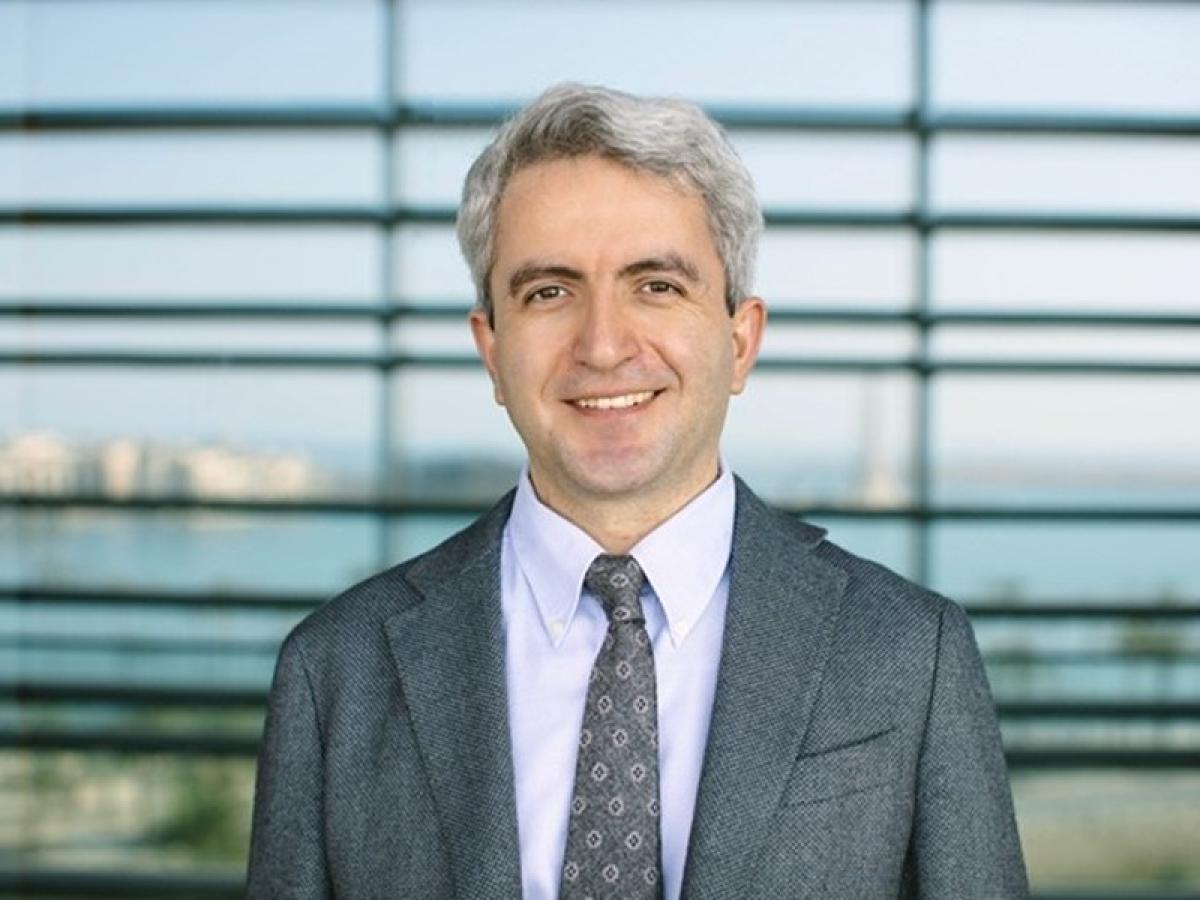
Prof. Cafer T. Yavuz received his Ph.D. from Rice University in 2008 with a Welch scholarship and was a postdoc at UCSB (2008–2010). He worked at KAIST from 2010-2020. Currently, he is a professor of chemistry at KAUST leading a team of over 20 researchers and professionals with a research program on nano and porous materials design and synthesis for applications related to energy and the environment, particularly in CO2 capture and conversion, and electrochemical water splitting.
-
Dr Caleb Boyd (Molten)
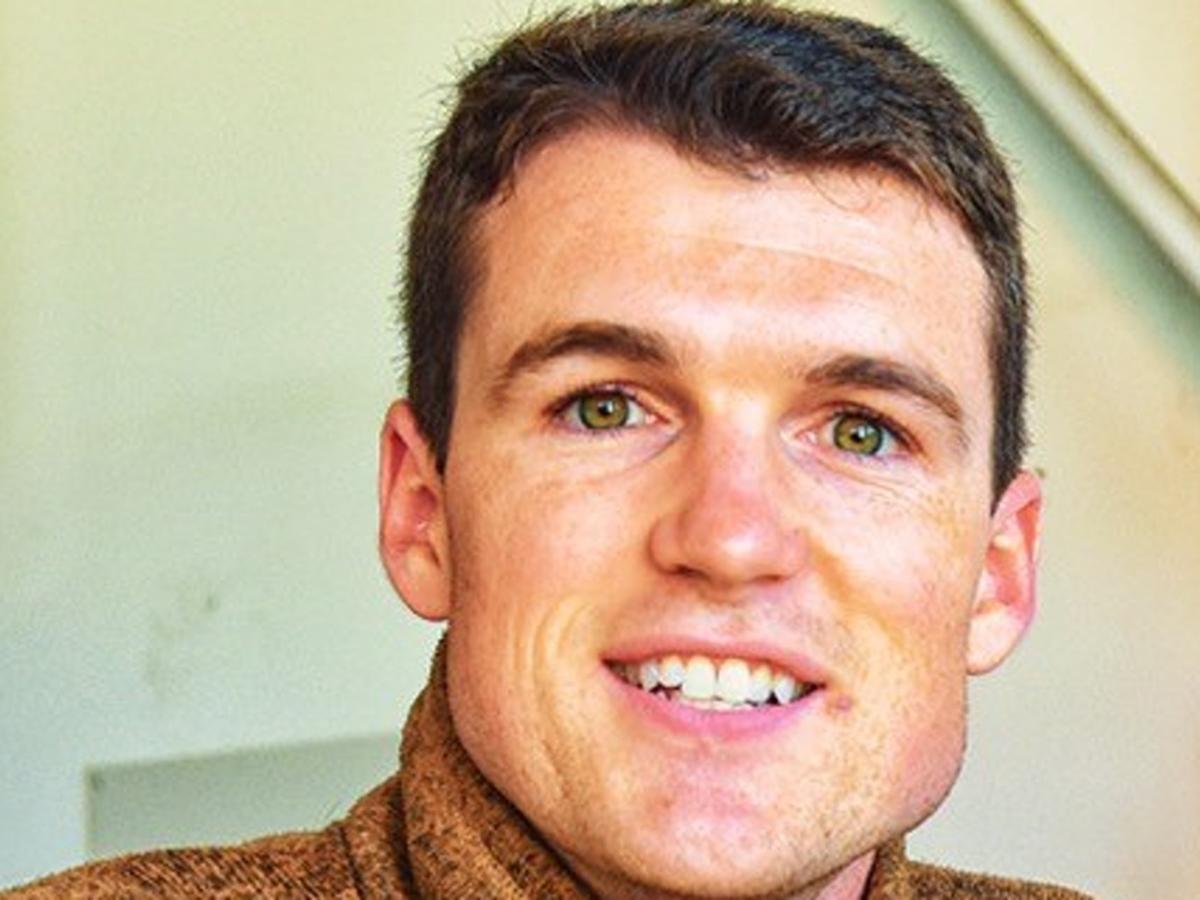
Caleb is the co-founder and CTO of Molten Industries, an Oakland, California-based company developing novel hydrogen production technology to decarbonize heavy industry. Caleb has global experience including VC investing in climate tech at UVC Partners in Munich, Germany and building the one of the world’s most affordable air purifiers in Kolkata, India. Caleb studied Mechanical Engineering and Materials Science as an undergraduate at UC Berkeley, during which he took time off to work in product design at Apple and co-founded the UC Berkeley Hyperloop team.
Caleb received his PhD from Stanford University as an NSF graduate research fellow, where he split his time between Stanford and the National Renewable Energy Lab and developed some of the world’s highest efficiency perovskite-silicon tandem solar cells. Caleb has co-authored 15 peer-reviewed publications with over 2000 citations, including first author publications in Science and Joule. Caleb is a Breakthrough Energy Fellow and is a Forbes 30 under 30 in Energy.
-
Cameron Smith (FFI)
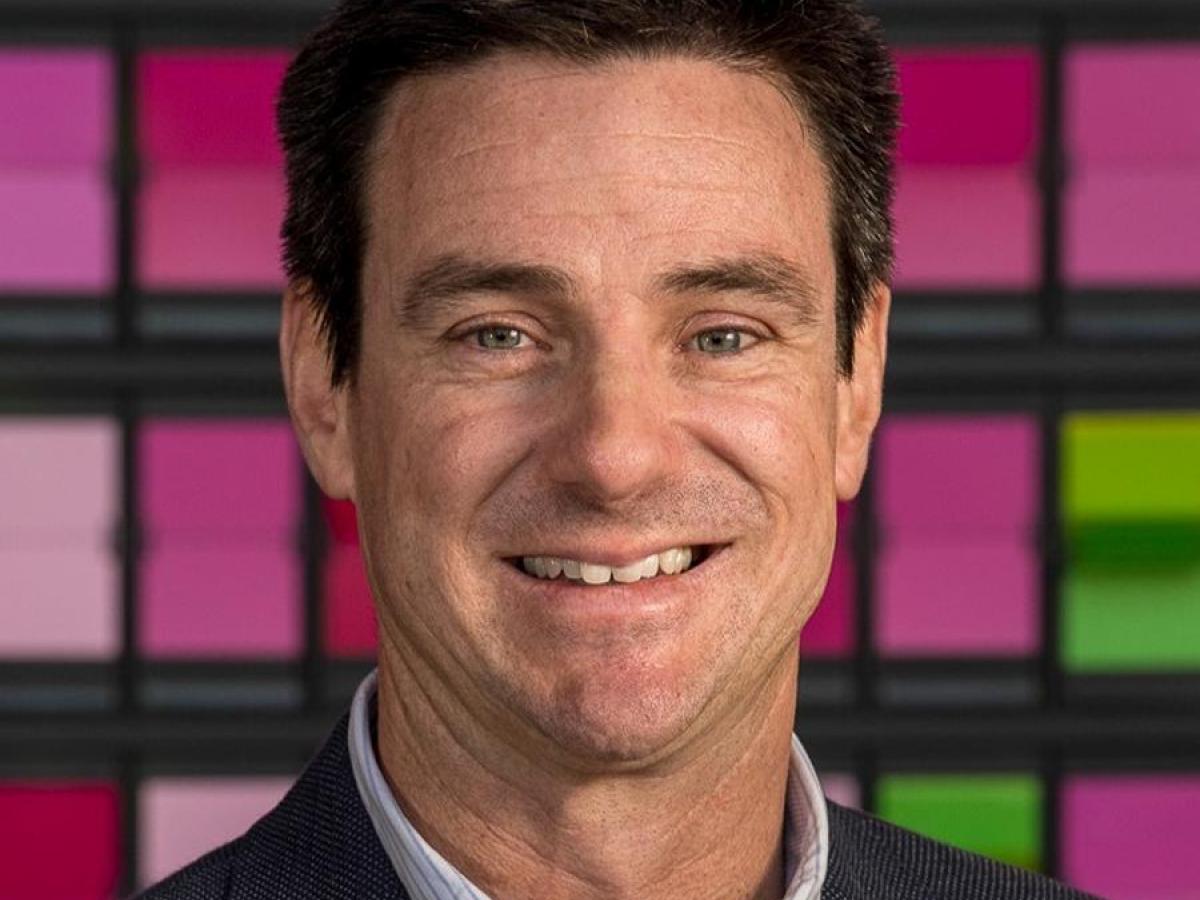
Mr Smith is a former military officer who holds a Bachelor of Civil Engineering from the University of New South Wales and a Master of Business Administration from the University of Wollongong. He has over 20 years’ experience working in senior leadership roles in both government and private organisations, predominantly in the Military, Security, Construction and Mining sectors.
Mr Smith has been with Fortescue since its inception having worked previously in a consulting role for Fortescue enabling their operations in remote and developing regions globally. A key focus of Mr Smith’s former roles has been working across several post conflict and developing nations to build internal capacity for governance, in turn creating viable projects that encourage local development and employment.
More recently Mr Smith was given the Manufacturing portfolio where he is responsible to ensure all the major input systems and components for the FFI Projects are available at a viable cost, quality, and quantum. This role has a broad focus across the value chain and currently involves projects in wind and solar generation, hydrogen production and major electrification systems.
-
Dr Chris Boreham (Geoscience Australia)
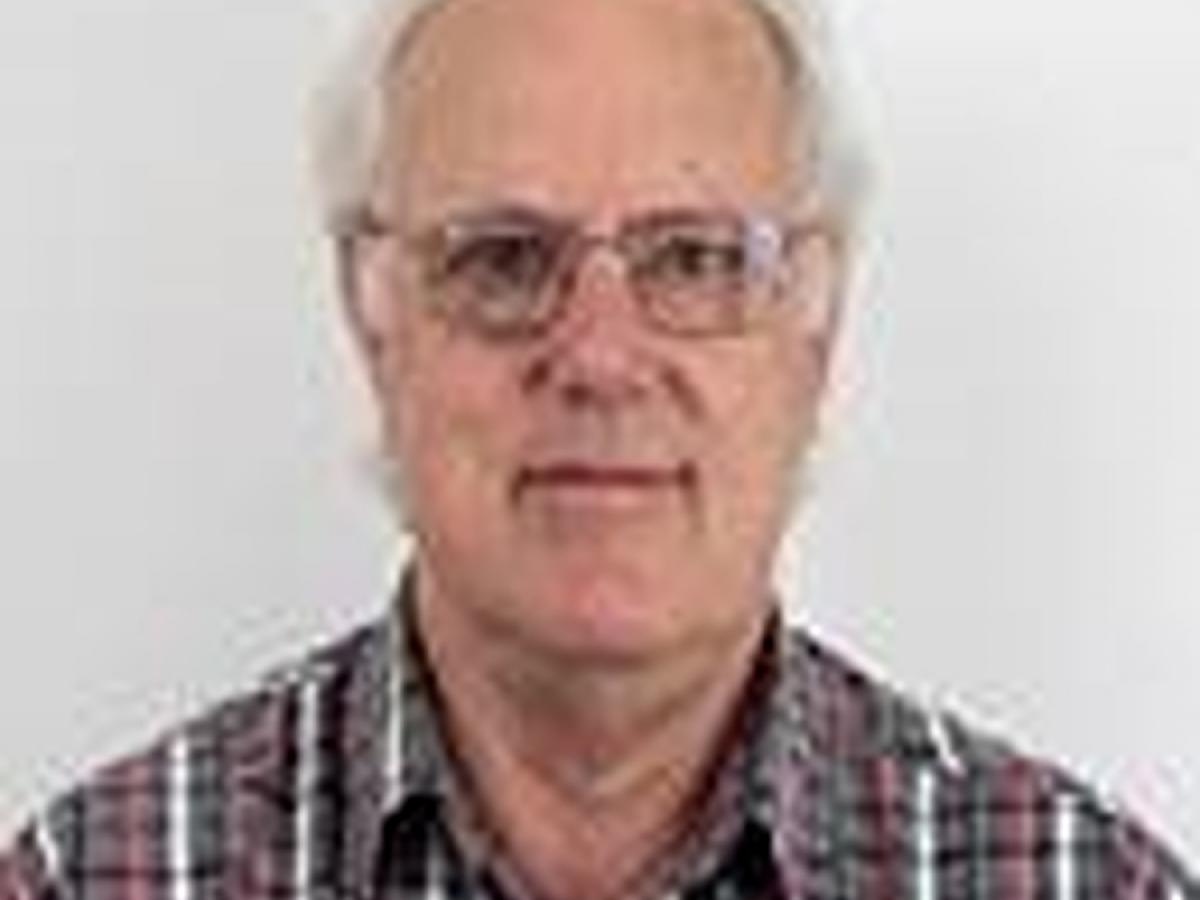
Dr Christopher J. Boreham is a principal organic geochemist at Geoscience Australia working in the Minerals, Energy and Groundwater Division. He obtained a Ph.D. in Chemistry at the Australian National University. Chris applies his skills to understand the evolution of petroleum and abiogenic gas in Australian basins. Chris is a member of PESA and AAPG.
-
Prof. Francesca Toma (Helmholtz)
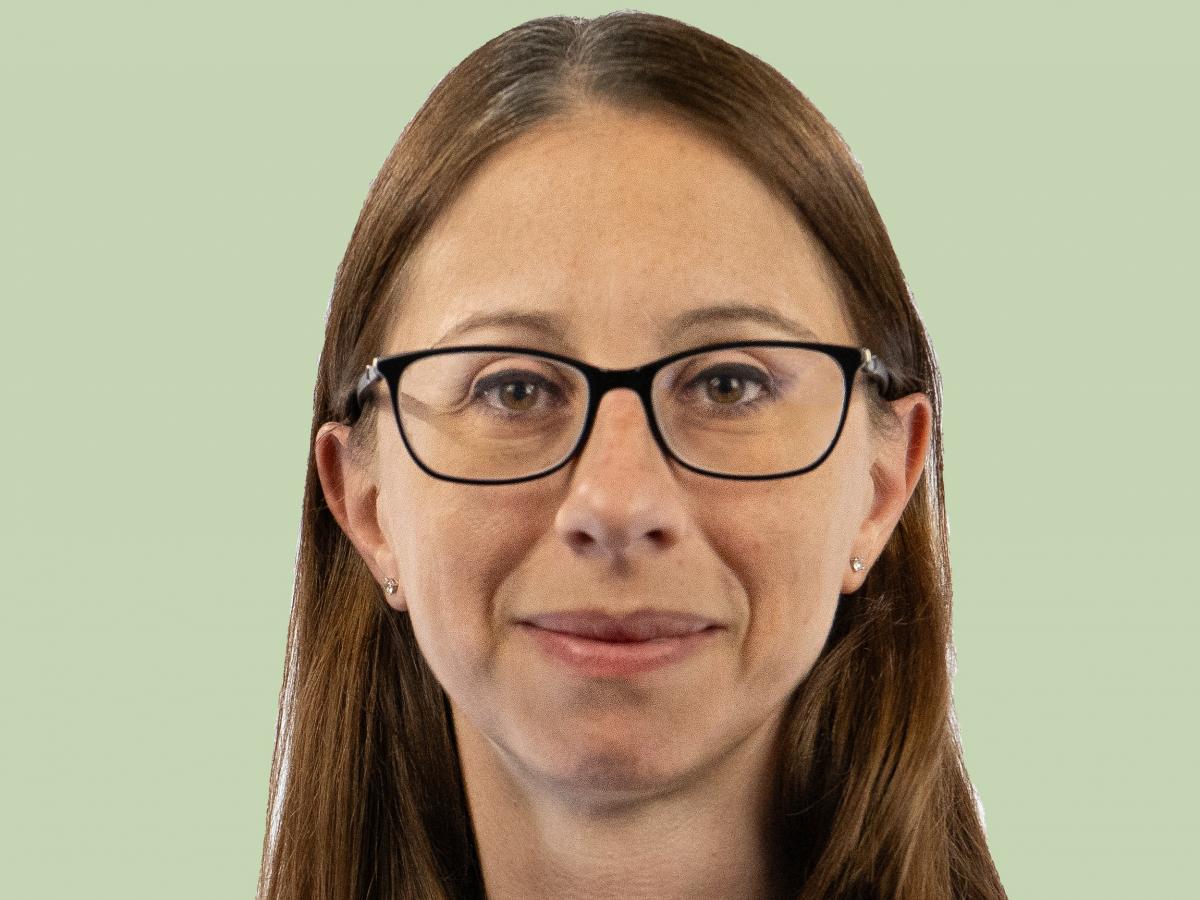
Prof. Toma is the Director of the Institute of Functional Materials for Sustainability at Helmholtz Zentrum Hereon and a Distinguished Helmholtz Professor at Helmut Schmidt University. Her research centres on the synthesis and characterization of sustainable materials for renewable energy and biological applications. She also holds a position as a Visiting Professor at Lawrence Berkeley National Laboratory.
She earned her Ph.D. in Biophysics from the International School of Advanced Studies in Italy in 2009, and acquired postdoctoral experience at the University of Trieste, before moving to the University of California, Santa Barbara as a Marie Curie Researcher in 2011, and to the University of California, Berkeley in 2013. For nearly a decade, she was as a Staff Scientist at Lawrence Berkeley National Lab, where she served as the Program lead of the Liquid Sunlight Alliance and as the Photoelectrochemistry Technology Lead for HydroGEN.
Prof. Toma's has co-authored 100 publications, focusing on (photo)electrocatalysis, drug delivery, and tissue engineering. Her work has garnered international recognition with several awards. She was honoured as one of the "100 Women of Materials Science" by the Royal Society of Chemistry in 2018 and received the "Rising Star" Award from the American Chemical Society in 2021. She was also awarded the “Alfredo di Braccio Award” by the Italian Academy of Science. Her achievements culminated in her selection as an Oppenheimer Fellow by the US National Laboratory Directors' Council in 2022, underscoring her contributions as a leader to advancing scientific research.
-
Gerard Gatt (Sakowin)
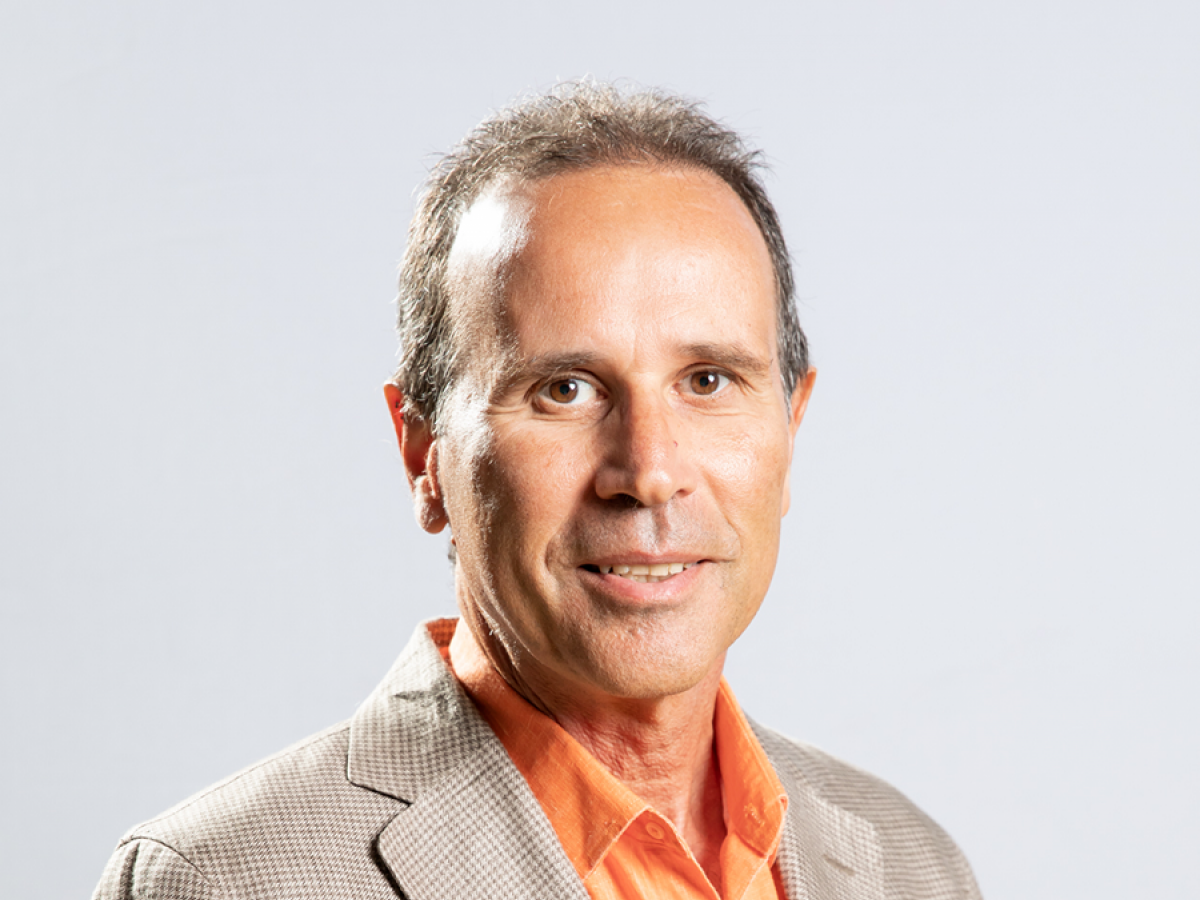
Gérard Gatt discovered hydrogen in 2016 while reflecting on the global challenges of the energy transition and energy performance issues. A specialist in business development, management and innovation financing, he created Sakowin in 2017.
Sakowin was born of the conviction that methane is, in view of the challenges and constraints of the global energy transition, a relevant avenue for producing hydrogen sustainably and economically. In May 2020, a co-development agreement was signed with an engineer specializing in microwaves and plasma gas cracking. The first patents were filed in October 2020, and a working prototype saw the light of day in September 2021. We will be installing our 1st industrial pilot unit in 2024.
-
Dr Greg Perkins (WildFire)
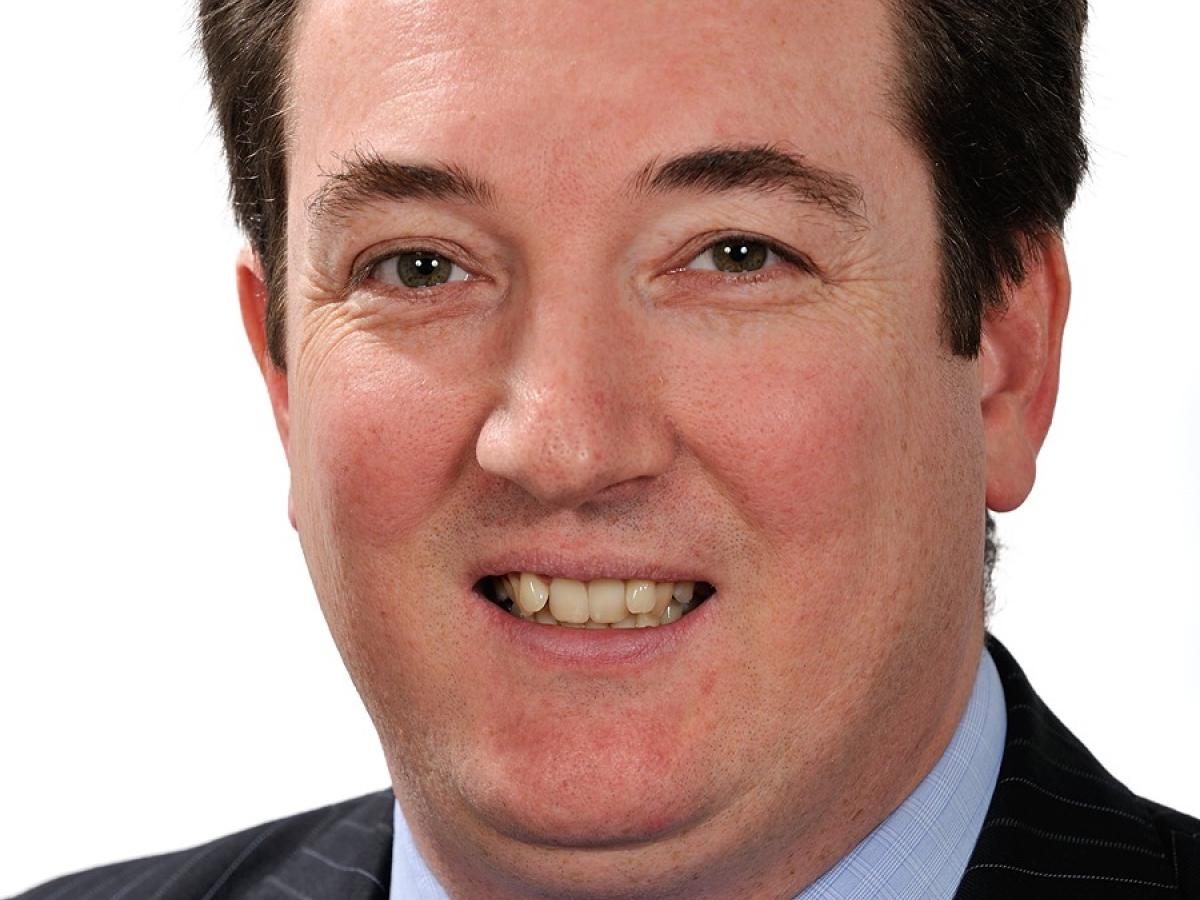
Dr. Greg Perkins is a co-founder and CEO of Wildfire Energy, an Australian cleantech developing the MIHG process for converting residual wastes at distributed scale into valuable products including electricity, hydrogen and fuels/chemicals. Greg has 25 years of industry experience with companies including Rio Tinto and Shell International and is also an Adjunct Professor in Chemical Engineering at the University of Queensland.
-
Dr Hanna Breunig (LBNL)

Dr. Hanna Breunig is a Research Scientist and Deputy-Head of the Sustainable Energy and Environmental Systems Department in the Energy Analysis and Environmental Impacts Division. She holds a secondary joint appointment in the Earth Systems and Society Domain in the Climate and Ecosystem Science Division. Hanna specializes in techno-economic analysis, process modelling, market analysis, and environmental and human health impact assessment (life-cycle assessment) of emerging energy and negative emissions technologies.
These include high temperature thermal energy storage, bioenergy, enhanced weathering, and gas (H2, CO2, CH4) capture, production, storage, utilization, and management technologies. She holds a B.Sc. in Environmental Engineering from Cornell University and an M.Sc. and Ph.D. in Civil and Environmental Engineering from UC Berkeley.
-
Dr Hannah Johnson (Toyota)

Dr Hannah Johnson is a Senior Engineer in the Materials Engineering department at Toyota Motor Europe based in Belgium. She has been working on solar fuel production for the past 6 years with topics including hydrogen production, CO2 conversion and CO2 capture. For hydrogen production, there are three pathways under investigation – photoelectrochemical, photocatalytic and photovoltaic combined with electrolysers.
For photoelectrochemical hydrogen production, she is coordinator of the European Horizon 2020 project, Sun-To-X, which, for solar hydrogen, focuses on development of transparent, porous and conductive photoelectrode supports and methods to deposit semiconductors onto them.
-
Heike Carl Zatterstrom (Boson)
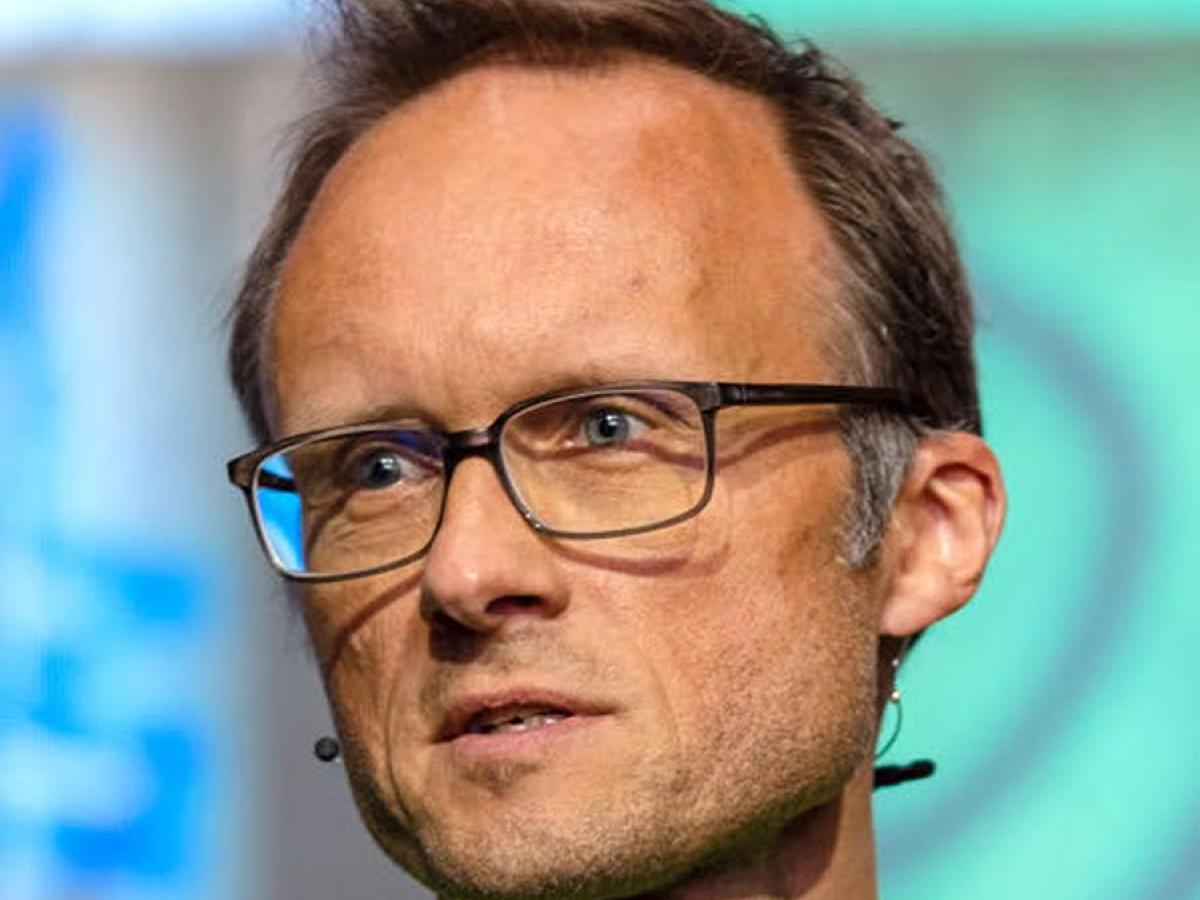
Heike is an industrial cleantech entrepreneur and advocate for a sustainable and resource efficient circular economy – making a case for the role that waste can play in green molecules, speed charging and electrification, urban food production, circular construction materials, and climate mitigation.
Heike has spent most of his career as a communicator and analyst for small and big companies within trust-based industries; such as energy security, research services, telecom/internet, and trade promotion services. He has worked in Scandinavia, W/E Europe, Middle East and Central America. Heike holds an MSc from the Stockholm School of Economics and the Carlson School of Management.
-
Jan-Justus Schmidt (Enapter)
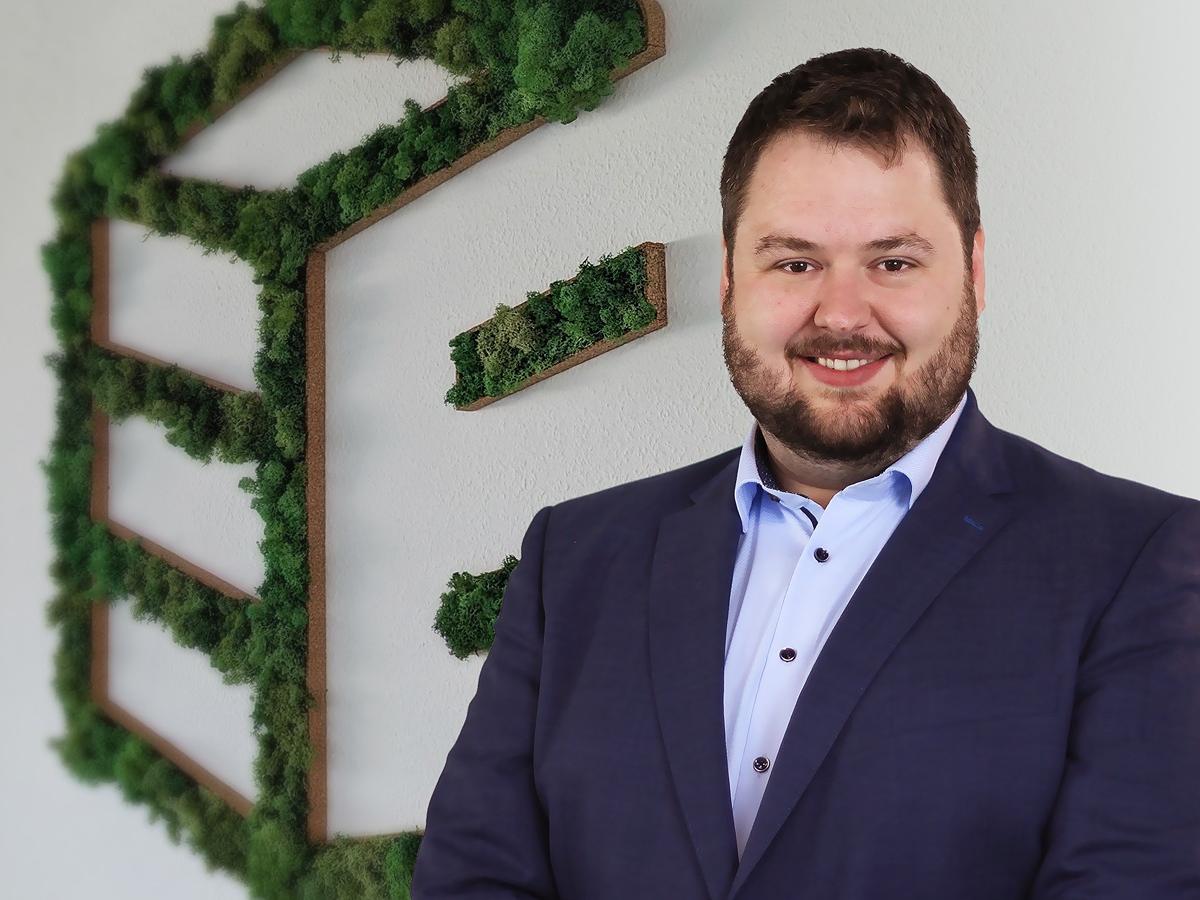
Jan-Justus Schmidt is co-founder and CTO of Enapter. Jan founded Enapter together with his father Sebastian-Justus Schmidt and Vaitea Cowan, with the goal to make green hydrogen cost-competitive with fossil fuels and decarbonize all energy sectors. Enapter is the pioneer and commercial leader in AEM electrolyser technology, which is widely seen as a potential market disruptor and the next-generation electrolyser technology. Enapter has already shipped more than 3600 electrolyser systems for small-scale decentralized applications to more than 250 customers in over 50 countries. Today, the main focus of Jan and his team is on bringing Enapter’s patented AEM electrolyser technology to the industrial multi-MW scale with the AEM Multicore.
Jan has a master’s degree in Aerospace Engineering from the University of Sheffield, UK, and an MBA from Hong Kong University of Science and Technology. He was listed as Forbes 30 under 30 in Energy in 2020. Before starting Enapter, he was the lead project manager at the Phi Suea House, responsible for the technical design and implementation of the world’s first off-grid multi-house residence powered by a hybrid solar-hydrogen microgrid.
-
Dr Joshuah Stolaroff (Mote)
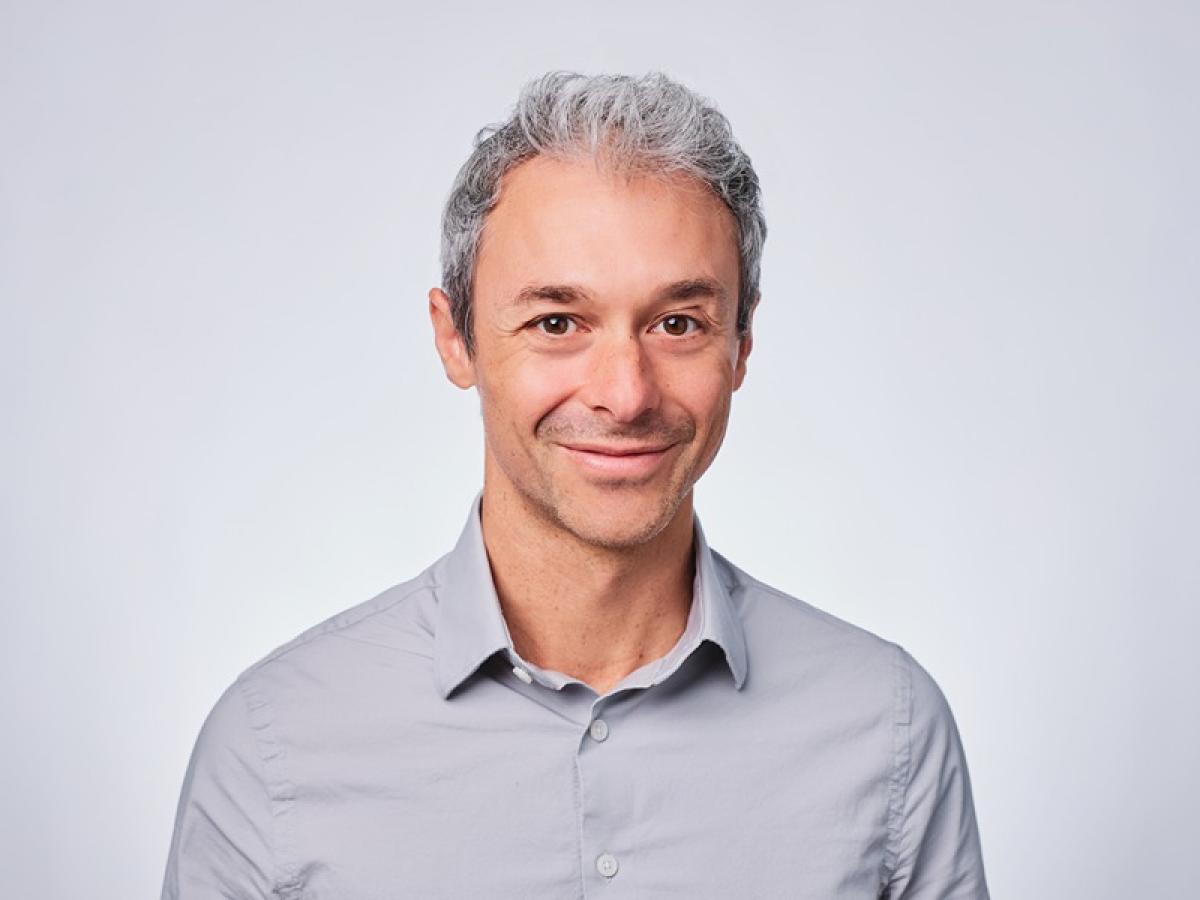
Dr. Stolaroff spent 11 years at LLNL as a staff scientist and Carbon Capture Technology Manager, leading projects in carbon capture, advanced manufacturing, and clean energy. At LLNL, Josh’s team brought an environmentally friendly, low-cost carbon capture technology to pilot, in partnership with SoCalGas and Xebec. Dr. Stolaroff was on the team at LLNL that completed the research “Getting to Neutral” which was in the inspiration for Mote. Prior to joining LLNL, Josh held an AAAS Science and Technology Fellowship at the U.S. EPA doing climate policy research and a post-doctoral fellowship at Carnegie Mellon’s Climate Decision Making Center.
He has a PhD in Engineering & Public Policy and Civil & Environmental Engineering from Carnegie Mellon University and a B.S. in Environmental Engineering Science from the University of California, Berkeley. His thesis on the feasibility of direct air capture, under Greg Lowry and David Keith, formed the groundwork for the company Carbon Engineering. Dr. Stolaroff has been at Mote for over 2 years previously as the Chief Technology Officer and his guidance and expertise has proven pivotal in creating a reputable and successful climate tech startup.
-
Dr. Katharina Brinkert (University of Warwick/University of Bremen)
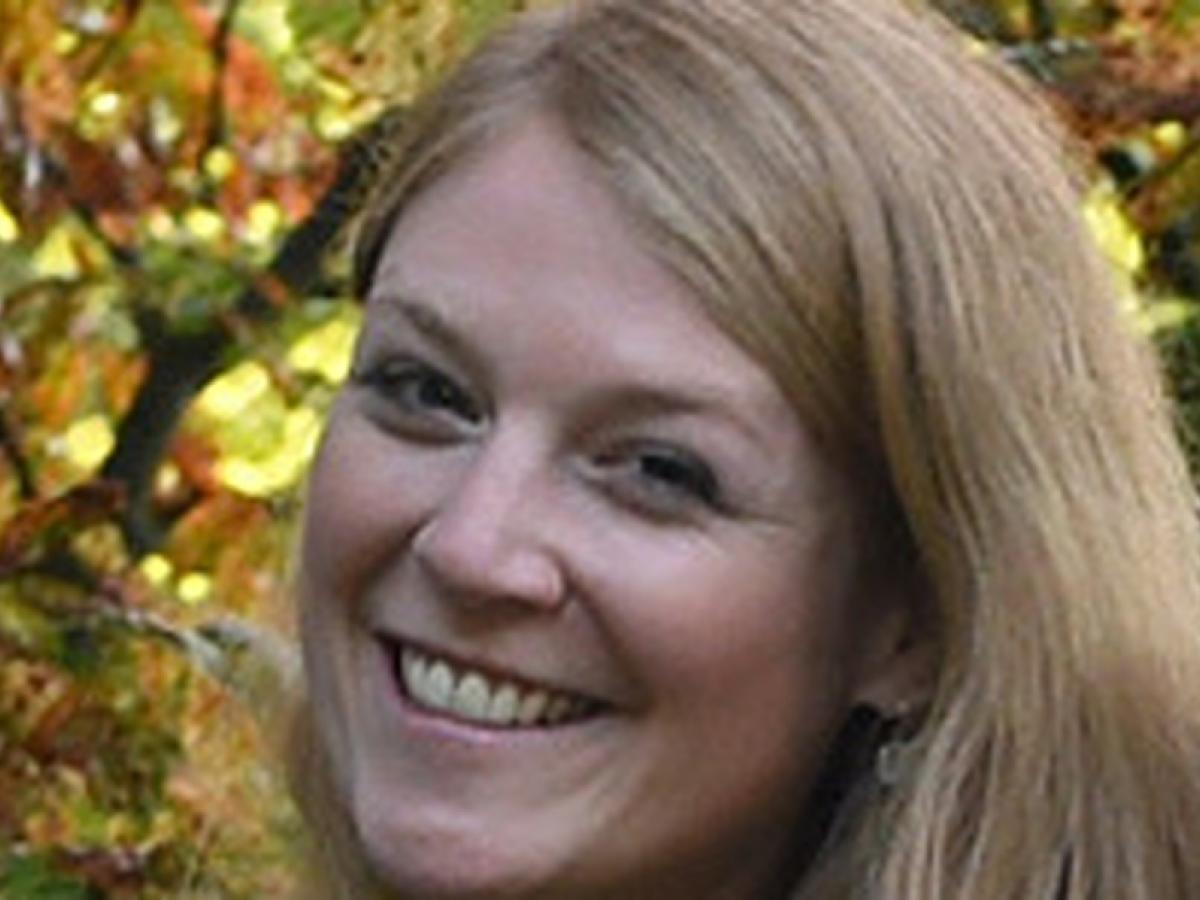
Dr. Katharina Brinkert is an Assistant Professor in Catalysis (tenure-track) at the University of Warwick, UK and a group leader at the Center of Applied Space Technology and Microgravity (ZARM) at the University of Bremen, Germany. Her group’s research interests span artificial photosynthesis systems generating oxygen, fuels and other chemicals from sunlight using (photo-)electrocatalysis for applications in terrestrial and space environments. Katharina is currently leading a Topical Team at the European Space Agency on "Interfacial Processes in (Photo-)Electrochemistry in Reduced Gravitational Environments (IPERG)" and she has received the Zeldovich Medal in 2021 for founding the research field “Photoelectrochemistry in Space Environments”.
Prior to her position at Warwick, she was a Leopoldina Postdoctoral Fellow at the California Institute of Technology/USA with Prof. Harry Gray, investigating (photo-)electrochemical ammonia production from dinitrogen. Before her stay in California, she was a Research Fellow with the Advanced Concepts Team at the European Space and Technology Center (ESTEC) in Noordwijk/ the Netherlands, investigating solar hydrogen production in microgravity environment. Katharina received her PhD from Imperial College London in 2015.
-
Dr Katherine Chou (NREL)
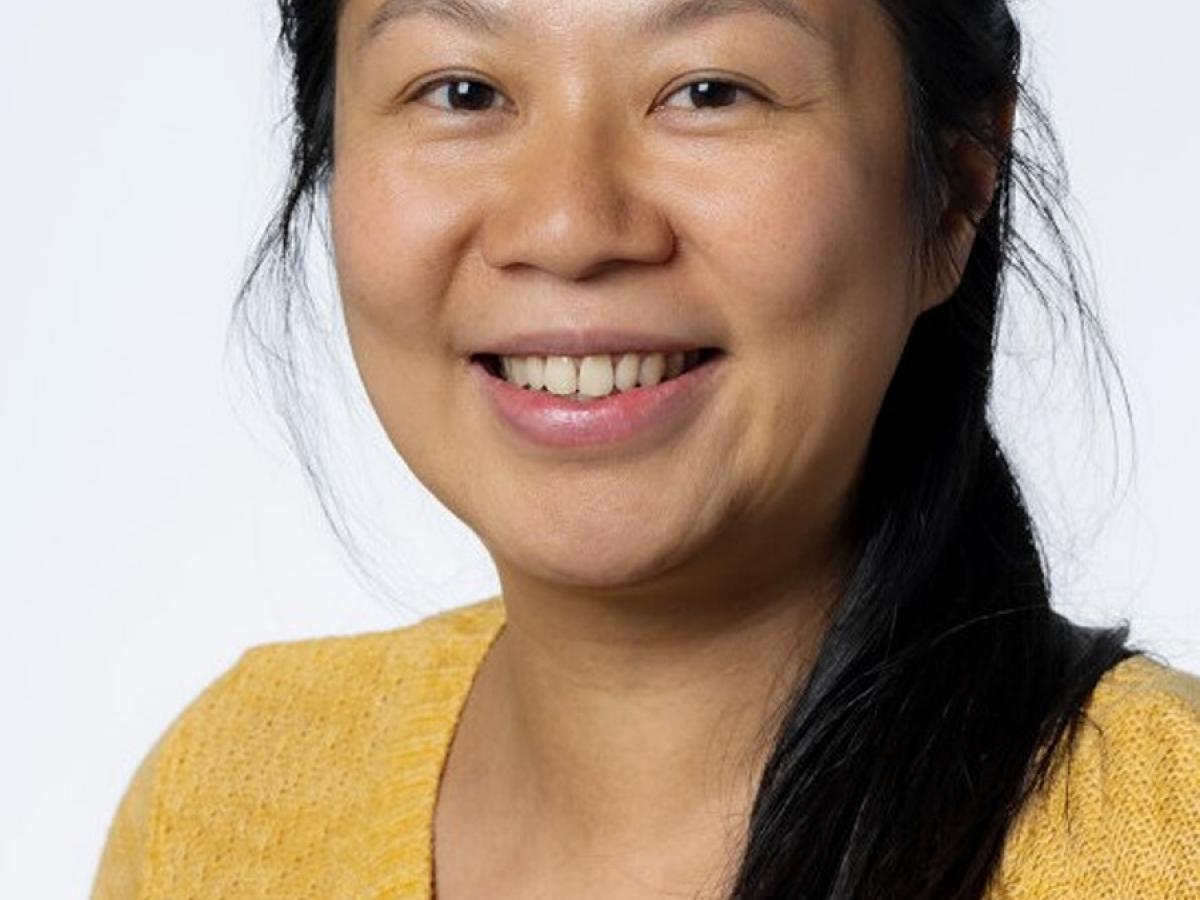
Katherine J. Chou, Ph.D. is a Senior Research Scientist leading the Bioenergetics Group within the Biosciences Center at the National Renewable Energy Laboratory (NREL). This national laboratory under the U.S. Department of Energy (DOE) is dedicated to energy efficiency and renewable energy research. She is serving as the Director of the national lab-led BioH2 Consortium supported by the U.S. DOE. Her work primarily focuses on developing a microbial, dark fermentation technology for economic green H2 production using waste lignocellulosic biomass as feedstocks.
Katherine has received numerous awards including NREL Outstanding Publication Award, twice Outstanding Mentor Awards, Director’s and President’s Awards. She has a Ph.D. in Chemical and Biomolecular Engineering from the University of California at Los Angeles (UCLA) where she also received B.S. and M.S. degrees in Chemical Engineering.
-
Dr Mandar Risbud (CSIRO)

Dr Mandar Risbud is a Research Scientist in Energy Business Unit at CSIRO, focusing on decarbonisation technologies like green hydrogen and green ammonia. He is currently working on the PEM electrolyser development through ENDUA and Green Ammonia Synthesis project supported by GRDC. He has a strong background in Chemistry, over 15 years of extensive laboratory research experience, and involvement in industry and government-sponsored research and consulting projects.
He has worked and published work in several electrochemistry application areas, including PEM electrolysers, gas sensor development, fuel cell electrocatalysis, electrochemical CO2 reduction, and redox flow batteries.
-
Martin Hablutzel (Siemens)
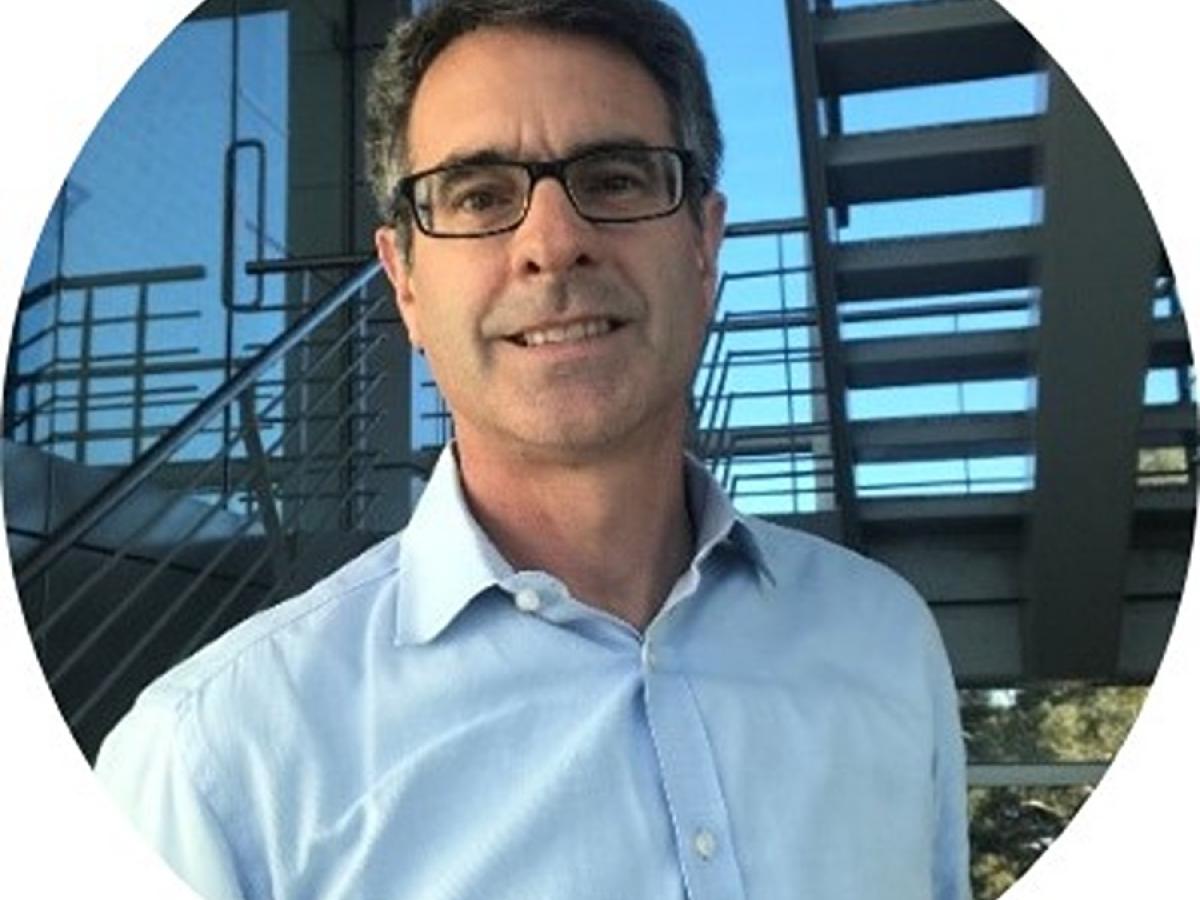
Martin Hablutzel is responsible for the Sustainable Energy Systems portfolio activities of Siemens Energy for Asia Pacific and China. The portfolio includes hydrogen electrolysers, power-to-x, solar PV and hybrid energy solutions.
He has been heavily involved in promoting the opportunities for hydrogen technology in its latest renaissance through market development, government dialog, numerous speaking engagements and interviews. Martin was a member of Alan Finkel’s stakeholder group contributing toward the formation of Australia’s National Hydrogen Strategy.
Martin’s expertise covers hydrogen technology solutions, electrical power systems applications, business case development and energy technology business management. He has a keen interest in emerging technologies and applications along the whole energy value chain.
Martin began his career at the (then) Hydro Electric Commission in Tasmania, joining Siemens in 1997 as a protection and control engineer. Subsequent roles in project engineering, project management, asset management, sales, marketing and executive management have given Martin broad exposure to the deployment of electrification, automation and digitalisation solutions in diverse industries including utilities, resources, infrastructure, transportation and manufacturing.
Martin holds a degree in electrical engineering from the University of Tasmania and an MBA from Deakin University. Martin is based in Melbourne, Australia.
-
Dr Max Ellerich (NEA group)
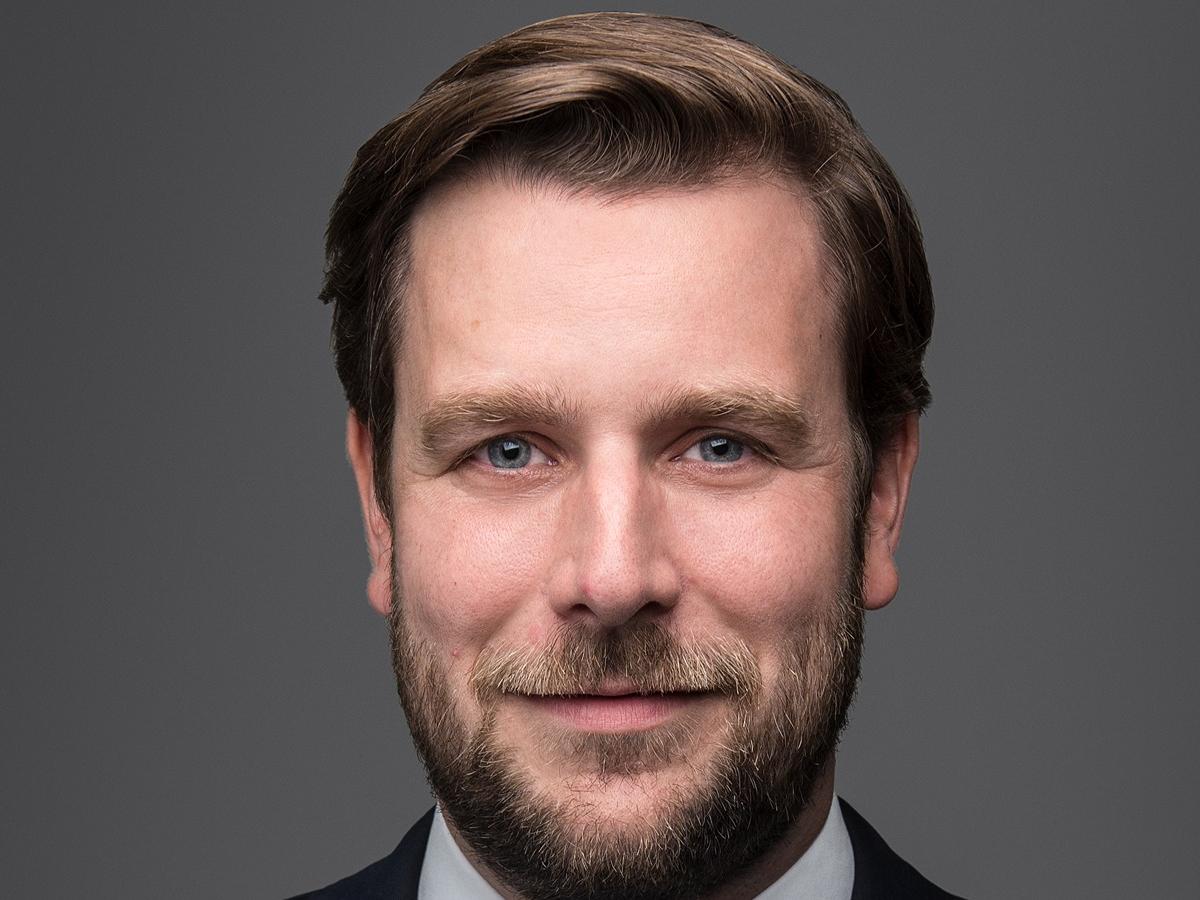
Max Ellerich, born in 1986, finished his M.Sc. in Mechanical Engineering and Business Administration with the focus in Energy Technologies at RWTH Aachen University. After working as executive assistant to the managing director of a 3rd party logistics company, Max headed back to RWTH Aachen University to conduct his PHD at Laboratory for Machine Tools and Production Engineering (WZL). During his six years at WZL, Max was managing director of the IT startup innoTecS, focusing the optimization of production planning and control.
He furthermore was assigned Chief Engineer of the department for Quality Intelligence at the Chair for Metrology and Quality Management from 2018 to 2020. At NEUMAN & ESSER (NEA), Max started within the Business Development of the NEA Energy Strategical Business Unit. In his current role as Solution Manager H2 Production, Max is now globally responsible for electrolyzers at NEA, where he aligns sales, business development and product development for electrolyzer systems.
-
Dr Ming S. Liu (DIMER)

Dr Ming S. Liu is a leading expert in gas processing, CCUS, and power-to-hydrogen/gas technologies and engineering. He is also an innovative entrepreneur devoted to renewable microgrid development and management.
Prior to founding DIMER, Dr Liu was a Senior Scientist and Project Leader at CSIRO (He also held the prestigious Honorary Fellowship from CSIRO). Dr Liu was awarded his PhD in Materials Physics from The University of Melbourne and BSc in Physics from Peking University.
Dimer has been focusing on developing novel technologies and engineering solutions for hydrogen processing (blue hydrogen), power-to-hydrogen (green hydrogen and ammonia), CCUS and co-generation renewable microgrids.
-
Prof Murray Thomson (UToronto)
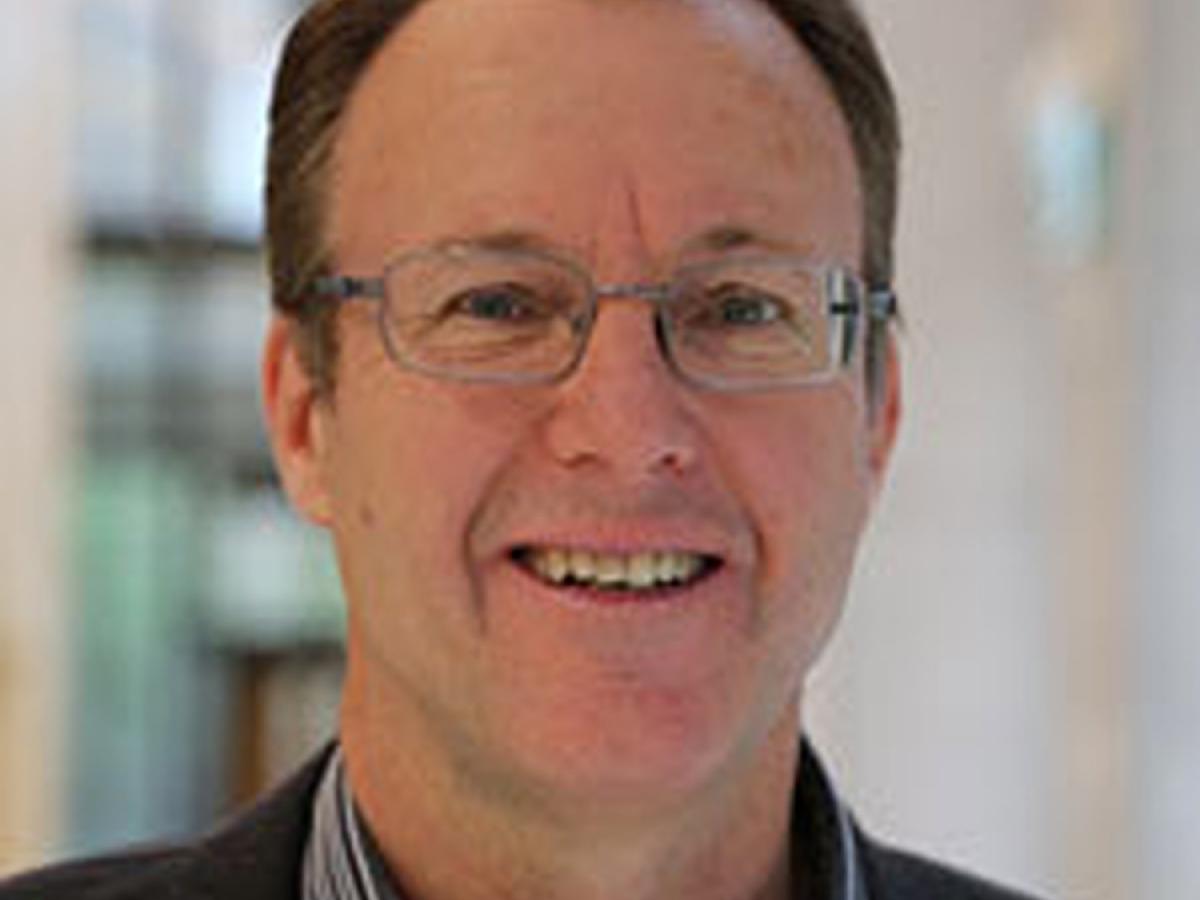
Dr. Murray Thomson is a Professor in the Department of Mechanical & Industrial Engineering at the University of Toronto. He is also cross-appointed with the Department of Chemical Engineering & Applied Chemistry. He received a BEng from McGill University (1986) and PhD from University of California, Berkeley (1994).
Professor Thomson is the Director of the Thomson Lab. He is on the organizing committee of the biennial International Sooting Flame Workshop, and the Board of Directors of the Canadian Section of the Combustion Institute. He is an Associate Editor of the journal Proceedings of the Combustion Institute.
Professor Thomson’s research is in the area of thermofluids with combustion/reactions with a focus on energy, biofuels, material synthesis, combustion modelling, and pollutant formation. He has supervised the thesis research of 99 graduate students and published 116 journal publications. He has several international collaborations (Singapore, France, USA) and industry collaborations. He is a Fellow of the Engineering Institute of Canada (EIC) and the Canadian Academy of Engineering (CAE).
-
Nathalie Monnerie (German Aerospace Center, DLR)
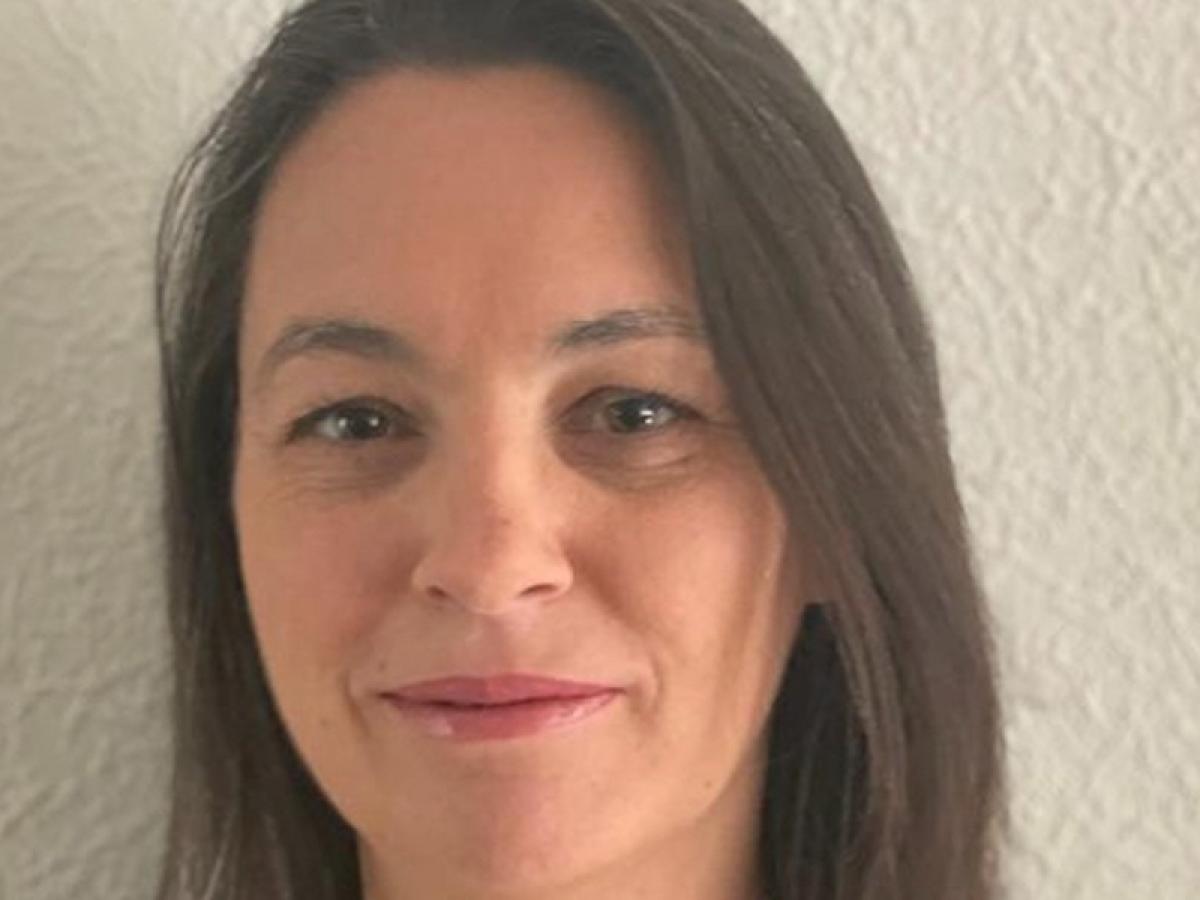
Nathalie Monnerie is acting head of the department “Solar production assessment” in Institute of Future Fuels at DLR since beginning of 2021. She holds two M. Sc degrees, one in chemical engineering and one in Management from the University of Strasbourg, France. She has worked at the Solar Research Division of DLR in Cologne (Germany) during 20 years as a scientist and project leader in the field of solar high temperature applications, in particular on the production of hydrogen and solar fuels from water and carbonaceous feedstock.
She has been coordinator and DLR responsible of several national and international projects. She was active in the project HYDROSOL, which has been awarded by the Descartes Prize 2006 for Scientific Collaborative Research and she is member of the German Hydrogen Research Network.
-
Owain Jackson (H2Au Ltd, UK)

Owain has over 20 years of experience as an exploration geologist, spending much of his career working across Africa for consulting firms, FTSE 100 commodities houses and national oil companies. More recently Owain has turned his attention to exploration for natural hydrogen, is now CEO and Co-founder of H2Au Ltd, a natural hydrogen exploration company based in the U.K. and France.
In partnership with the Natural Hydrogen Study Group in the UK, H2Au has developed exploration models for natural hydrogen and is screening and building a portfolio of natural hydrogen assets internationally
-
Dr Remo Schäppi (ETH Zurich)
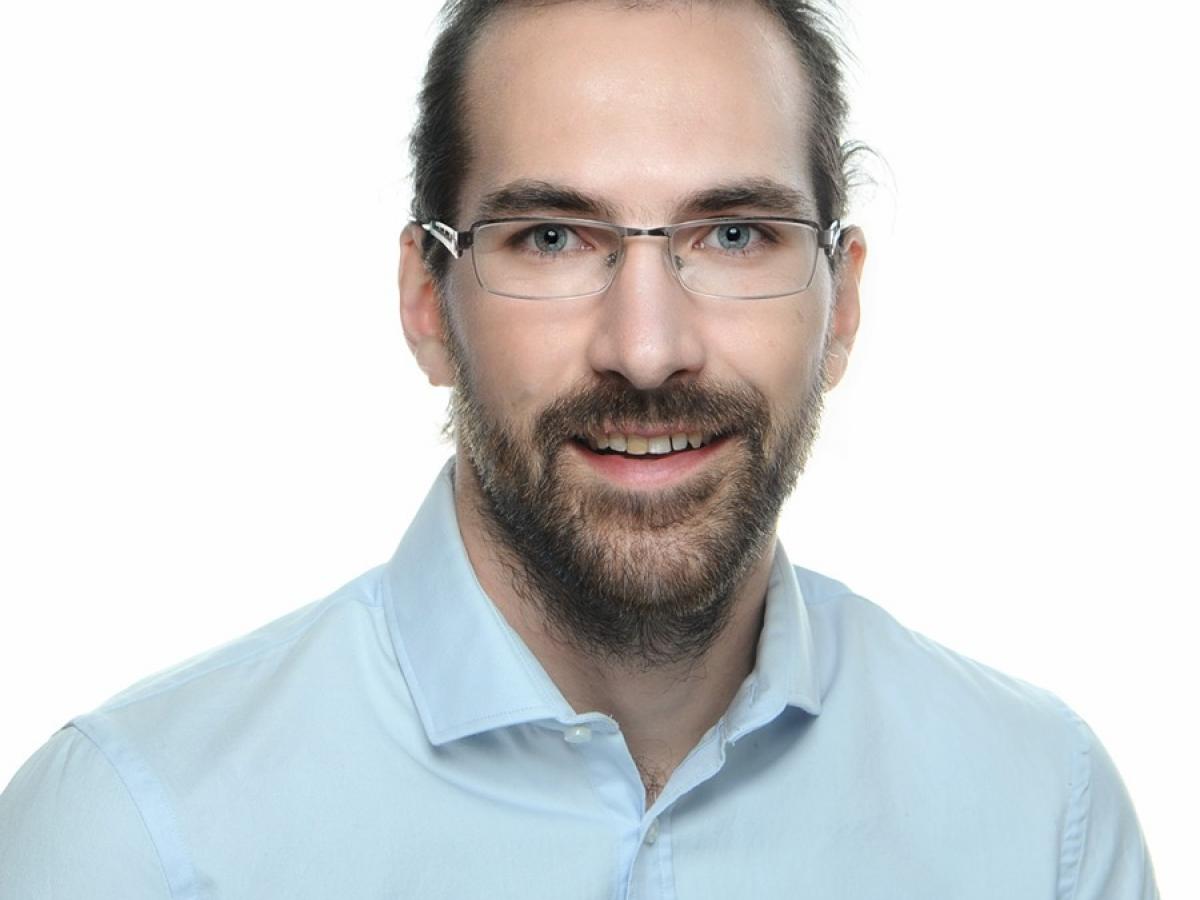
Remo Schäppi is a doctoral student at the professorship of renewable energy carriers at ETH Zurich. He holds a master’s degree in mechanical engineering from ETH Zurich and is focusing his research activities on the production of solar fuels and the demonstration of the entire production chain from sunlight and air to liquid hydrocarbons.
-
Richard Day (OHPSA)
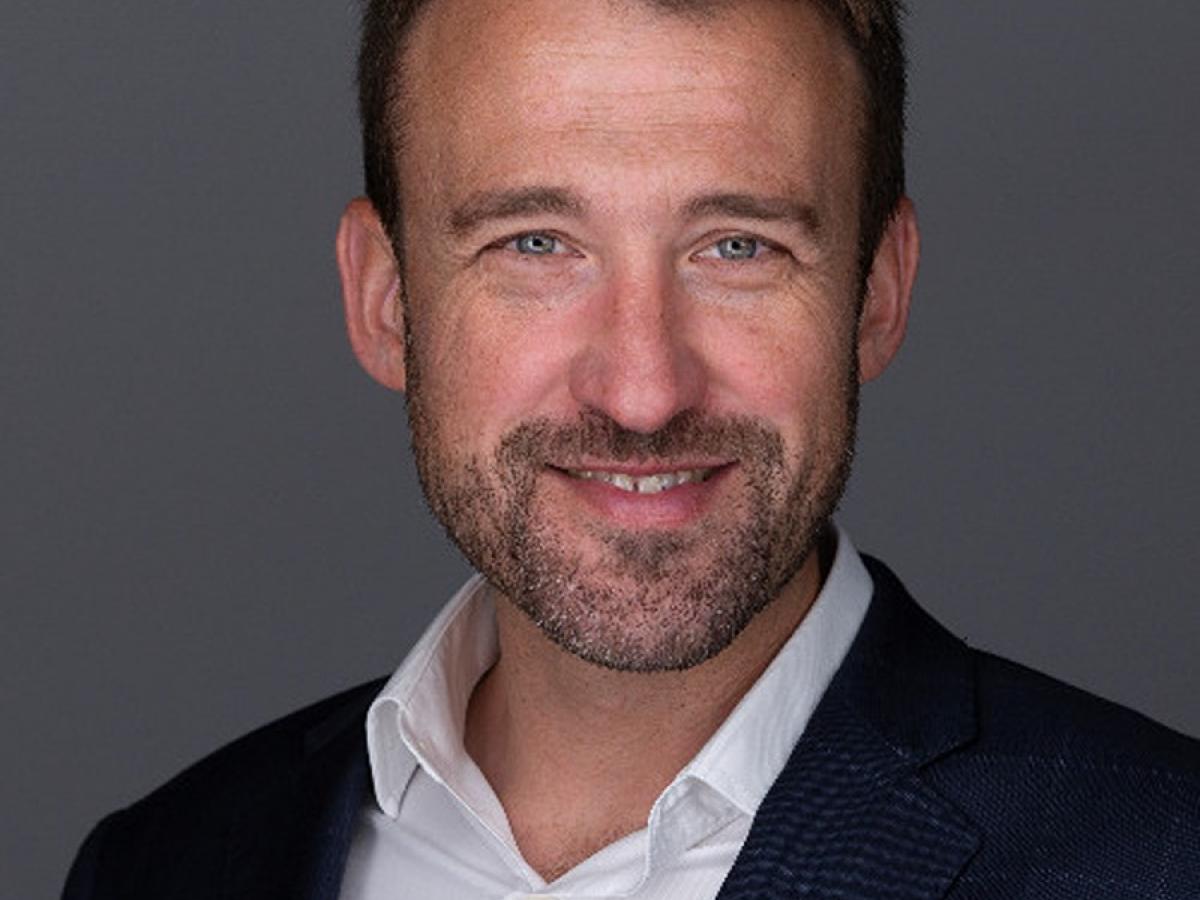
Richard joined the South Australian Government in 2001 and since that time has worked across the energy, climate change and industry portfolios.
Since 2016 his mission has been to capture the economic growth and decarbonisation opportunities associated with South Australia’s clean energy transformation towards net 100% renewables, as well as sharing this story with the world.
Richard’s achievements include spearheading the development of South Australia’s inaugural Hydrogen Roadmap, Hydrogen Action Plan, Hydrogen Export Modelling Tool, overseeing the implementation of the Renewable Technology Fund and the development of the state’s Electric Vehicle Action Plan as well as co-leading the bid team to successfully attract the Australian International Renewable Energy Conference to Adelaide in April 2024.
In March 2023 Richard joined the Office of Hydrogen Power South Australia in the role of Director Industry Development.
Richard is passionate about opportunities to further grow and attract energy-intensive value-added industries to SA and export South Australia’s renewables to the world as low carbon products.
-
Prof Robert Wexler (Washington University)
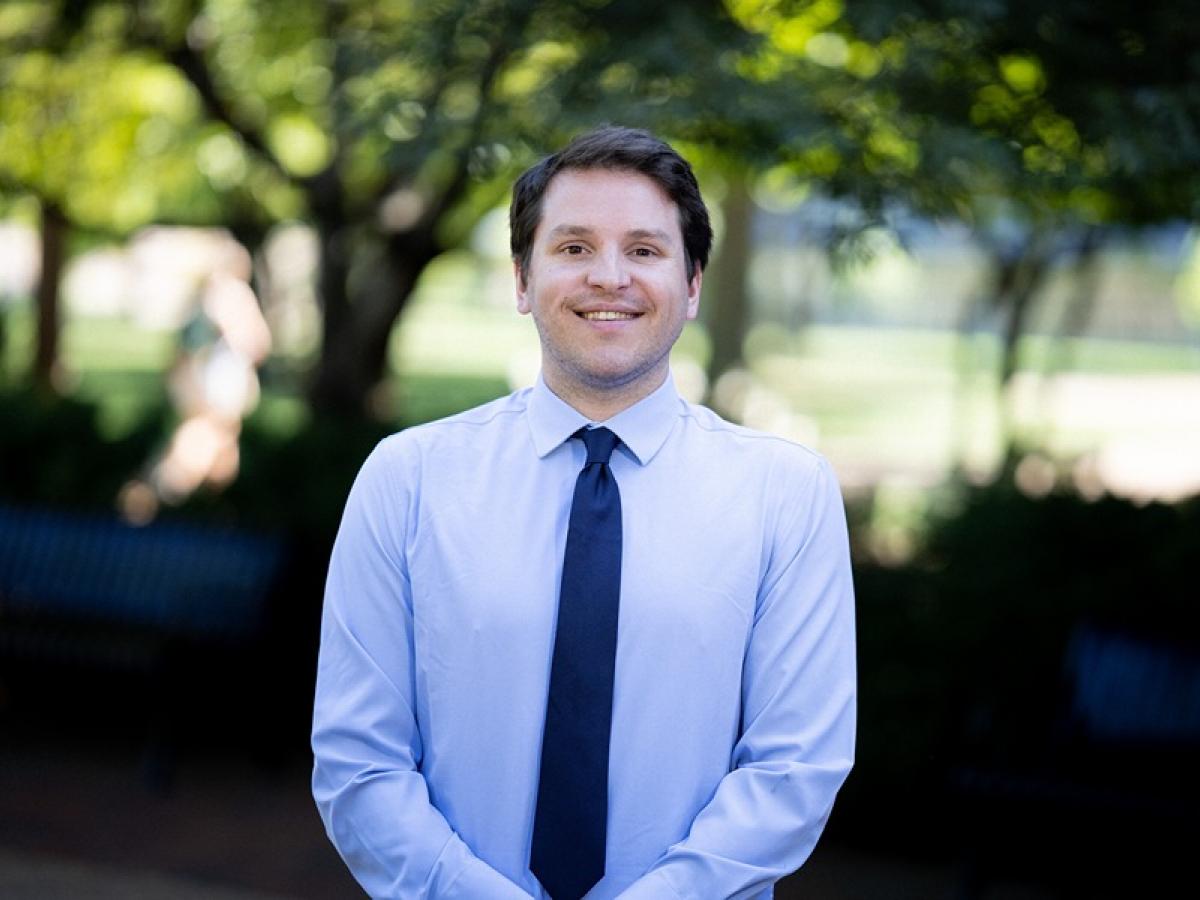
Robert Wexler is an Assistant Professor of Chemistry at Washington University in St. Louis. Dr. Wexler earned his Ph.D. in Chemistry from the University of Pennsylvania under the supervision of Prof. Andrew M. Rappe and was a Postdoctoral Research Associate at Princeton University with Prof. Emily A. Carter. Dr. Wexler’s research is focused on theoretical materials innovation for renewable energy and environmental applications, with a special emphasis on developing computational methods for the more realistic modelling of interfacial phenomena in electrocatalysis, solar energy conversion, and environmental energy harvesting.
Dr. Wexler is driven by the prospects of using first-principles calculations, molecular simulations, and machine learning as a synergistic approach for developing a fundamental understanding of complex materials systems, discovering relationships between their structure and function, and identifying promising routes for device optimization.
-
Dr Samuli Rasanen (Hycamite)

Dr. Samuli Räsänen is an accomplished Vice President of R&D at Hycamite TCD Technologies Ltd, holding a Doctor of Science (Technology) degree from Aalto University. With over 10 years of experience in EV precursor development, he possesses a strong foundation in product development and a deep understanding of material science and innovation.
Driven by a passion for growth and exploration, he leads Hycamite's catalyst and carbon product development groups, leveraging their expertise and experience in the field of thermo catalytic decomposition of methane.
-
A/Prof Simon Smart (University of Queensland)
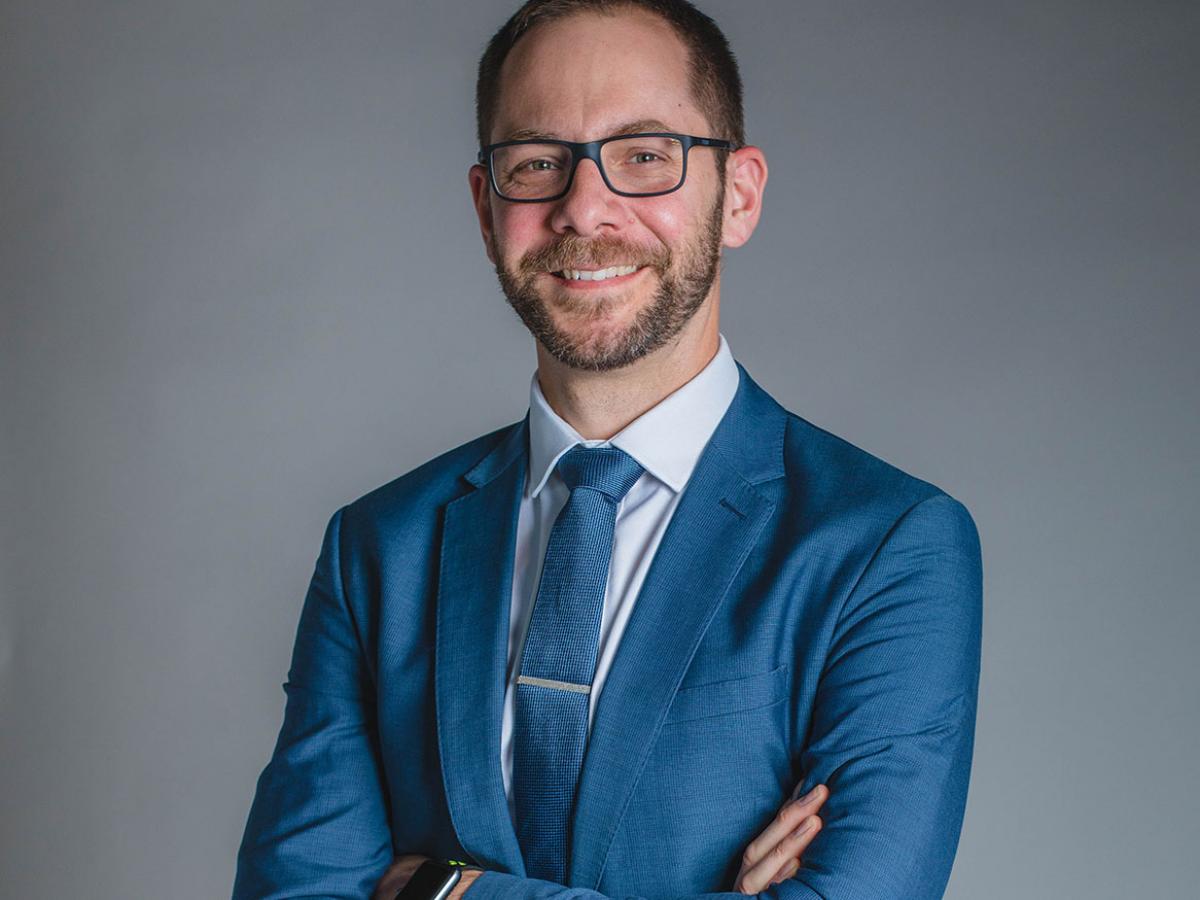
Simon Smart is an Associate Professor in the School of Chemical Engineering and Director of the Dow Centre for Sustainable Engineering Innovation at The University of Queensland. His research is centred around the sustainable production and use of energy and chemicals, with a particular focus on enabling membrane and catalyst technology for blue hydrogen. Simon has published more than 100 peer-reviewed journal and 9 book chapters at a h-index of 32.
-
A/Prof Syed Mubeen (SunHydrogen)
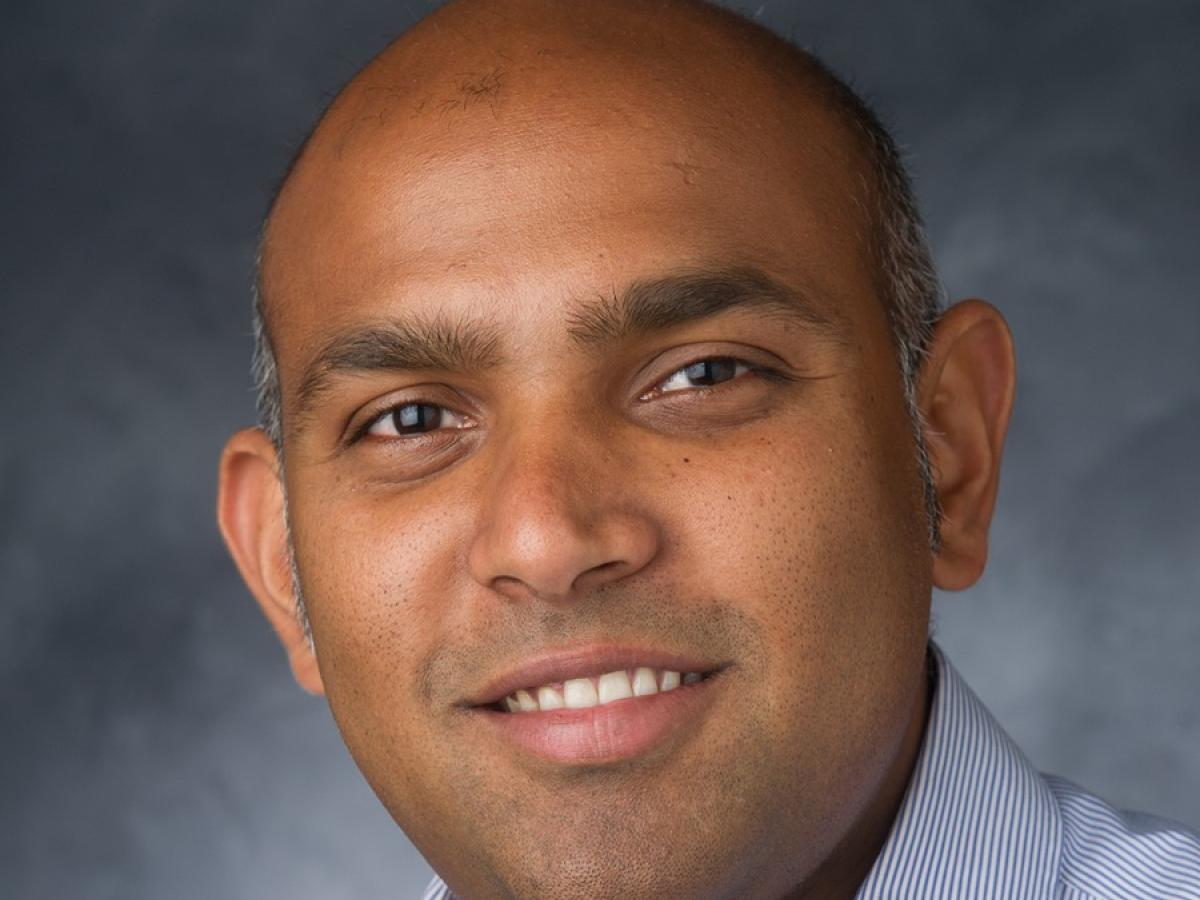
Syed Mubeen is a University of Iowa Chemical Engineering Professor and has served as Chief Scientific Officer for SunHydrogen Inc. since 2022. His expertise is in the intersection of nanotechnology and electrochemical engineering, specifically in solar fuel and chemical production. He has authored more than 60 peer-reviewed papers on electrochemistry and photoelectrochemistry, and his work has been cited over 6000 times.
-
Prof Tatsuya Kodama (Niigata)
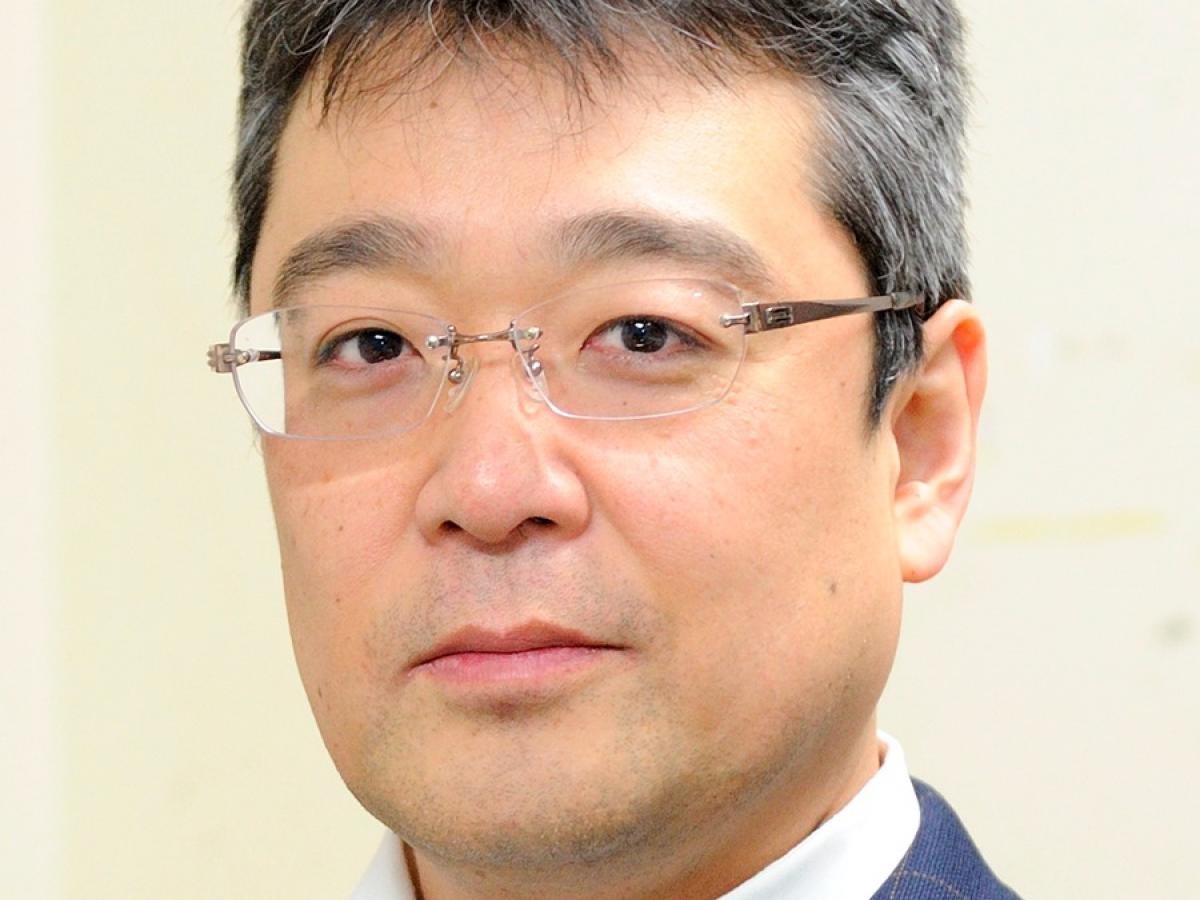
Prof. T. Kodama has been working in the field of concentrating solar thermochemistry (CSTC) for more than 20 years, developing the technologies on two-step water/CO2 splitting cycles, solar coal gasification, and solar methane reforming. He has authored over 100 research papers and some international patents in CSTC field. He conducted one of the biggest Japanese CSTC R&D projects, promoted by Japan Cabinet Office in 2010-2013 (NEXT). An100-kWth new solar beam-down system was built in Japan for demonstrating his innovative solar “particle fluidized bed” reactor to split H2O/CO2 to produce H2/CO.
He is currently one of the key partners of ARENA (Australian Renewable Energy Agency) project of “Solar Thermochemical Hydrogen Research and Development (2018-2024))” to demonstrate his solar particle fluidized bed reactor to split H2O using 500 kWth solar facility of CSIRO, Newcastle, Australia.
-
Tim Forbes (Hazer)

Tim Forbes is Chief Technical Officer at Hazer Group and is focused on commercialising the Hazer Process – Iron Catalysed methane pyrolysis to produce low emission, low cost hydrogen and graphite. Tim is a Chemical Engineer with 16 years industry experience, predominantly with ExxonMobil in R&D, Capital Projects and Process Operations Management spanning a broad range of process technologies including fluidized catalytic cracking, hydroprocessing and hydrogen production.
More recently he has worked at Fortescue Future Industries in green hydrogen and green iron technology development before joining Hazer Group early in 2023. At Hazer the primary areas of focus are commercial scaleup, Hazer Graphite technical market development and catalyst fundamentals.
-
Dr. Thomas I. Valdez (PlugPower)

Dr. Thomas I. Valdez reports to the Chief Technology Officer at Plug Power Incorporated, Latham, New York. His focus is on tracking hydrogen generation technology.
Thomas has over 30 years of experience in advanced power systems for military, space, underwater, and commercial applications. His career began at NASA's famed Jet Propulsion Laboratory (JPL) where he was a major contributor to the JPL Fuel Cell Group and Power Systems Section. After a 25-year career at JPL, he transitioned to Teledyne and continued to develop advanced fuel cell technologies such as what is featured in the Teledyne Subsea Supercharger®.
His educational background starts with being a student of Mr. Jaime Escalante, whose teachings were the basis of the Hollywood movie Stand and Deliver. Thomas holds a Bachelor of Science degree in Mechanical Engineering and a Master of Science degree in Materials Engineering from the University of California, Irvine. He completed his doctorate in Materials Science under Professor Florian Mansfeld, winner of the Electrochemical Society Vittorio de Nora Award, at the University of Southern California. Thomas also holds a Masters in Business Administration from Loyola University Maryland
-
Dr Tony McDaniel (Sandia)
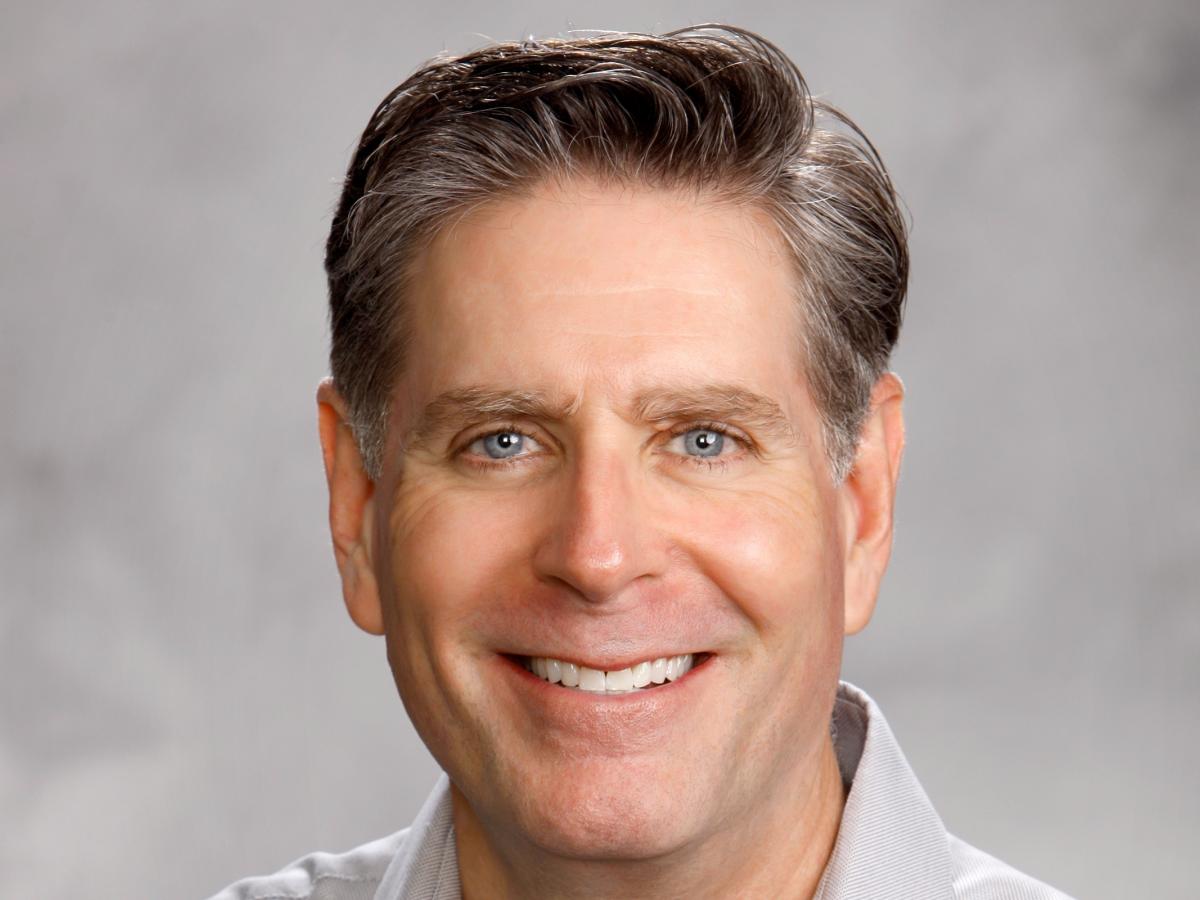
Dr. McDaniel is a Distinguished Member of the Technical Staff at Sandia National Laboratories and holds a PhD in Chemical Engineering from the University of California, Los Angeles. His research experience spans a range of topical areas important to functional materials and their application to developing technologies for energy storage and conversion. These include complex oxides used in the production of hydrogen by thermochemical water splitting and high temperature electrochemical processes. He has authored or coauthored over 100 peer reviewed papers and technical reports (https://scholar.google.com/citations?user=RSCJe88AAAAJ&hl=en&oi=ao).
Dr. McDaniel is the Solar Thermochemical Technology Lead for the HydroGEN Advanced Water Splitting Materials Consortium (h2awsm.org), which is a US Department of Energy—Energy Materials Network dedicated to advancing the technology readiness level of renewable hydrogen production. Through HydroGEN and other programs, he manages multidisciplinary teams comprised of US National Laboratories and Universities in collaborative R&D settings focused on developing and demonstrating technologies for sustainable solar fuels.
-
Dr Xiaoting Wang (BNEF)
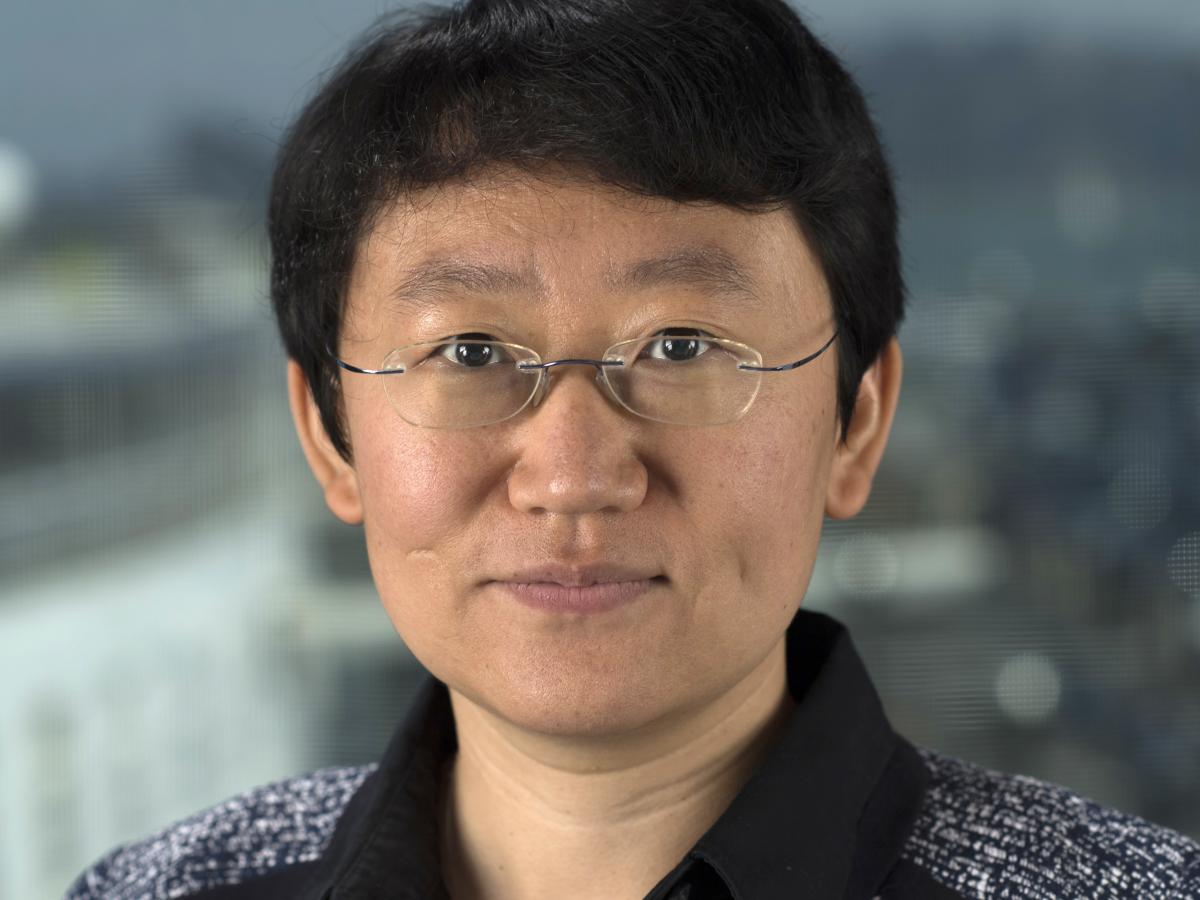
Dr Xiaoting Wang has been conducting research on the photovoltaic industry for BloombergNEF since 2012 and has published more than 200 insight notes. Her routine research scope covers shifts in crystalline silicon module technology, perovskites, innovation in project design, construction, and maintenance. Since 2019, Xiaoting’s research topics have included the technologies and economics of making hydrogen from renewables.
Before joining BloombergNEF, Xiaoting worked as a post-doctoral researcher at the Center of Energy and Environmental Policy at the University of Delaware, following a five-year PhD program in the Department of Electrical and Computer Engineering at the University of Delaware. During her academic research, Xiaoting published 19 articles in international journals and books, with the topics spanning a range of photovoltaic module research and development, performance measurement and modelling, and assessment of the value of high efficiency modules.
-
Prof Zetian Mi (UMich)
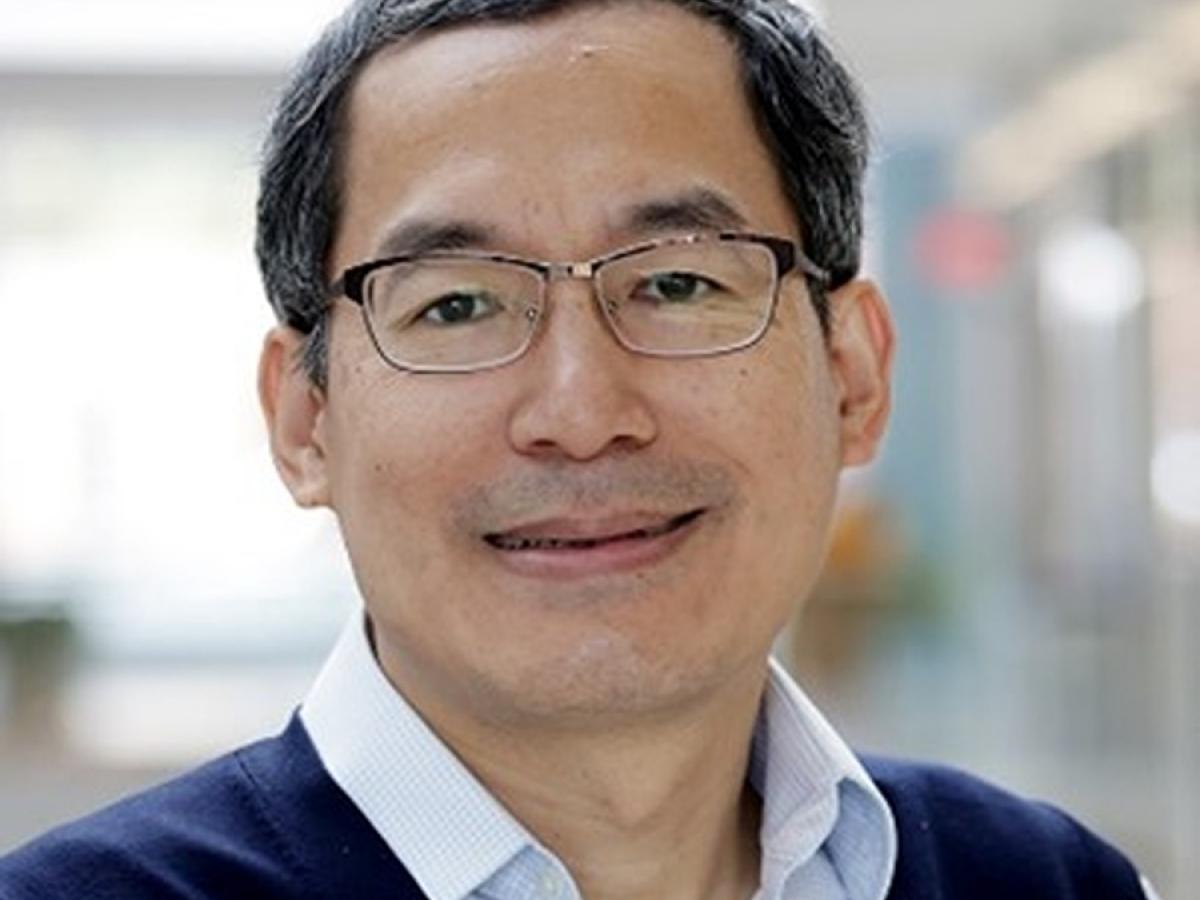
Zetian Mi is a Professor in the Department of Electrical Engineering and Computer Science at the University of Michigan, Ann Arbor. His teaching and research interests are in the areas of low dimensional semiconductors and their applications in photonic, electronic, clean energy, and quantum devices and systems. Prof. Mi has received the Science and Engineering Award from W. M. Keck Foundation in 2020, the David E. Liddle Research Excellence Award in 2021, the Young Scientist Award from the International Symposium on Compound Semiconductors in 2015, the IEEE Photonics Society Distinguished Lecturer Award in 2020, and the IEEE Nanotechnology Council Distinguished Lecturer Award in 2023.
Prof. Mi currently serves as the Editor-in-Chief of Progress in Quantum Electronics, the Serial Editor of Semiconductors and Semimetals, and Vice President for Conferences of IEEE Photonics Society. Prof. Mi is a fellow of IEEE, APS, SPIE and Optica.
-
Prof Akshat Tanksale
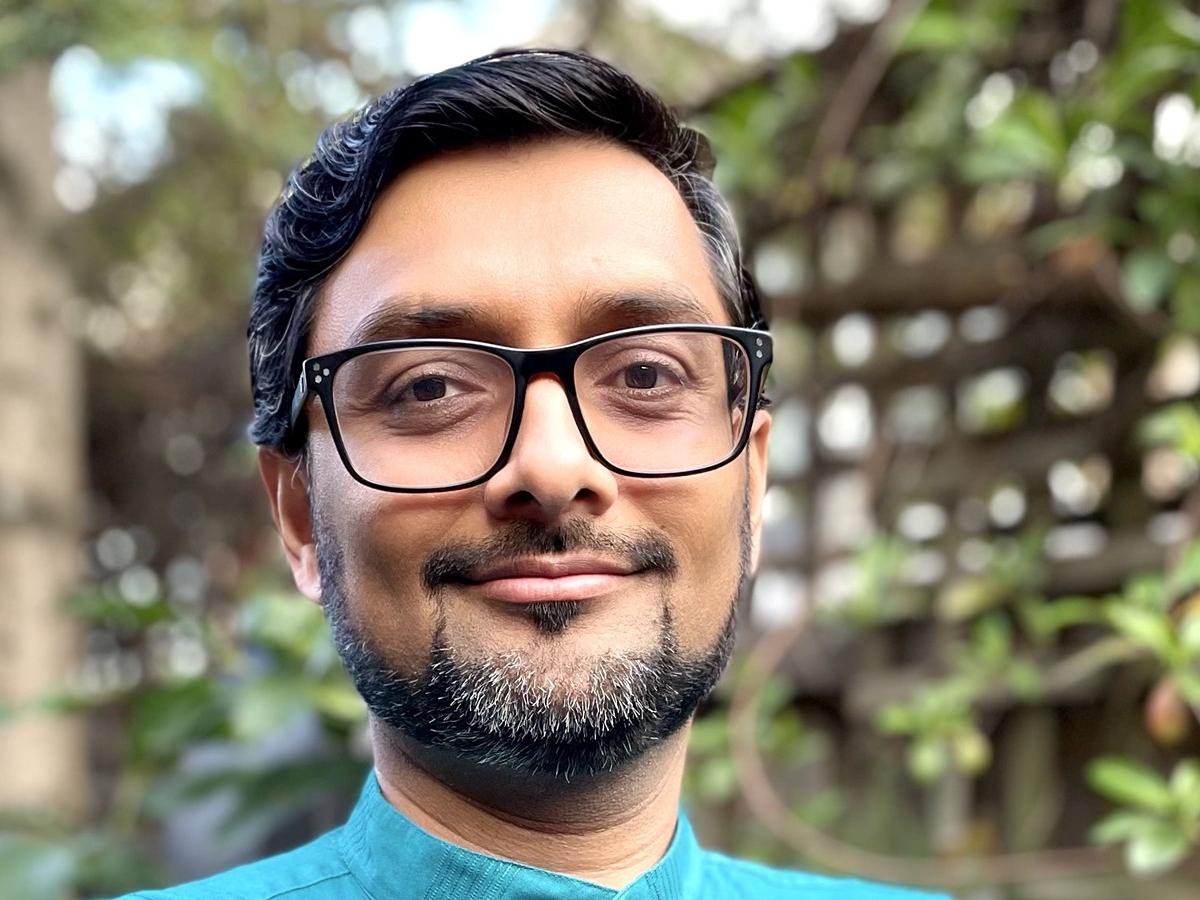
Professor Akshat Tanksale, is a group leader in the Department of Chemical & Biological Engineering at Monash University, the Carbon Theme leader at the Woodside Monash Energy Partnership and the Deputy Director of ARC Research Hub for Carbon Utilisation and Recycling. He has pioneered work on Reactive Flash Volatilisation of biomass into hydrogen rich syngas, and CO2 conversion into C1-C2 bulk chemicals such as syngas, formaldehyde and its derivatives, formic acid and acetic acid. He is a lead inventor on 2 patents on Reactive Flash Volatilisation, 3 patents on CO2 conversion, in addition to 2 other patents on circular economy.
His area of expertise is heterogeneous catalysis, nanoporous materials, reaction engineering and green chemistry. He currently leads projects with Woodside and other industry partners on CO2 capture and carbon conversion, using heterogeneous and plasmonic catalysis. He is also one of the academic supervisors of the student team, Monash Carbon Capture and Conversion (MC3) which recently won the US$250,000 XPrize Carbon Removal student competition.
-
Prof Alberto Abanades (UPMadrid)

Full Professor of the Department of Energy Engineering of the ETSII-UPM, and deputy director of master's and doctoral programs at the ETSII from April 2018 to April 2022. Director of the Department of Energy Engineering of the UPM since December, 2022.
After a 2-year stay at CERN (Geneva), integrated into the team of Nobel Prize Laureate Prof. Rubbia , he was project manager at LAESA, a company founded for the development of the Energy Amplifier. He was a collaborator from March 2012 to October 2015 at the Institute for Advanced Sustainability Studies, in Potsdam (Germany), as coordinator of the research area on the use of fossil fuels through their transformation into Hydrogen without greenhouse gas emissions.
He currently develops his teaching and research activity in the field of Thermal Machines and Engines, also participating as a speaker in specialized courses, conferences and technological developments related to energy, thermal systems, concentrated solar thermal energy, as well as in research in technologies Hydrogen generation as methane pyrolysis, and transmutation of radioactive waste.
Related to various aspects of the world of energy (renewable, nuclear, hydrogen), Dr Abánades has 17 patents, 59 publications in international journals of impact, 92 presentations at international and national conferences, 7 chapters of scientific books and has directed 8 doctoral theses. Dr Abánades is in the ranking of the Stanford University’s Top 2% Scientists.
-
Dr. Ashley Roberts (EPRI, USA)

Dr. Ashley Roberts evaluates technical and commercial aspects of low-emission energy technologies and developments. She is particularly interested in the commercialisation of new technologies and applying insights from life cycle assessments to guide critical, early-stage investment and policy decisions.
Ashley holds a PhD in Materials Science from Monash University and a dual MBA/MS in Engineering Physics from Appalachian State University. She has worked as a research scientist, business strategist, energy analyst, and commercialisation officer for industry, government, and start-ups in Australia, Europe, and the USA.
Ashley recently joined the Electric Power Research Institute (EPRI) as a Senior Technical Leader. EPRI’s Low-Carbon Resources Initiative (LCRI) is targeting advances in the production, distribution, and application of low-carbon, alternative energy carriers and the cross-cutting technologies that enable their integration at scale.
-
Prof Christian Sattler (German Aerospace Center, DLR)

Professor Christian Sattler studied chemistry at the University of Bonn, Germany. He is Acting Divisional Board Member for Energy and Transport of the German Aerospace Center (DLR), Director of DLR’s Institute of Future Fuels, and Professor for solar fuel production at RWTH Aachen University, Germany.
Professor Sattler serves as Vice President of the Association Hydrogen Europe Research representing the European research institutions in the European Clean Hydrogen Partnership. He is the national representative to tasks of the IEA’s SolarPACES Implementing Agreement, and member of the ASME’s Clean Energy Technical Group.
-
Dr Edgardo Coda Zabetta (Sumitomo SHI FW)

Dr Edgardo Coda Zabetta graduated in Energy Technology at Genoa University (Italy) in 1997.
He has a PhD in Combustion Chemistry from Åbo Akademi University (Finland) in 2002. Having joined Foster Wheeler as Research Specialist in 2006, he then continued as R&D manager in Combustion Chemistry and Materials and is now the director of R&D and Patents since 2014 in Foster Wheeler, which became AMEC Foster Wheeler, and ultimately Sumitomo SHI FW.
-
Elinor Alexander (SA Govt)
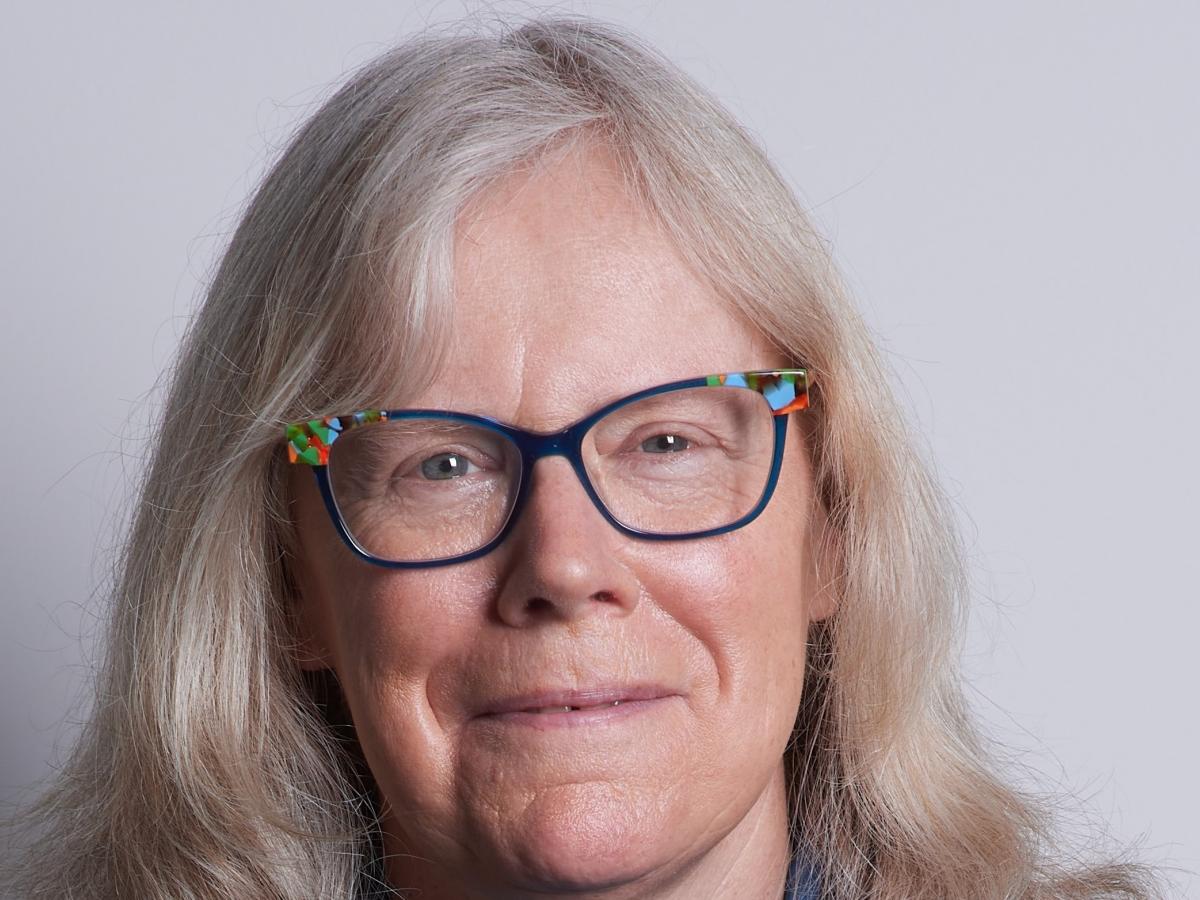
Elinor commenced with the Department as a geologist in the South Australian Department of Mines and Energy in 1985 after graduating from the University of Adelaide with an Honours degree in geology.
Since the 1990s Elinor has focused on researching and marketing SA’s petroleum, geothermal, gas storage and more recently, hydrogen potential, to the world to attract investment via acreage releases, new data products and research deliverables.
In her current role in the Department she is oversighting energy resources prospectivity research, investment attraction activities and is involved in regulating company work programs and data compliance.
-
Prof Ellen B. Stechel (ASU)

Ellen B. Stechel is Co-Director, ASU LightWorks®; Professor of Practice, Molecular Sciences; and Senior Sustainability Scientist, Julie Ann Wrigley Global Futures Lab, and Fellow in the Institute for the Future of Innovation in Society. She has built and coordinated research programs at a national laboratory, in the automotive industry; at a U.S. government agency; and now in academia. Her current research focuses on materials and systems design for concentrating solar technologies for producing sustainable liquid hydrocarbons from carbon dioxide, hydrogen from advanced water splitting, clean water, renewable ammonia, and for thermochemical energy storage.
Dr Stechel holds numerous positions of an advisory or editorial capacity, nationally and internationally, and has published over 100 peer reviewed articles. Recently a project team, in which she is a co-PI, won the U.S. Department of Energy 2021 R&D award for Hydrogen Production Technologies.
-
Dr Enoch Dames (Monolith)

Dr. Dames is the manager of Reactor R&D at Monolith and leads teams of engineers and scientists responsible for furthering technology, processes, and product offerings via plasma processing of hydrocarbons.
He is based in California, USA.
-
A/Prof Fatwa Abdi (City University of Hong Kong)

Fatwa F. Abdi is an Associate Professor in the School of Energy and Environment, City University of Hong Kong (CityU HK). He obtained his PhD (cum laude) in Chemical Engineering from TU Delft, the Netherlands, in 2013, and he was the recipient of the Martinus van Marum prize from the Royal Dutch Society of Sciences and Humanities. Prior to joining CityU HK, he was a group leader and the deputy head of Institute for Solar Fuels, Helmholtz-Zentrum Berlin, Germany. His research group is interested in the development of materials and engineering of devices for solar-to-chemical conversion applications.
His group focuses on complex metal oxides with activities spanning from investigating their fundamental material properties using e.g., spectroscopy techniques to implementing bulk and surface modification strategies to overcome their limitations. At the same time, his group utilizes the combination of multiphysics modelling and validation experiments to identify challenges associated with device scale-up and demonstrate highly efficient solar-to-chemical conversion devices.
-
A/Prof Fiona Beck (ANU)
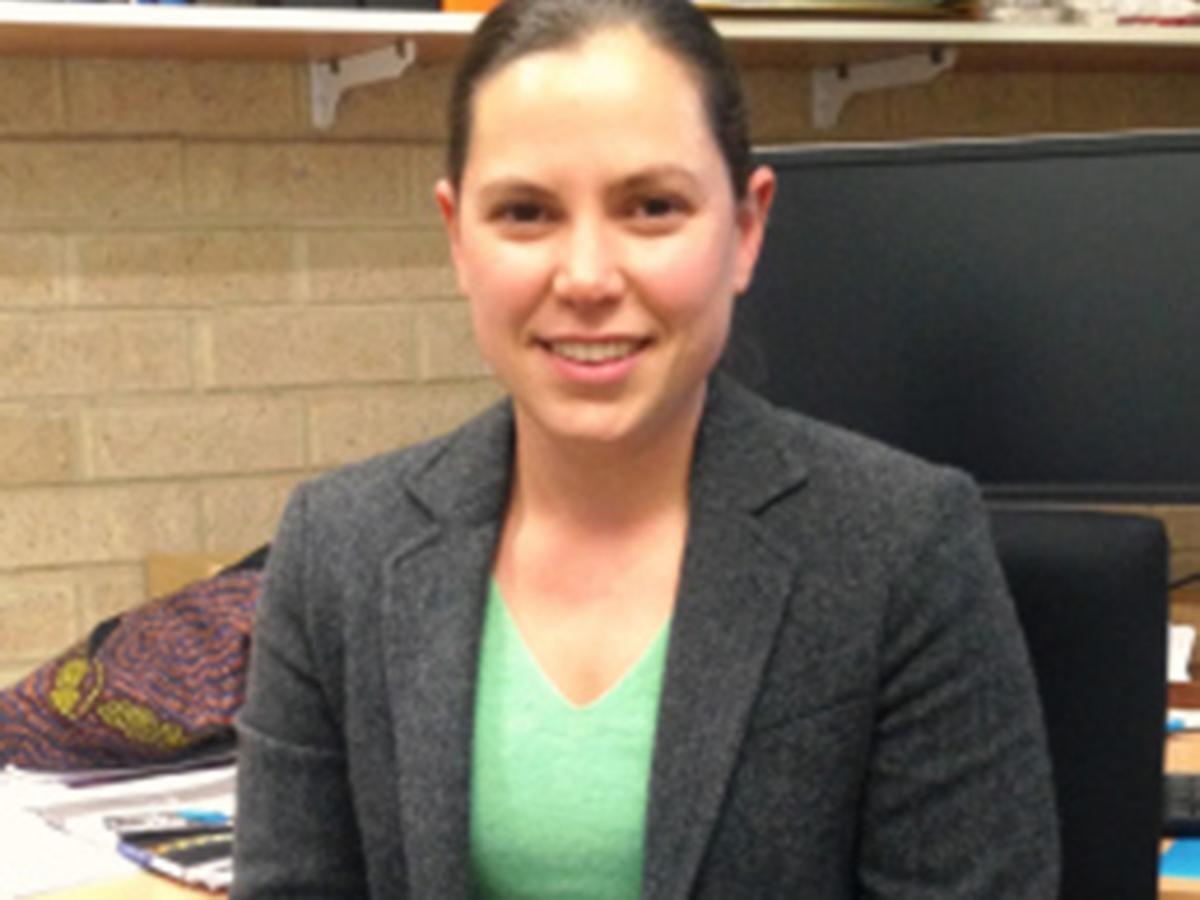
A/Prof Beck leads a research group at the School of Engineering, working to leverage a deeper understanding of light-matter interactions on the nanoscale for application in renewable energy, carbon dioxide reduction, and solar fuel applications. Her technical work has been published in high impact journals and cited >3000 times.
She is also the Convenor of the Hydrogen Fuels project for ZCEAP - ANU’s Zero-Carbon Energy for the Asia-Pacific, Grand Challenge, working with a transdisciplinary team from across ANU to help transform Australia into a leading exporter of renewable fuels in our region. In this role she has contributed significantly to the national conversation on new, zero-carbon industries and exports for Australia, through outreach, academic publications, submissions to government, and contributions in National and International media.
A/Prof has a background in applied physics (MSci 2006, University of Glasgow) and engineering (PhD 2011, ANU), and has previously held prestigious international fellowships including a Marie Curie Fellowship from the European Commission (IIF, 2012), and a Discovery Early Career Researcher Award (DECRA, 2018) from the Australian Research Council.
-
Prof Francois Aguey-Zinsou (USyd)
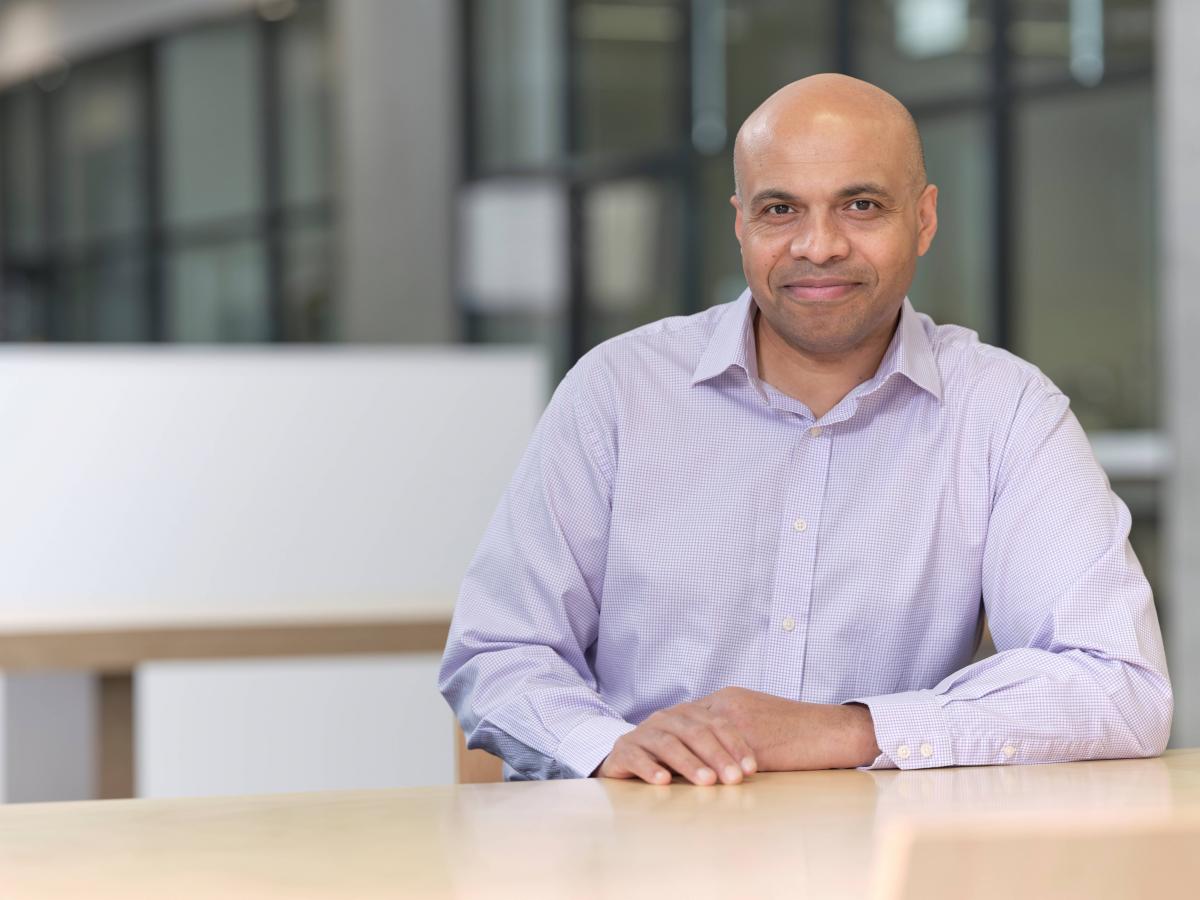
Francois Aguey-Zinsou is Professor of Chemistry at the University of Sydney, where he leads the MERLin (Materials Energy Research Laboratory in nanoscale) group – School of Chemistry and with 20 years’ experience one of the leading experts in hydrogen technologies advising many key stakeholders including as part of the ISGP hydrogen future pathways.
Francois Aguey-Zinsou is Vice-President of the Australian French Association for Research and Innovation, Co-director of the Australian-French Research Network FACES and the ARC Training Centre for Hydrogen GlobH2E. He is also the President and CTO of H2potential.
-
Prof Hai Wang (Stanford)
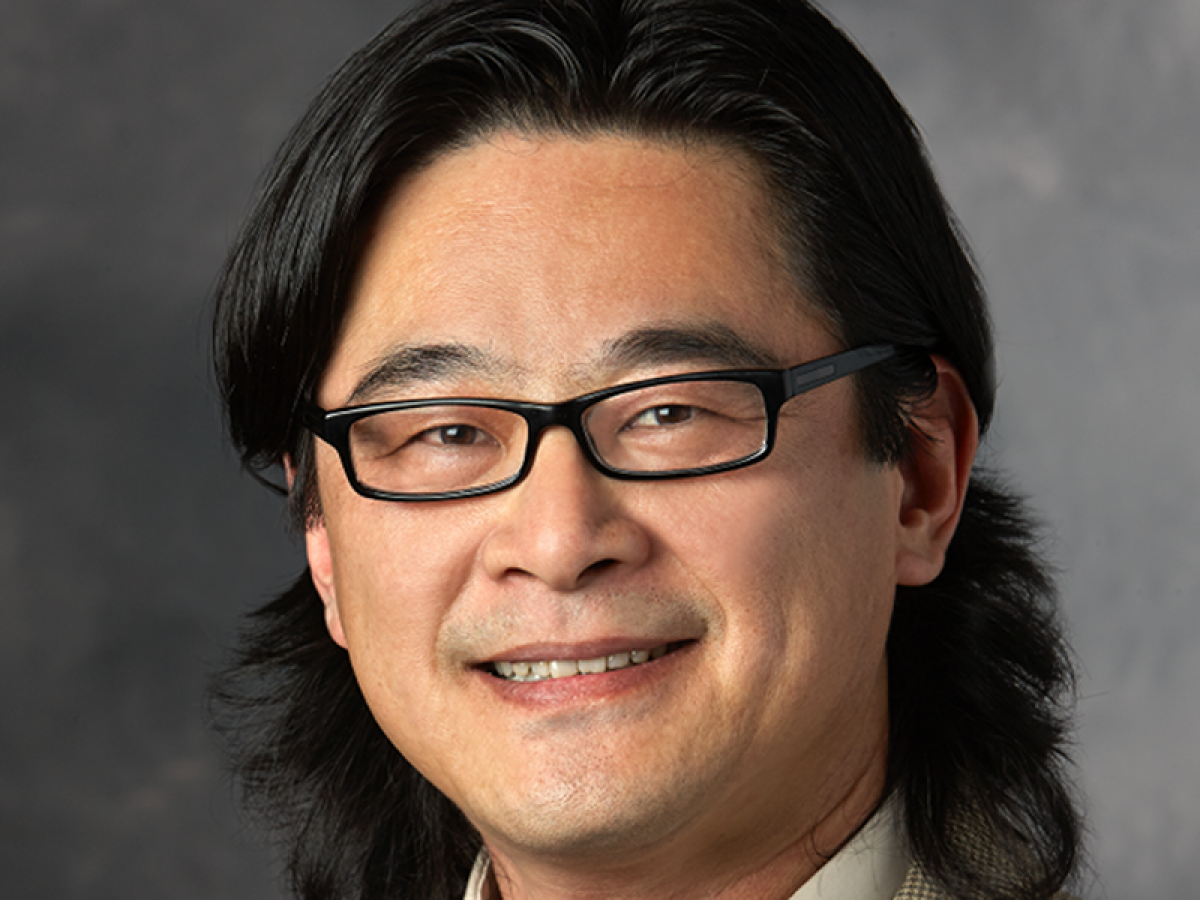
Hai Wang is Professor of Mechanical Engineering at Stanford University. Prior to his appointment at Stanford, he was the Northrop Chair in Engineering and Professor of Aerospace and Mechanical Engineering at USC. He received his Ph.D. in Fuel Science from Penn State in 1992. He was a Professional Research Staff at Princeton University from 1994 to 1996 before starting his faculty career at the University of Delaware. He is best known for his work on the mechanisms of PAH and soot formation in combustion and development of chemical kinetic models for fuel combustion. He has made contributions in the application of ab initio quantum chemistry and reaction rate theory in chemical kinetics. He developed stochastic methods for detailed modelling and uncertainty quantification.
He contributed to the transport theories of nanoparticles and large molecules, atmospheric heterogeneous chemistry, and nanomaterials synthesis and its applications in solar cells and lithium ion batteries. He was the recipient of the AIAA Propellant and Combustion Award in 2018, and the Humboldt Research Award in 2019. He is a Fellow of ASME and an inaugural Fellow the Combustion Institute. He currently serves as the Co-Editor-in-Chief of Progress in Energy and Combustion Science and the Vice President (President-Elect) of the Combustion Institute.
-
Jean-Louis Kindler (Ways2H)

Jean-Louis Kindler is CEO of Ways2H, a leading commercial provider of Waste-to-Hydrogen solutions for mobility and grid applications. Jean-Louis and his team are developing projects that transform the world’s worst waste - MSW, plastics, medical refuse - into clean energy and fuel.
A 30-year veteran of the cleantech industry with work experience in Europe, Asia and North America, Jean-Louis led the development of various technologies including electrochemical water treatment, bio-based waste-to-energy as well as fuel cell components manufacturing.
-
Dr Jenny Hayward (CSIRO)

Jenny has a PhD from the University of Sydney in computational chemistry and has expertise techno-economic, economic, chemical and biological modelling. She has worked in interdisciplinary environments to provide analysis on issues of future strategic significance.
Jenny is a principal research scientist in CSIRO Energy. She leads research projects on technology cost projections and the models she has developed are used to project the cost of electricity generation, energy storage and hydrogen production technologies for AEMO and the Australian Government. Jenny has made economic modelling contributions to roadmap and renewable energy projects, including CSIRO Energy Storage Roadmap, the Federal government’s 2020 Low Emissions Technology Statement, the CSIRO National Hydrogen Roadmap and the Low Emissions Technology Roadmap.
She has contributed to studies undertaken by CSIRO on different parts of the hydrogen value chain, transport, biofuels, energy storage, remote area power systems and all types of electricity generation and fuel conversion technologies. Dr Hayward’s focus is on developing new methods and modelling approaches to provide robust projections of the capital costs of existing and emerging electricity generation and fuel conversion technologies. She is a member of the Technical Advisory Group of the Mission Innovation international clean energy initiative.
-
Prof Jinjia Wei (Jiaotong)

Jinjia WEI is a professor of Xi’an Jiaotong University, China. His research interests include solar thermal/ chemical conversion and utilization, and two-phase flow and heat transfer.
He is the national Coordinator of Task II, Solar Power and Chemical Energy Systems (Solar PACES), International Energy Agency, the council member of International Center of Heat and Mass Transfer, and the editorial board member of 5 international journals.
He has published more than 300 peer reviewed international journal papers, and gave 27 invited presentations in international conferences. He was authorized more than 30 national invention patents and one international invention patent.
-
A/Prof Jonathon Love (QUT)
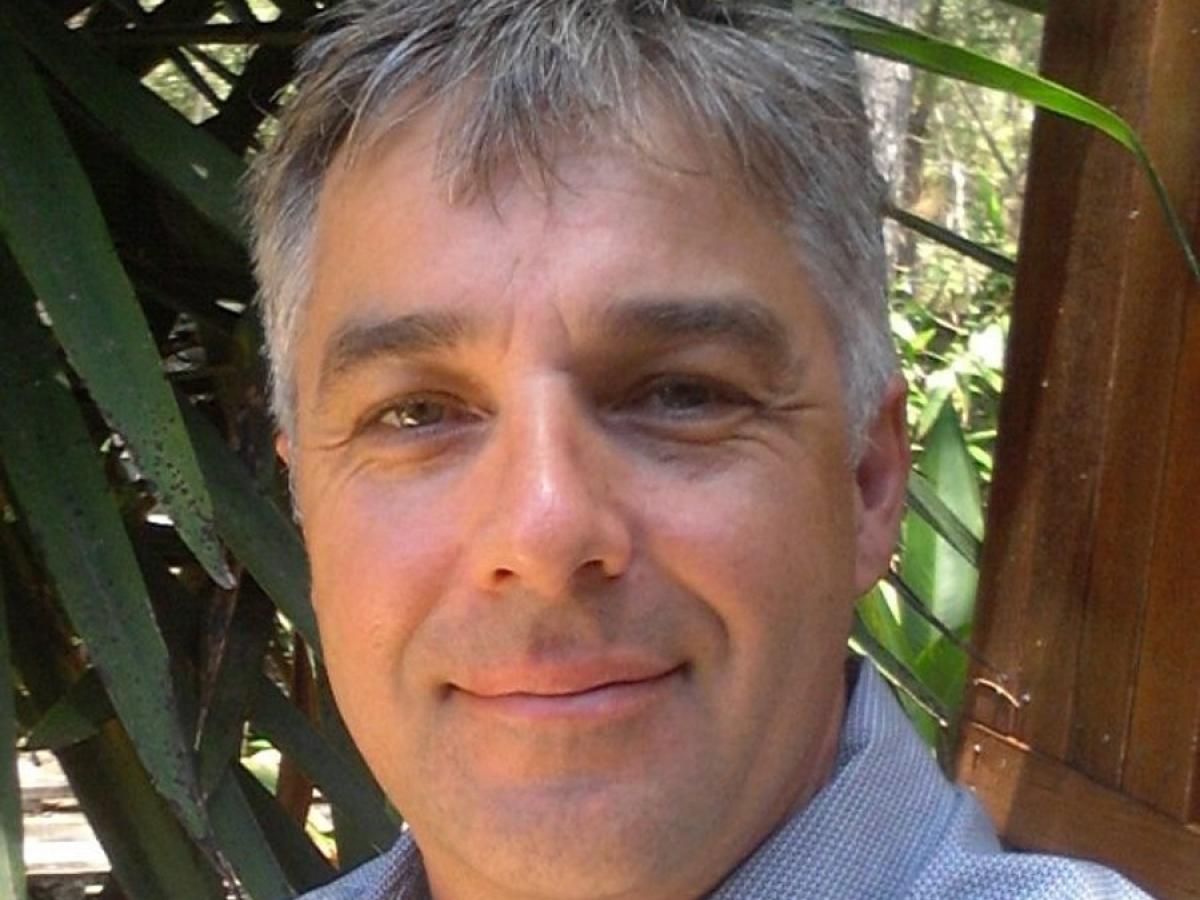
Jonathan has a PhD in Electrochemistry and 25 years RD&D experience in the international solid oxide fuel cell (SOFC) industry. Jonathan joined QUT in 2018 to participate in the QUT led H2Xport project with research interests in fuel cells, electrolysers and renewable hydrogen. Jonathan is currently commissioning a 50kW scale testbed for researching solar energy conversion to renewable hydrogen production including thermal integration for optimised energy and water efficiency.
Prior to becoming an academic, Jonathan held key leadership positions in Ceramic Fuel Cells Limited (CFCL) and collaborated internationally on R&D SOFC projects. Jonathan is an award-winning industrial researcher as co-recipient of the Australasian Industrial Research Group (AIRG) Medal for Australasian SME Technological Innovation in 2012 with key members of the BlueGen™ Development Team at CFCL.
-
Judy Hua Yang (PERIC)
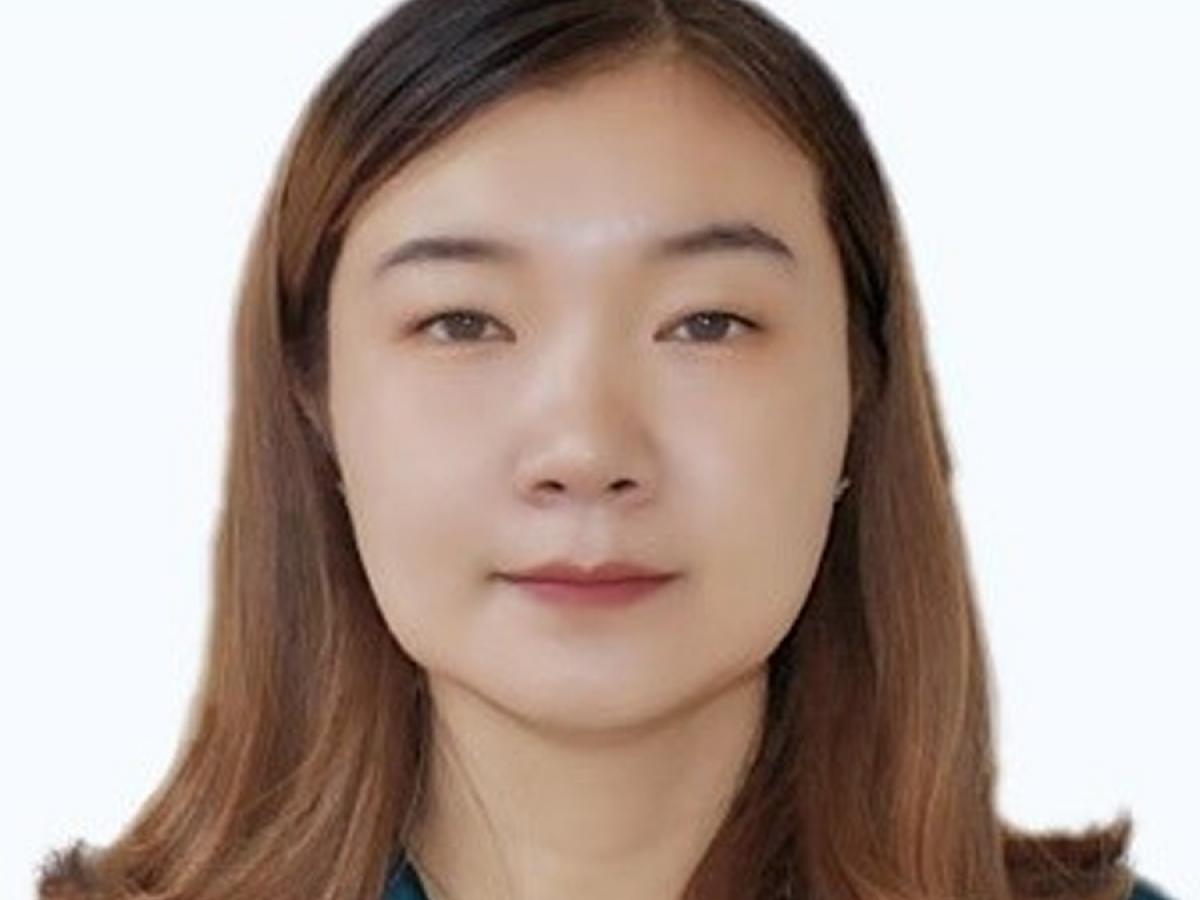
Ms. Judy Hua Yang is the Business Development Manager of PERIC Hydrogen Technologies in charge of international market development, project management and international standards’ compliance. Judy has managed the international projects with, such as, Air Liquide (Singapore and Taiwan), AMM Power (USA), Engie (Australia) and TEZCAN (Turkey), etc. She graduated from Renmin University in 2014 with a Master in English Language & Literature.
In Australia, Judy and PERIC have worked with local partner like Dimer Technologies in successfully signing the turn-key electrolyser contracts with Engie Yuri Project in WA (10MW), Lion Project in QLD (1.2MW) and Uni Melbourne Project (Pilot H2 Plant supported by the Gates Foundation). Meanwhile, PERIC is engaged in the tenders of 10MW in NSW and 40MW in QLD, as well as taking part in FEEDs, FS and Designs of four more large projects of green hydrogen and green ammonia rated at 100MW, 400MW and 1GW, respectively.
-
Dr Linda Stalker (CSIRO)
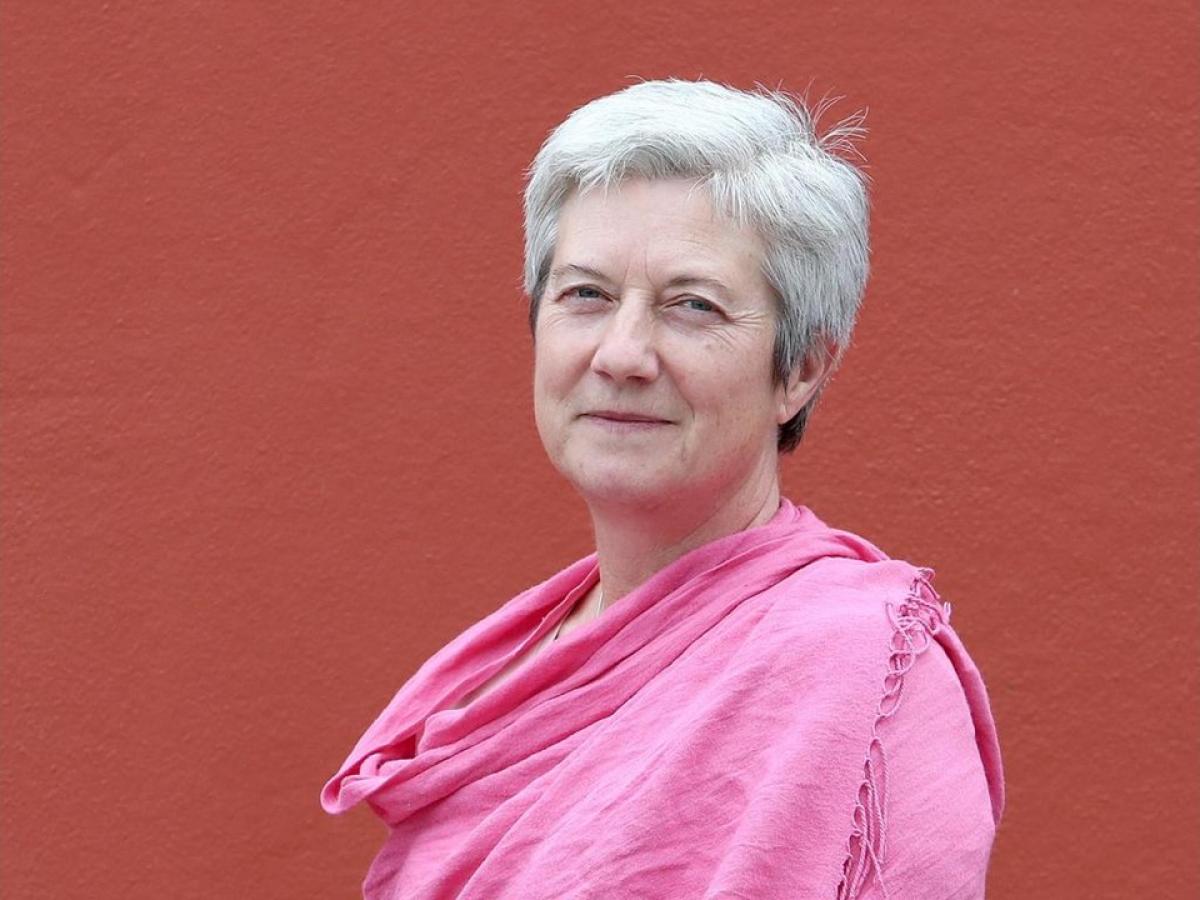
Linda Stalker is a Senior Principal Research Scientist who obtained a BSc. (Hons) in Applied Geology (University of Strathclyde, Scotland), and a PhD on the contribution of sedimentary organic matter to the generation of oxygenated species (including CO2) in North Sea oilfields at the University of Newcastle-upon-Tyne. After a post-doctoral study into organosulphur compounds trapped in coals at the University of Oklahoma (USA) she relocated to Norway to work at Statoil, in E&P including 2 years on the Sleipner Field.
She joined CSIRO as leader in gas geochemistry, conducting research on natural gas, coal seam gas as well as CO2 related research with CO2CRC. She also conducted research in monitoring and verification, with particular focus on chemical tracers. Linda has been Science Director of the National Geosequestration Laboratory (NGL) since 2012.
In more recent times she has been applying her gas geochemistry expertise to the emerging area of exploration for naturally occurring hydrogen and parallels between hydrogen and other forms of gas storage.
She maintains her research activities through contributing to major projects in Carbon Capture & Geological Storage, in areas of geochemistry, monitoring, social licence to operate and education.
-
Prof Meng Tao (ASU)
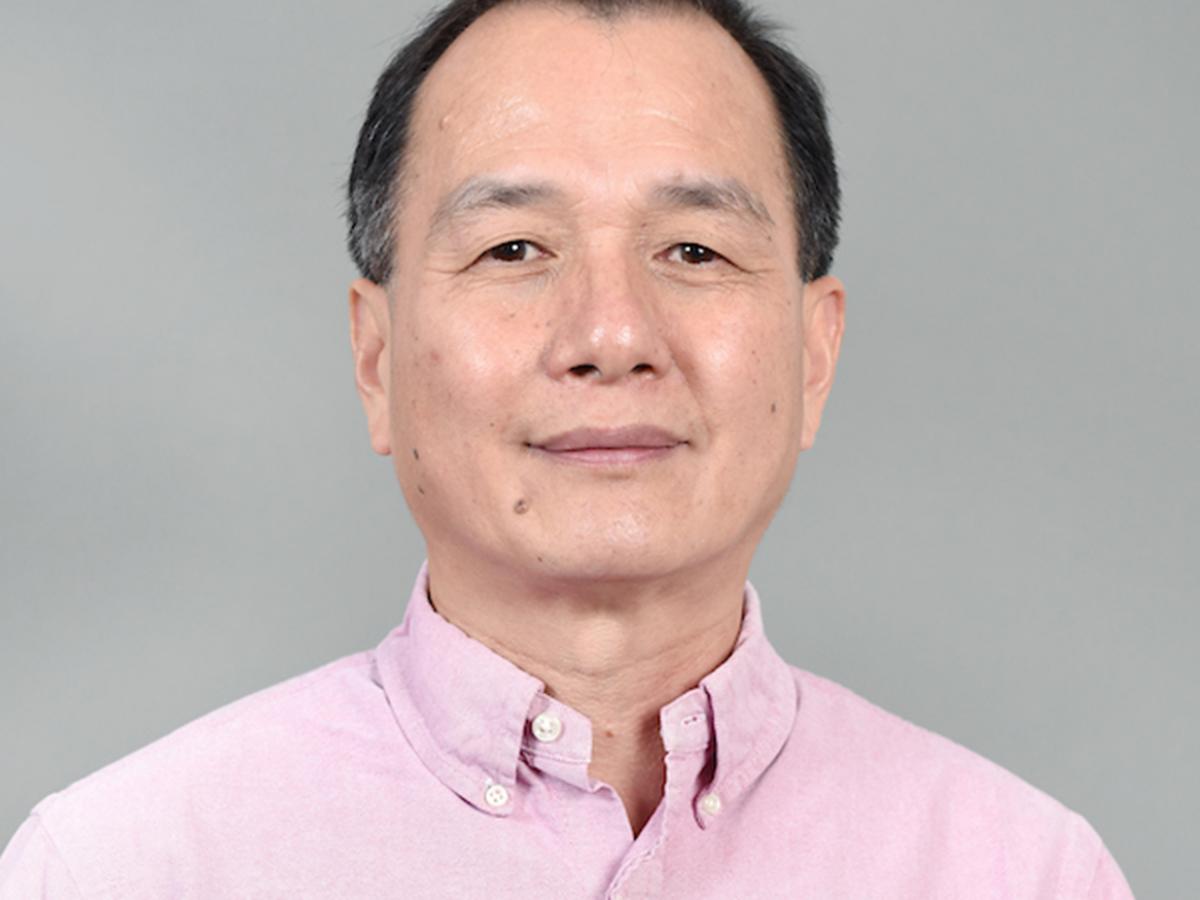
Dr Meng Tao joined Arizona State University in 2011 as a professor in the School of Electrical, Computer and Energy Engineering and now heads the Physical Electronics and Photonics Program. His research focuses on sustainable solar technologies, from materials and devices to systems and applications. He played a critical role in the initiation and launch of the US. Photovoltaic Manufacturing Consortium under SEMATECH.
He has been the lead organiser for the Electrochemical Society symposium series on Photovoltaics for the 21st Century for over a decade. He is an editor of the ECS Journal of Solid State Science and Technology. He was awarded the Fulbright Distinguished Chair in Alternative Energy Technology and was invited to the 2017 Nobel Award Ceremony in Stockholm.
-
Dr. Peter Loutzenhiser (GIT)
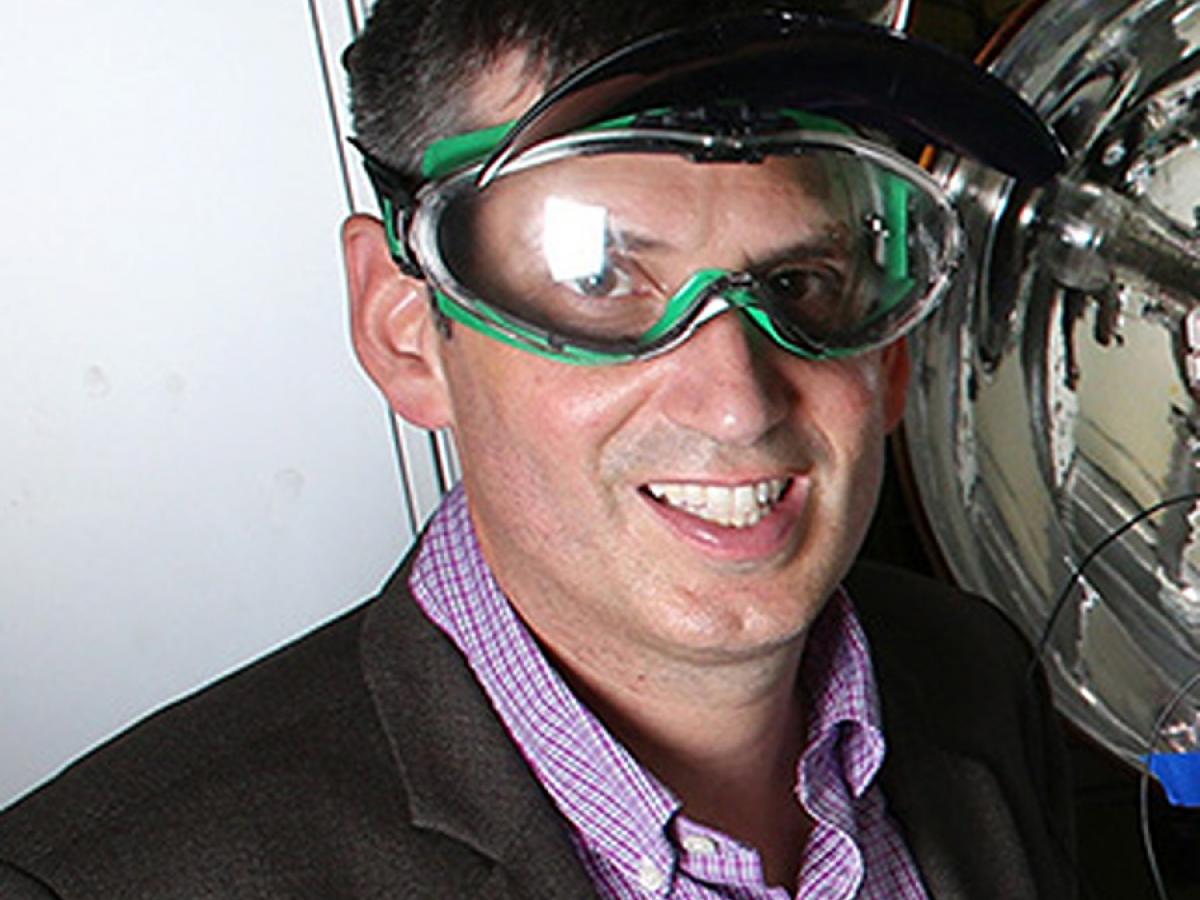
Dr. Peter Loutzenhiser is an Associate Professor in the Woodruff School of Mechanical Engineering at the Georgia Institute of Technology (GIT). He joined the faculty of GIT in May 2012 and is pursuing research in the area of Solar Thermochemistry and Technology, and he has directed research in this area funded by the U.S Department of Energy and NASA. He was the recipient of the ASME Solar Energy Division’s prestigious Yellott Award in 2018, and he was elected Fellow of the ASME in 2023. He also serves as an Associated Editor for Solar Energy and is on the editorial board of Materials. Dr. Loutzenhiser received his PhD in Mechanical Engineering from Iowa State University in May 2006.
Research for his PhD was performed at the Swiss Federal Laboratories for Materials Testing and Research (EMPA) and focused on Building Physics. Dr. Loutzenhiser was a post-doctoral researcher at the Paul Scherrer Institute, applying his extensive solar experience to the field of Solar Thermochemistry. He continued his research at the ETH Zurich in Solar Thermochemistry where he was a Lecturer and Research Associate prior to moving to GIT.
-
A/Prof Sophia Haussener (EPFL)

Sophia Haussener is an Associate Professor heading the Laboratory of Renewable Energy Science and Engineering at the Ecole Polytechnique Fédérale de Lausanne (EPFL). She received her PhD (2010) in Mechanical Engineering from ETH Zurich. Between 2011 and 2012, she was a postdoctoral researcher at the Joint Center of Artificial Photosynthesis (JCAP) and the Energy Environmental Technology Division of the Lawrence Berkeley National Laboratory (LBNL). She is the vice president of EPFL’s research award commission (since 2021). She has published over 80 articles in peer-reviewed journals and conference proceedings, and 2 books. She has been awarded the ETH medal (2011), the Dimitris N. Chorafas Foundation award (2011), the ABB Forschungspreis (2012), the Prix Zonta (2015), the Global Change Award (2017), and the Raymond Viskanta Award on Radiative Transfer (2019), and is a recipient of the Starting Grant of the Swiss National Science Foundation (2014). She is a co-founder of the startup SoHHytec aiming at commercializing photoelectrochemical hydrogen production. She is the former chair of the American Society of Mechanical Engineers (ASME) Solar Energy Division, a former Member of the Scientific Advisory Council of the Helmholtz Zentrum, and a member of the scientific board of the Liquid Sunlight Alliance.
Her current research is focused on providing design guidelines for thermal, thermochemical, and photoelectrochemical energy conversion reactors through multi-physics modelling and demonstrations. Her research interests include: Thermal sciences, fluid dynamics, charge transfer, electro-magnetism, and thermo/electro/photochemistry in complex multi-phase media on multiple scales.
-
Tanya Hodgson (ARENA)

Tanya Hodgson is an Investment Manager at the Australian Renewable Energy Agency (ARENA), focused on accelerating the development of a commercial hydrogen market in Australia. She works closely with entities from start-ups to incumbents to progress early-stage hydrogen technologies ranging from R&D to trial, demonstration, and deployment. ARENA’s industry exposure provides unique perspectives on the challenges and opportunities facing the hydrogen market in Australia, across the value chain.
Tanya has a technical background in the sciences, holding a Bachelor of Science in Chemistry and Applied Biology, as well as a Bachelor of Engineering in Chemical Engineering, both from the University of Cape Town. Prior to ARENA, she worked for a top tier management consulting firm, developing robust strategic and Private Equity skillsets, working with over 20 companies across South Africa and Australia.
-
Dr Tara Hosseini (CSIRO)

Dr Tara Hosseini is a Senior Research Scientist at CSIRO in Australia and contributes to solving the greatest energy challenges in Australia. Since joining CSIRO in April 2022, she works on the design and development of tailored energy solutions for various industries seeking to decarbonise their sectors. She is also contributing to a couple of projects related to the decarbonisation of heavy industries in the HILT CRC. She received a PhD in Chemical Engineering from Monash University in 2016 and since then she has worked on research and development of renewable and low-emission energy technologies. Dr Hosseini has worked on different aspects of the hydrogen supply chain including hydrogen production technologies, hydrogen distribution, end-use and integration of intermittent renewable energies with hydrogen production, storage and supply to hydrogen users. She is also experienced in the thermochemical conversion of coal and biomass into hydrogen and other low-emission fuels through pyrolysis, co-pyrolysis and gasification.
Before joining CSIRO, she worked at the University of Adelaide as a research fellow (2019-2020) and Lecturer (2020-2022). She completed a couple of projects for the Future Fuels CRC. She also has experience of work at Monash University as a research fellow working on the design and development of low-emission energy technologies including hydrogen from pyrolysis and gasification (2016-2019).
